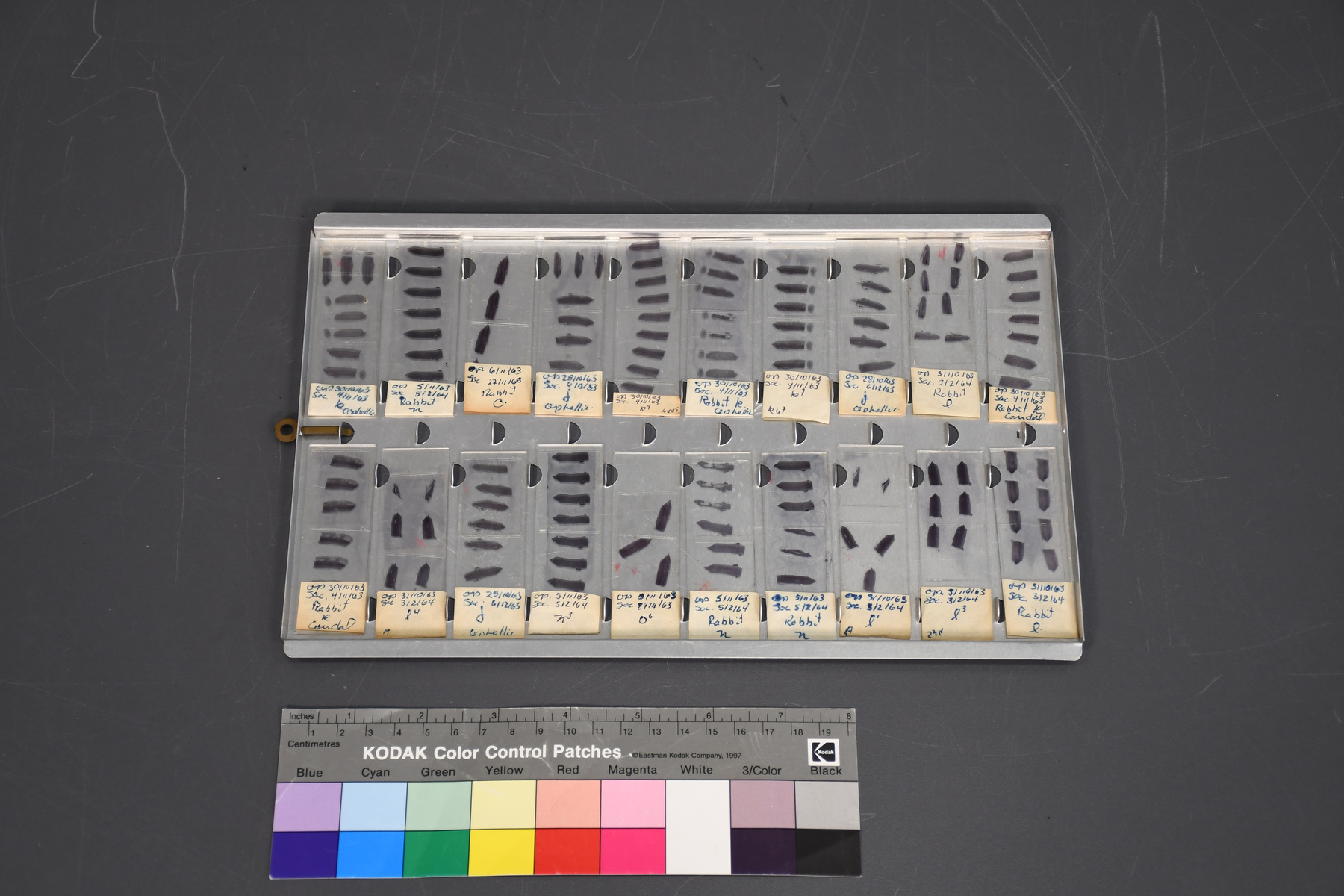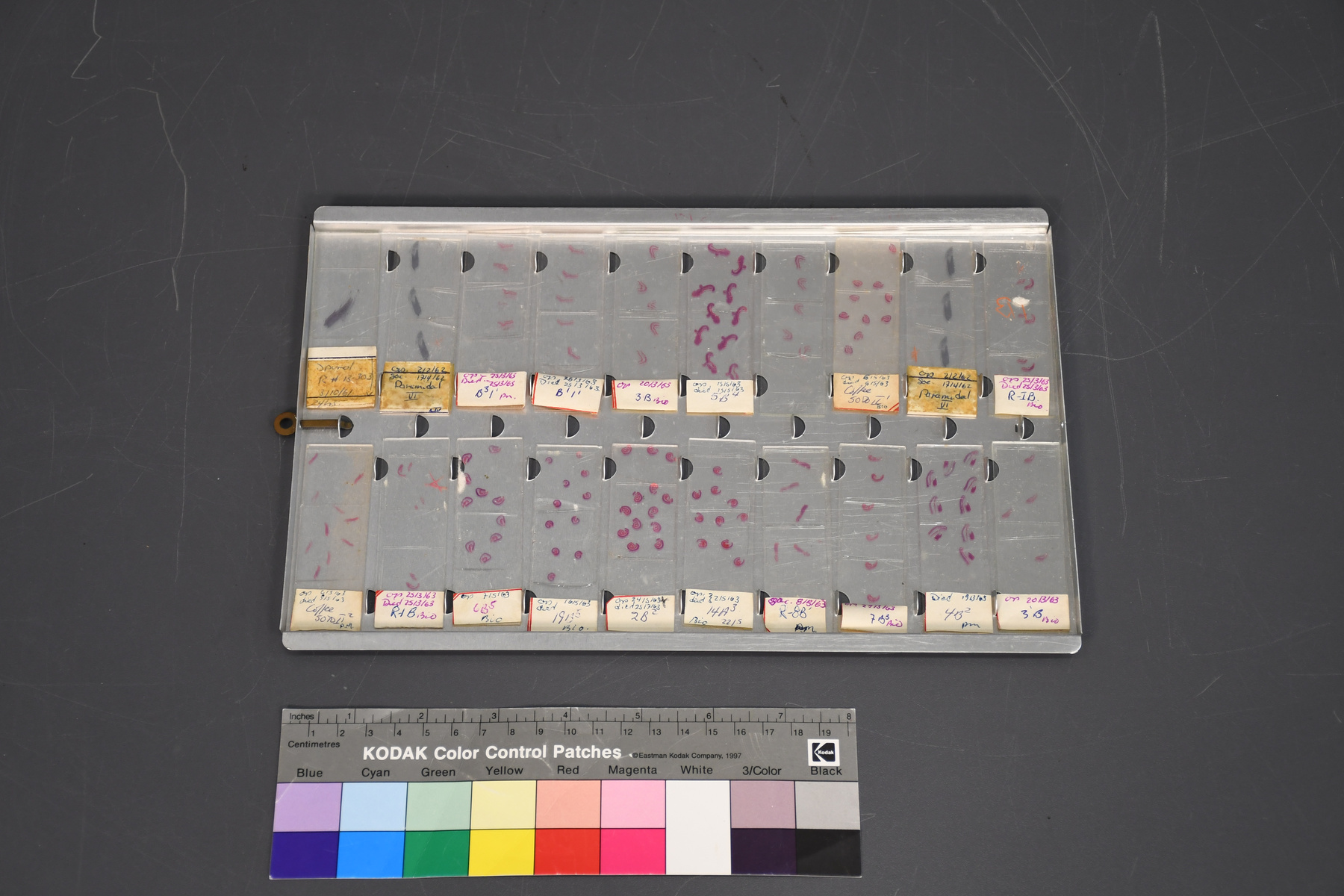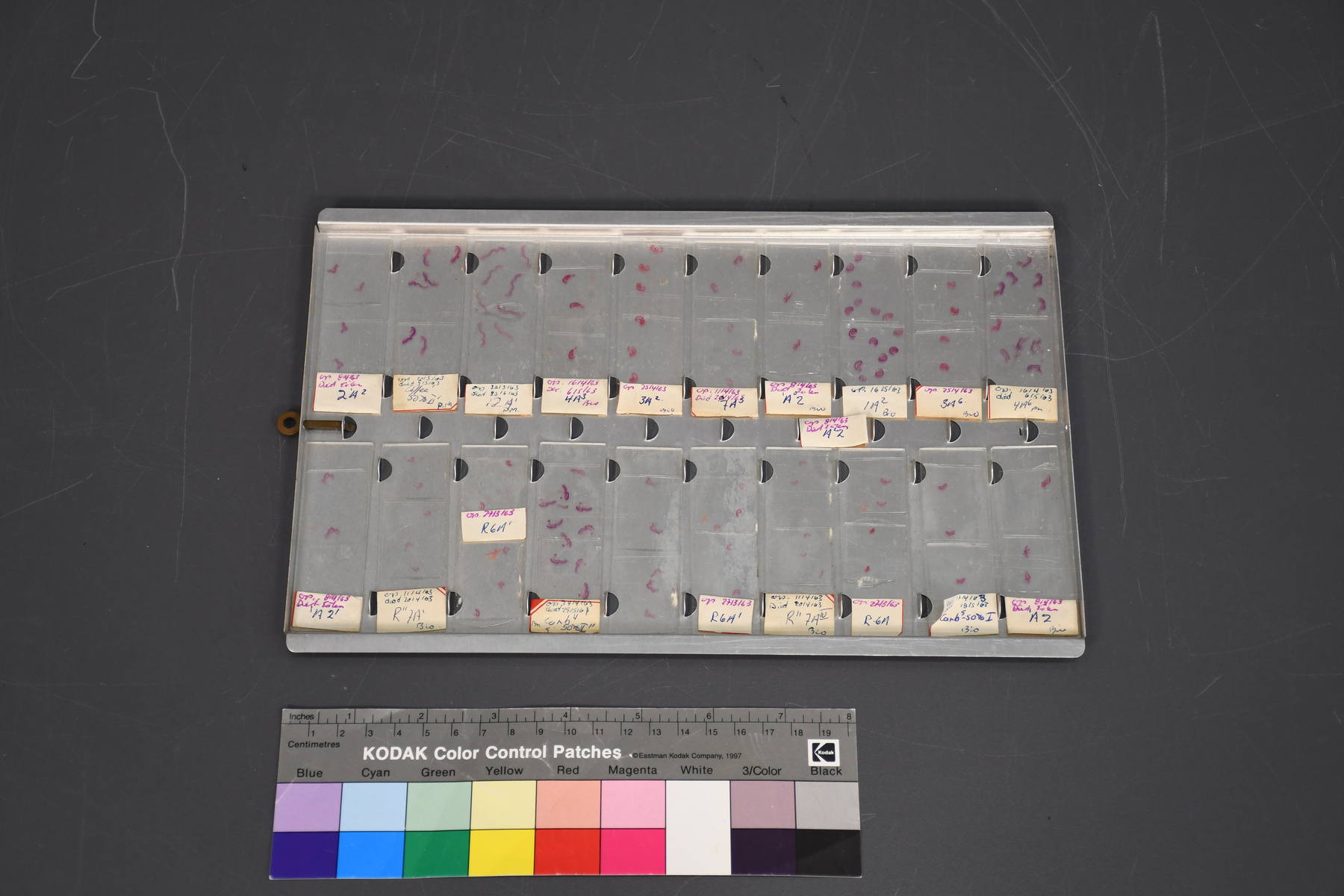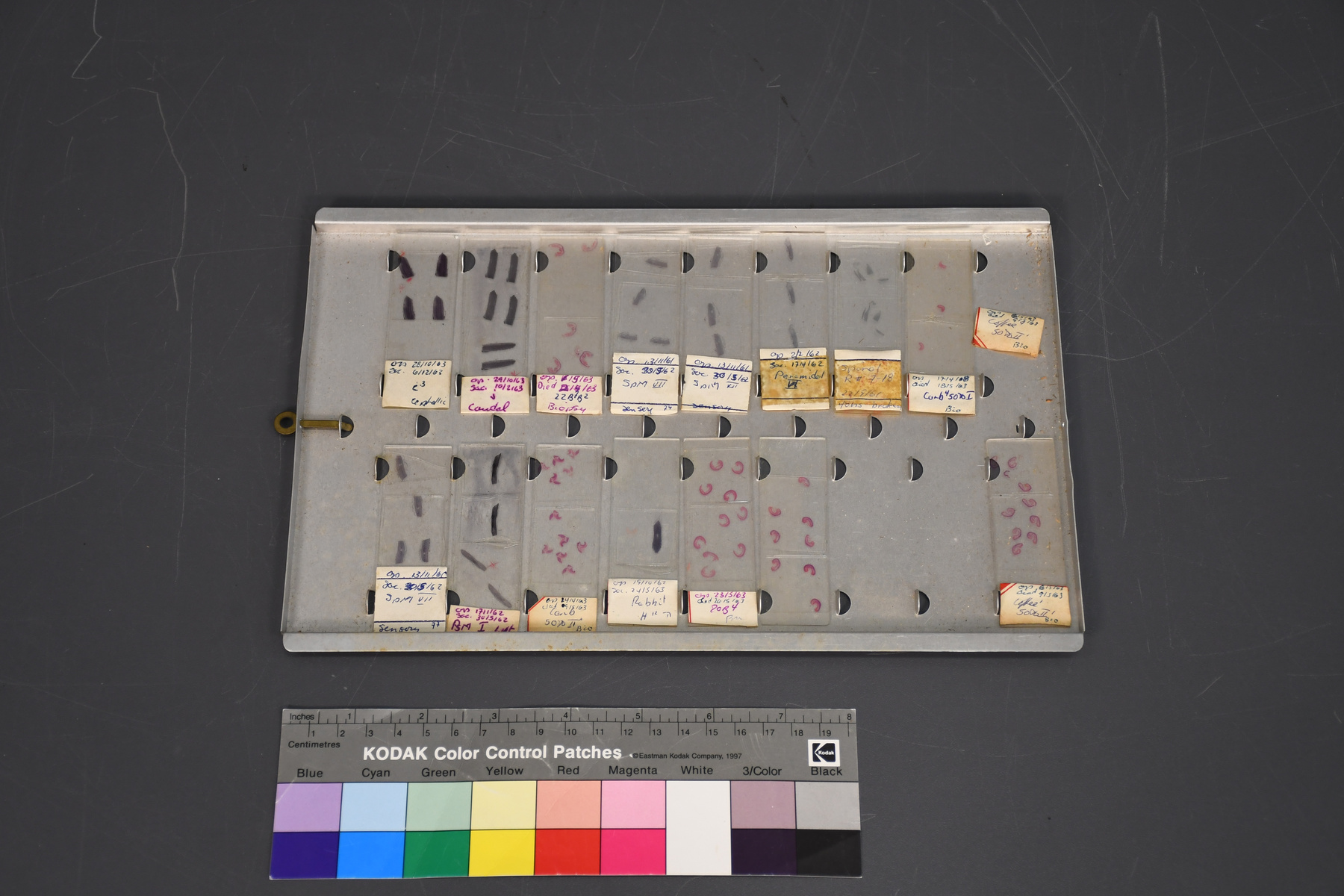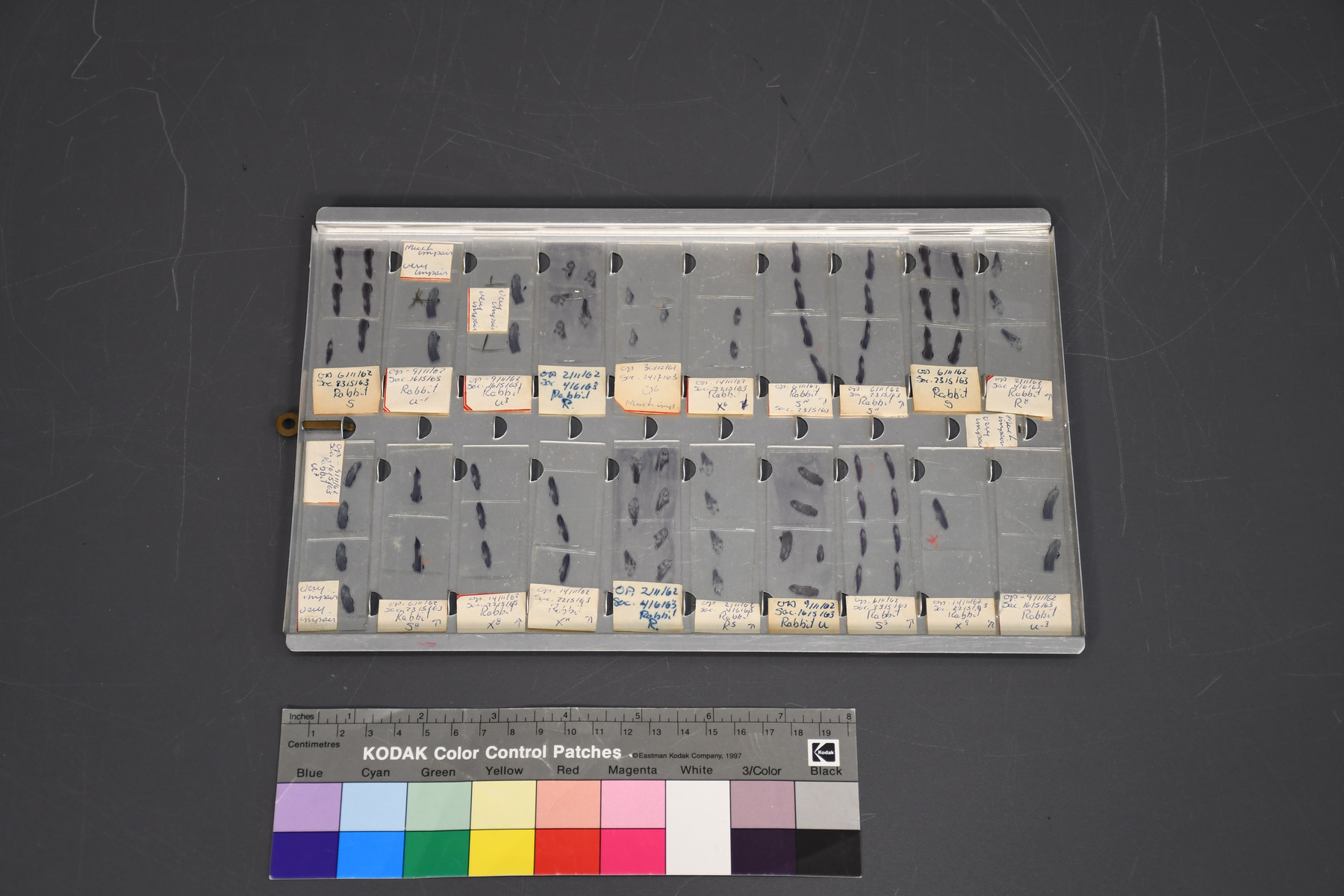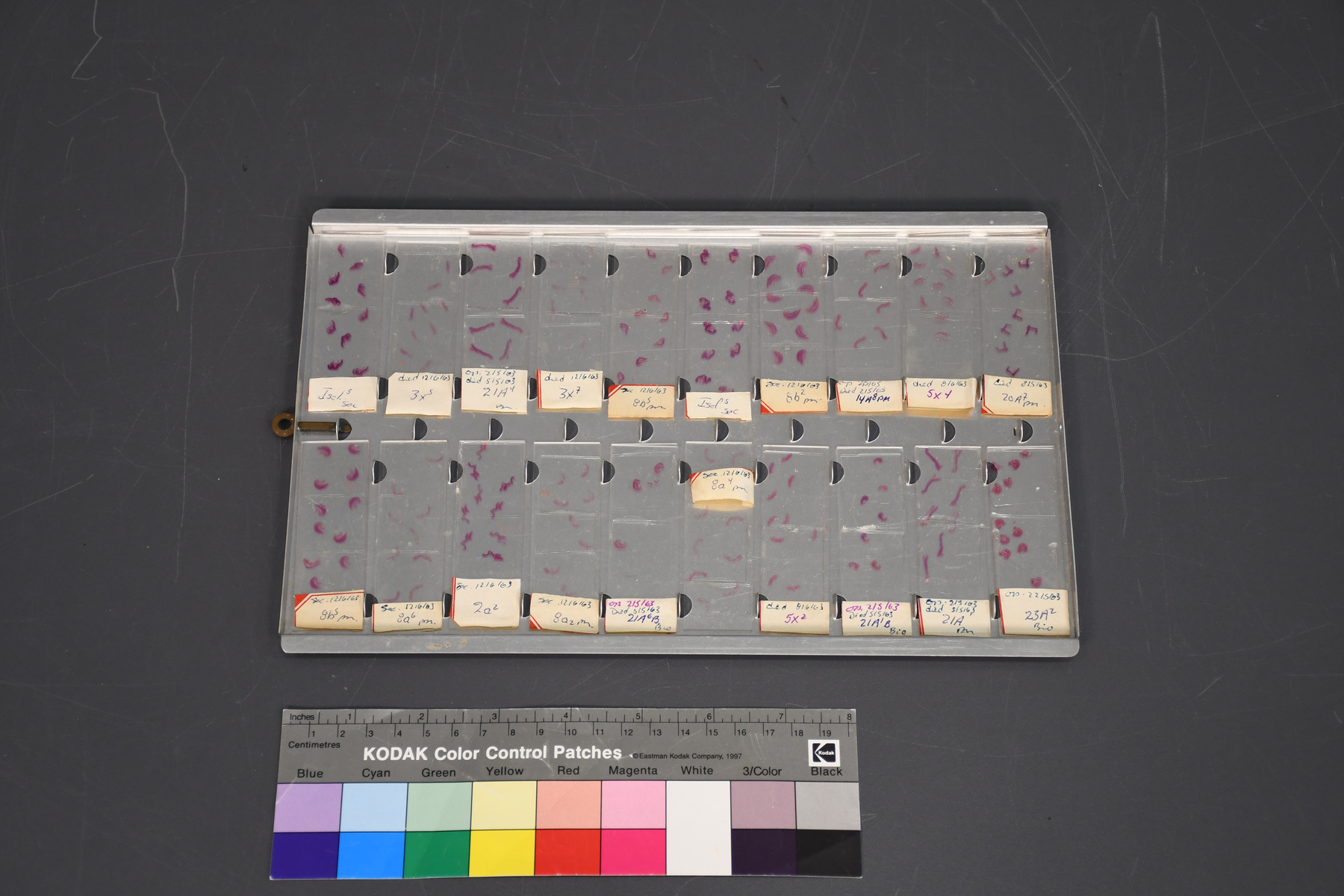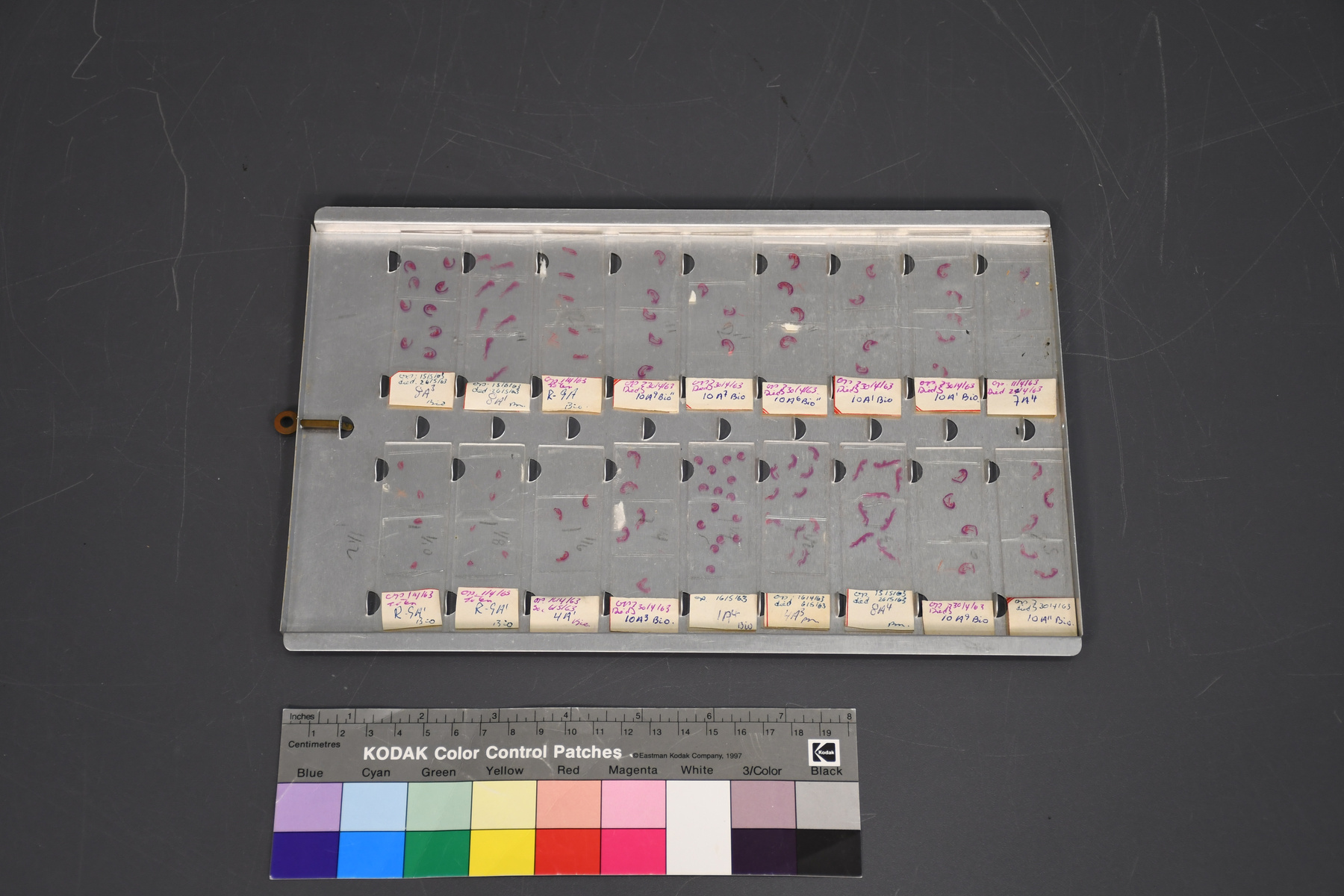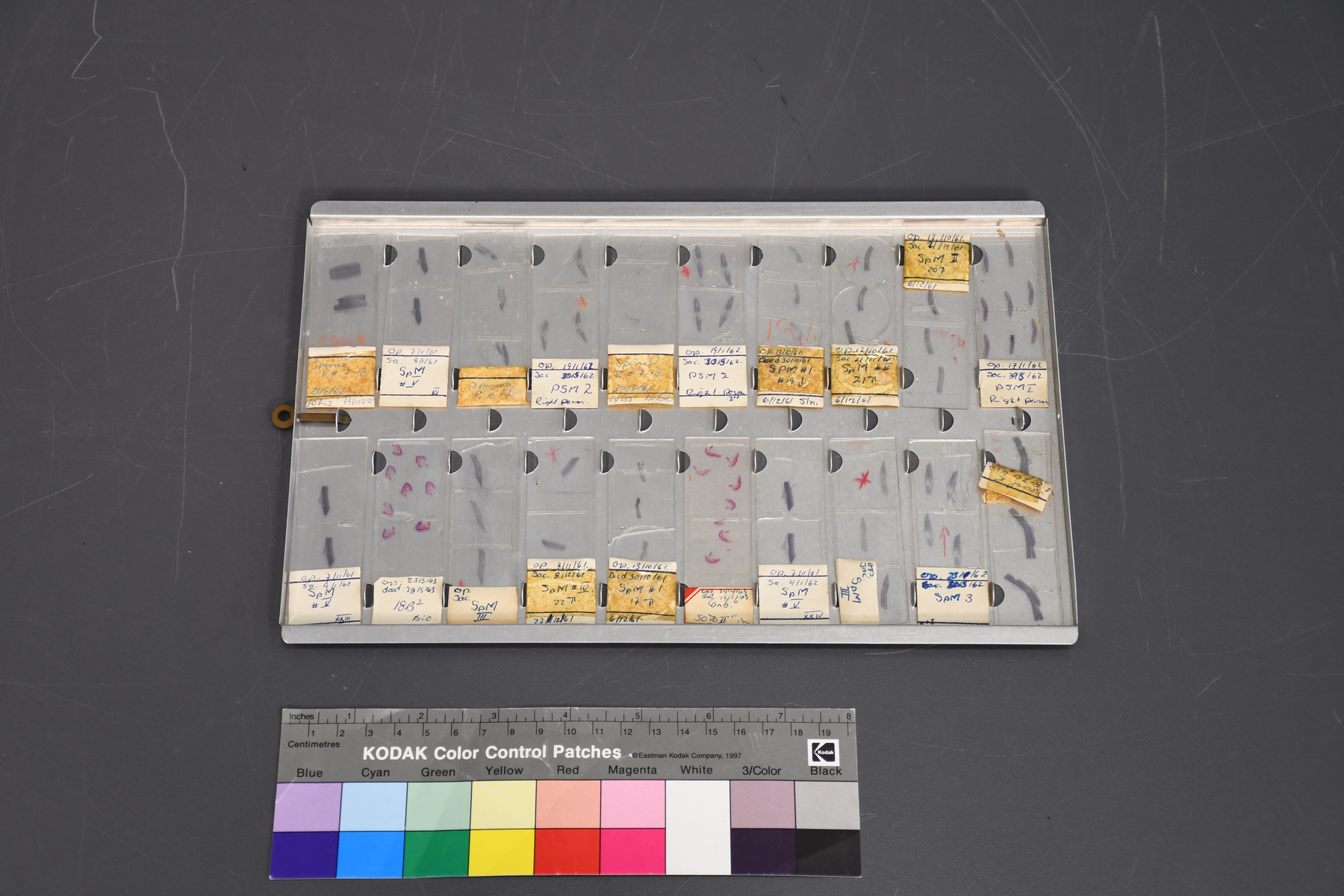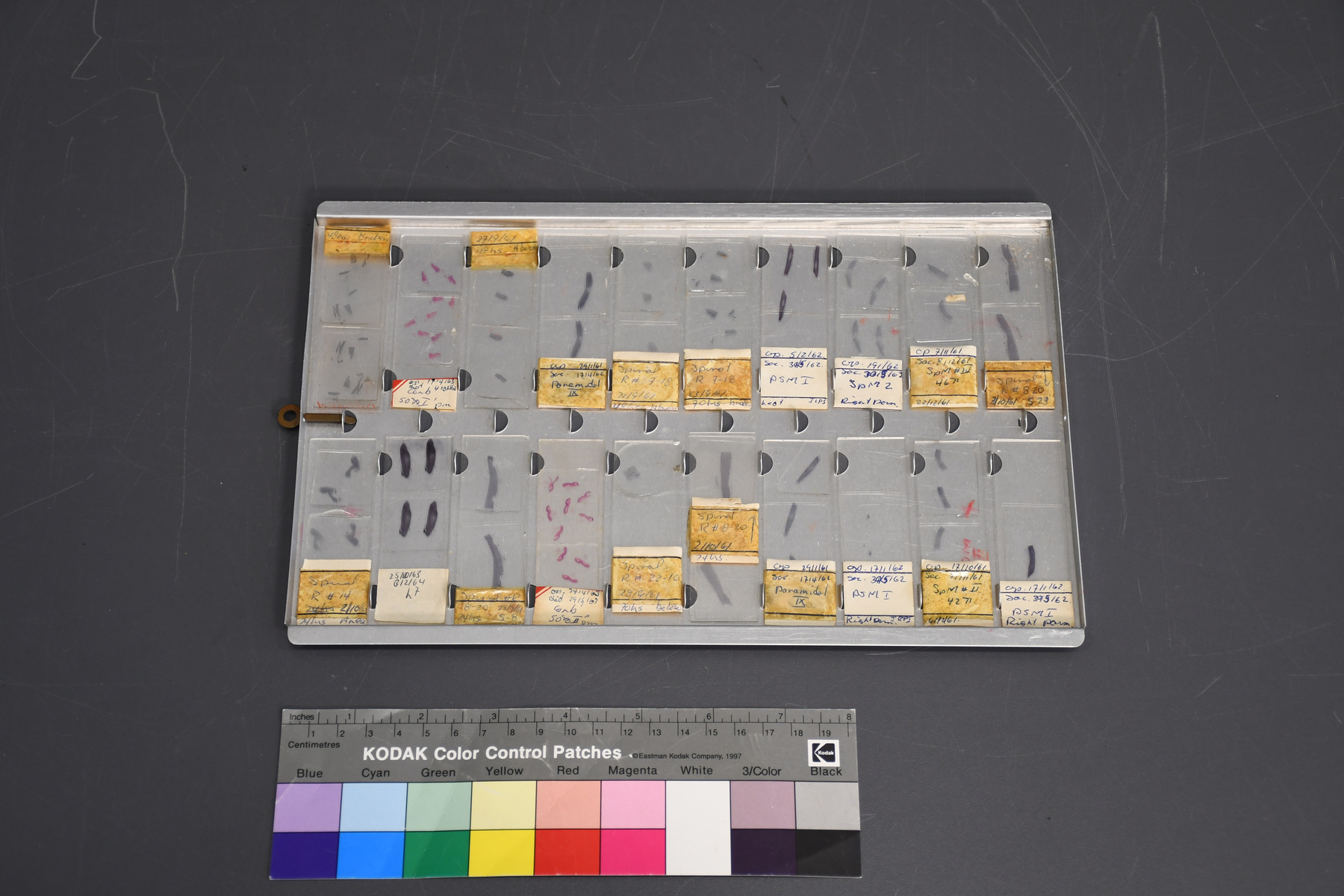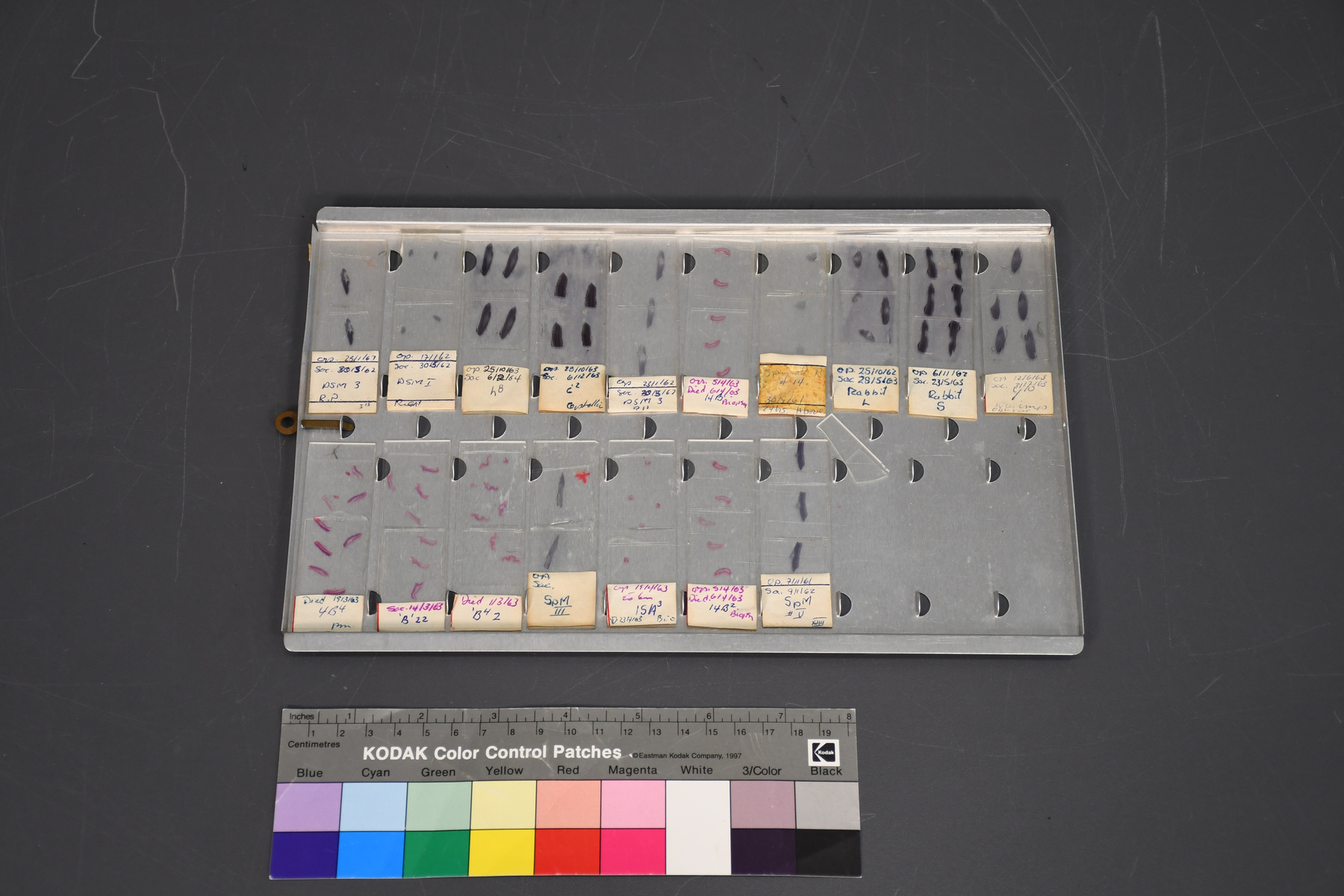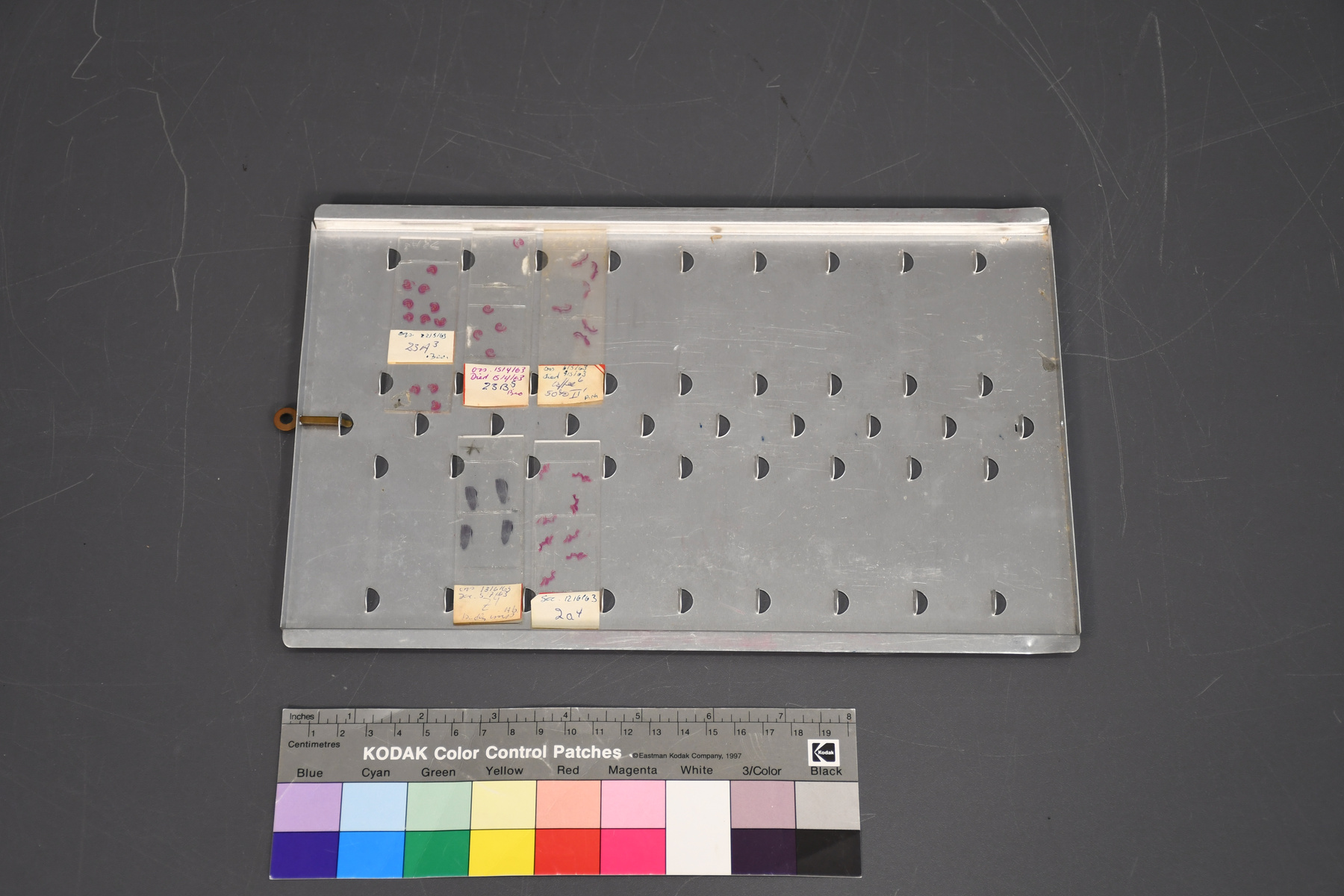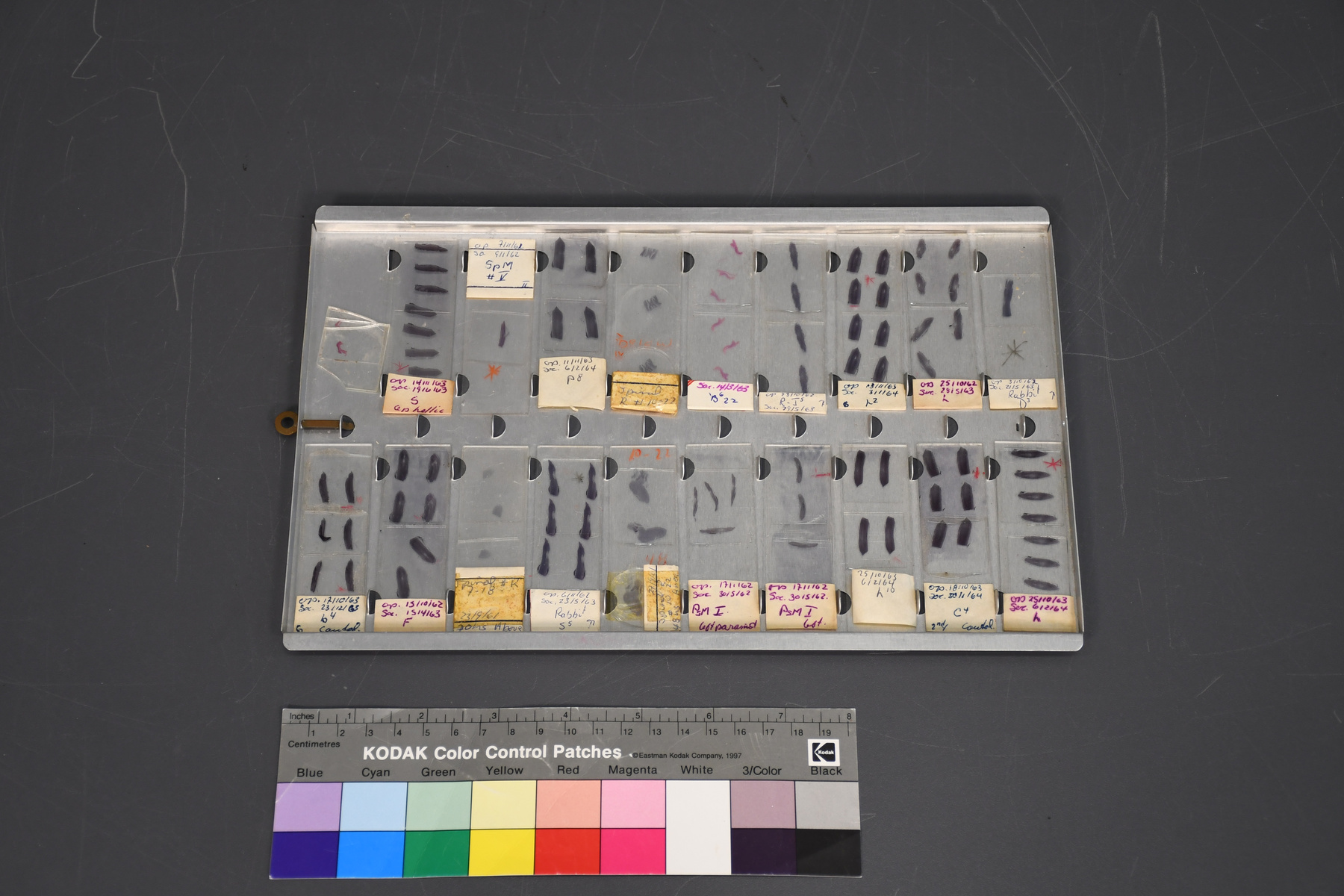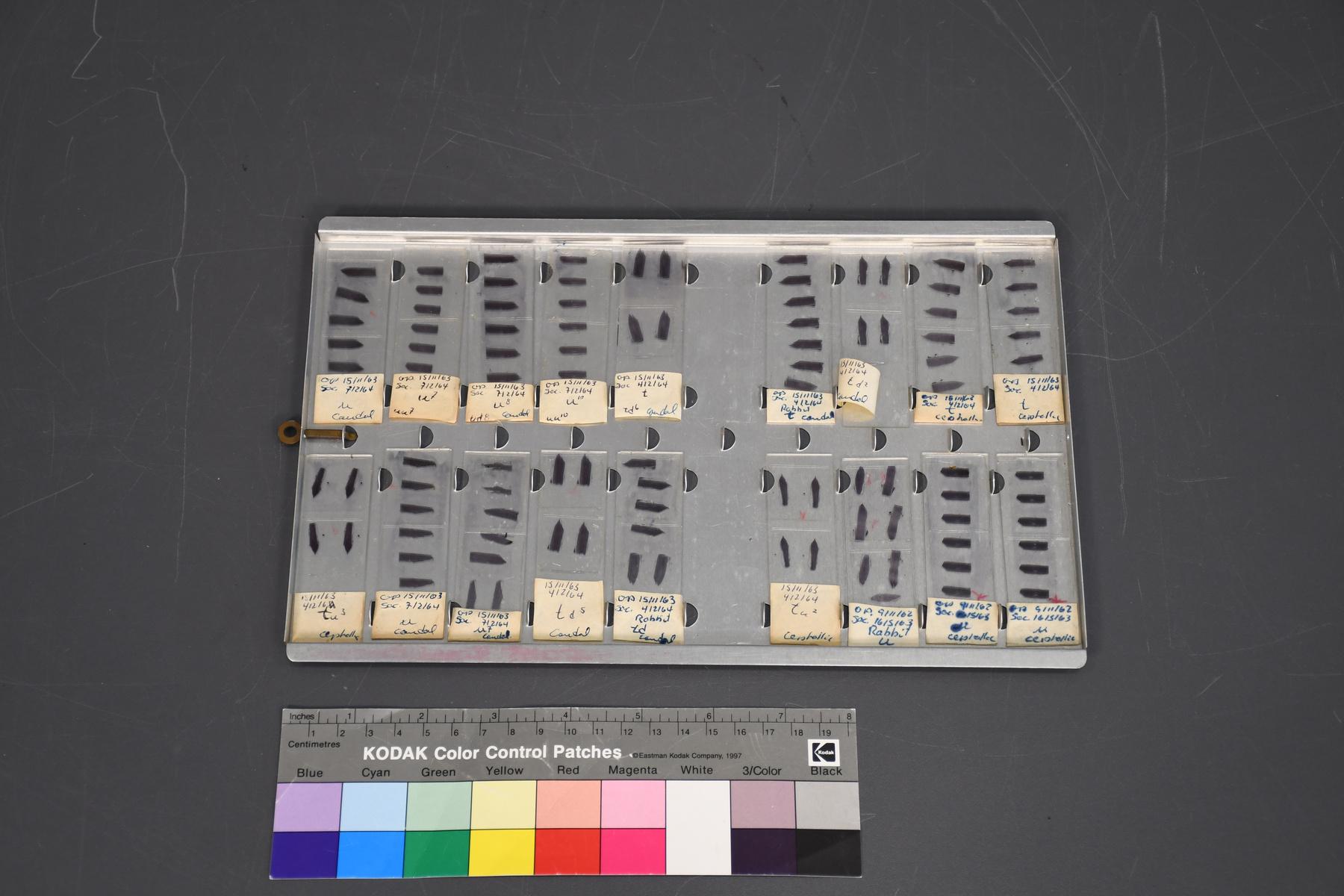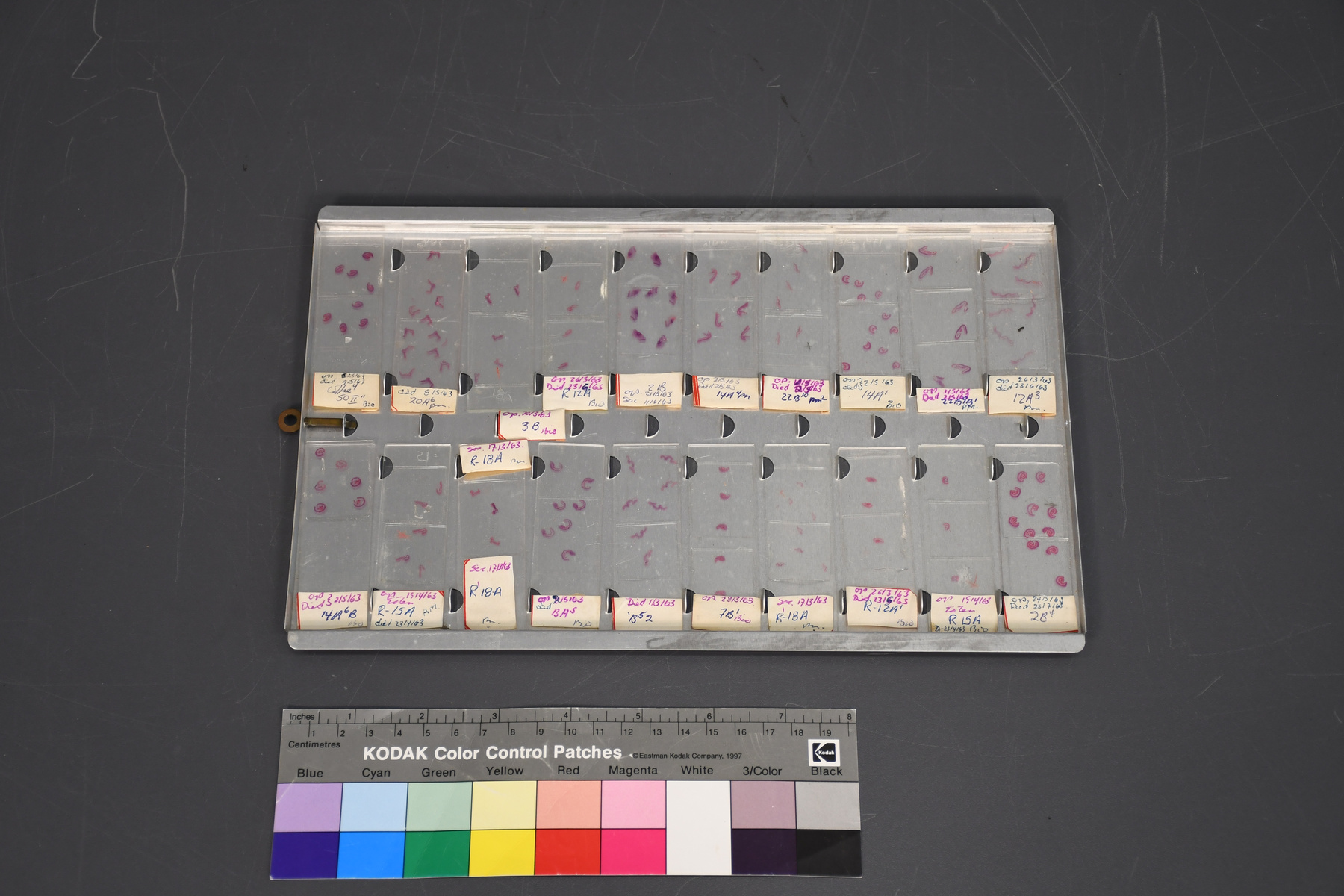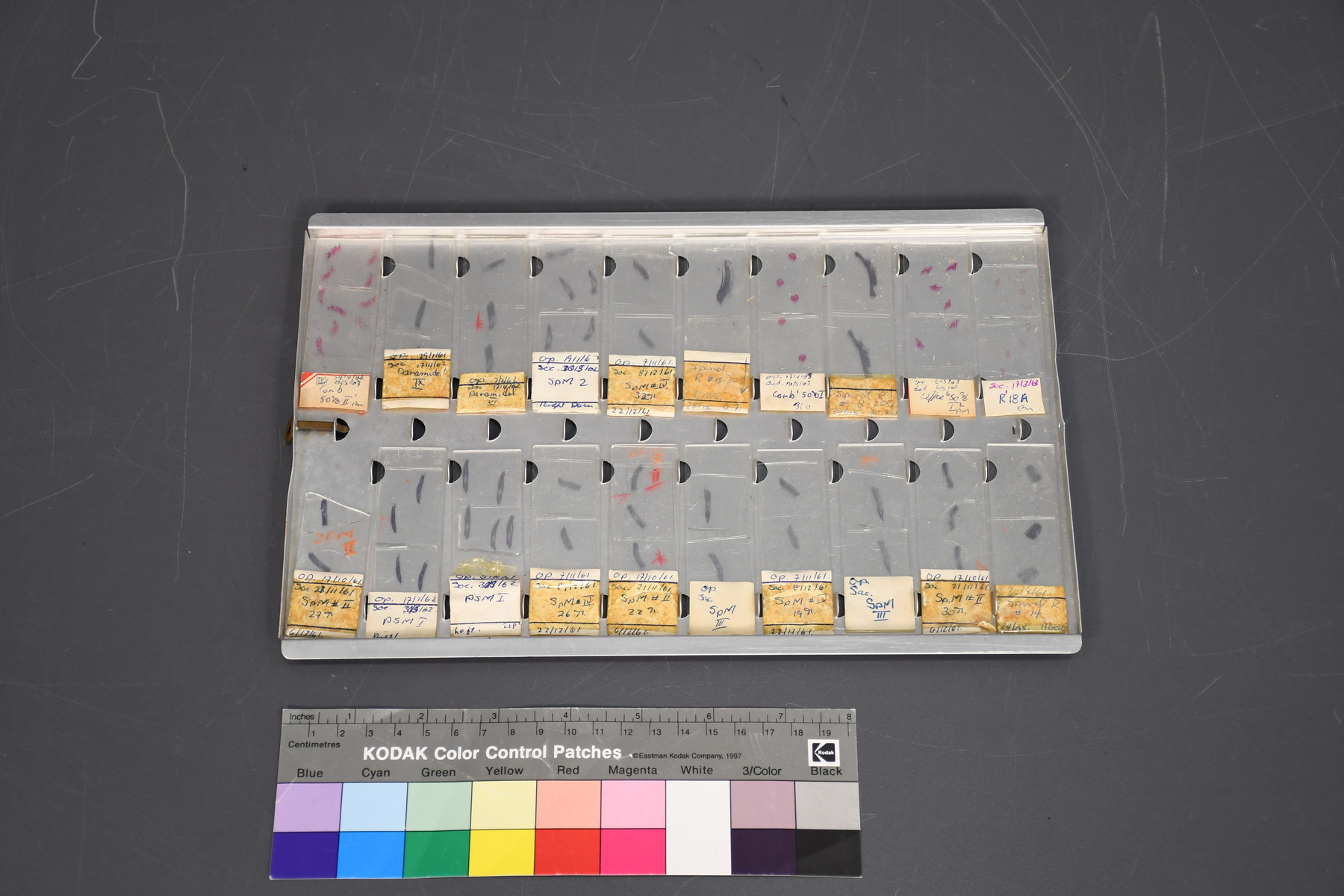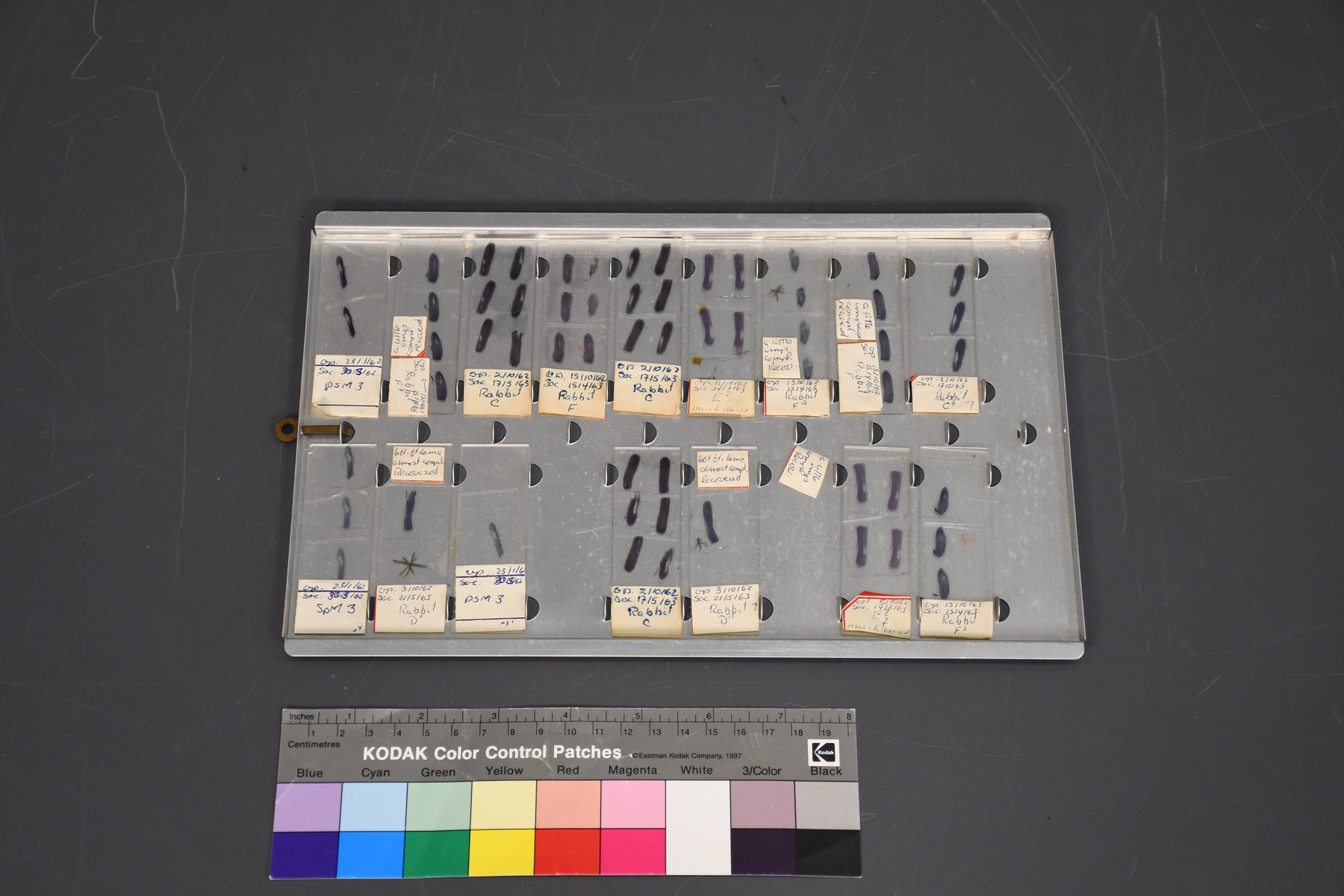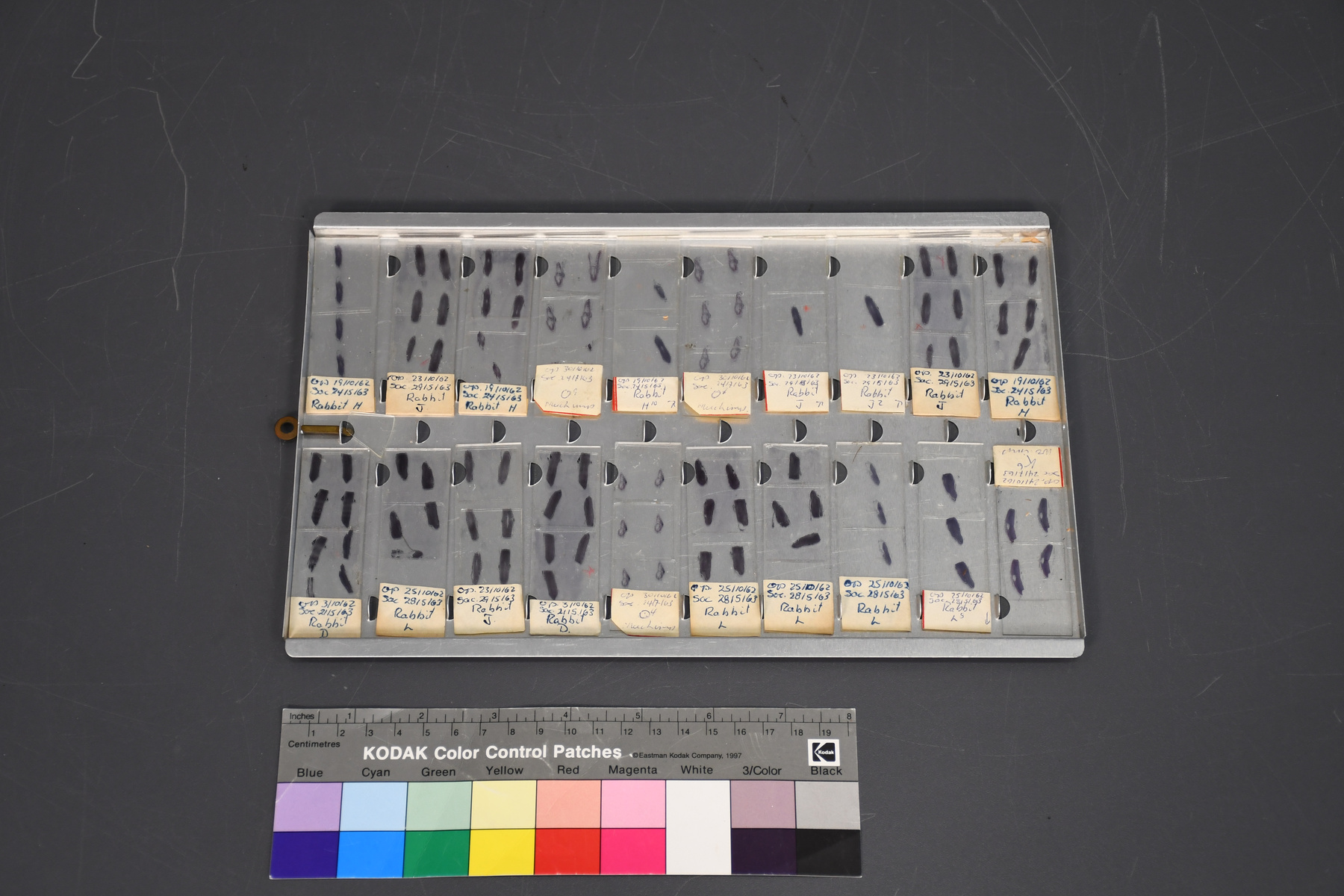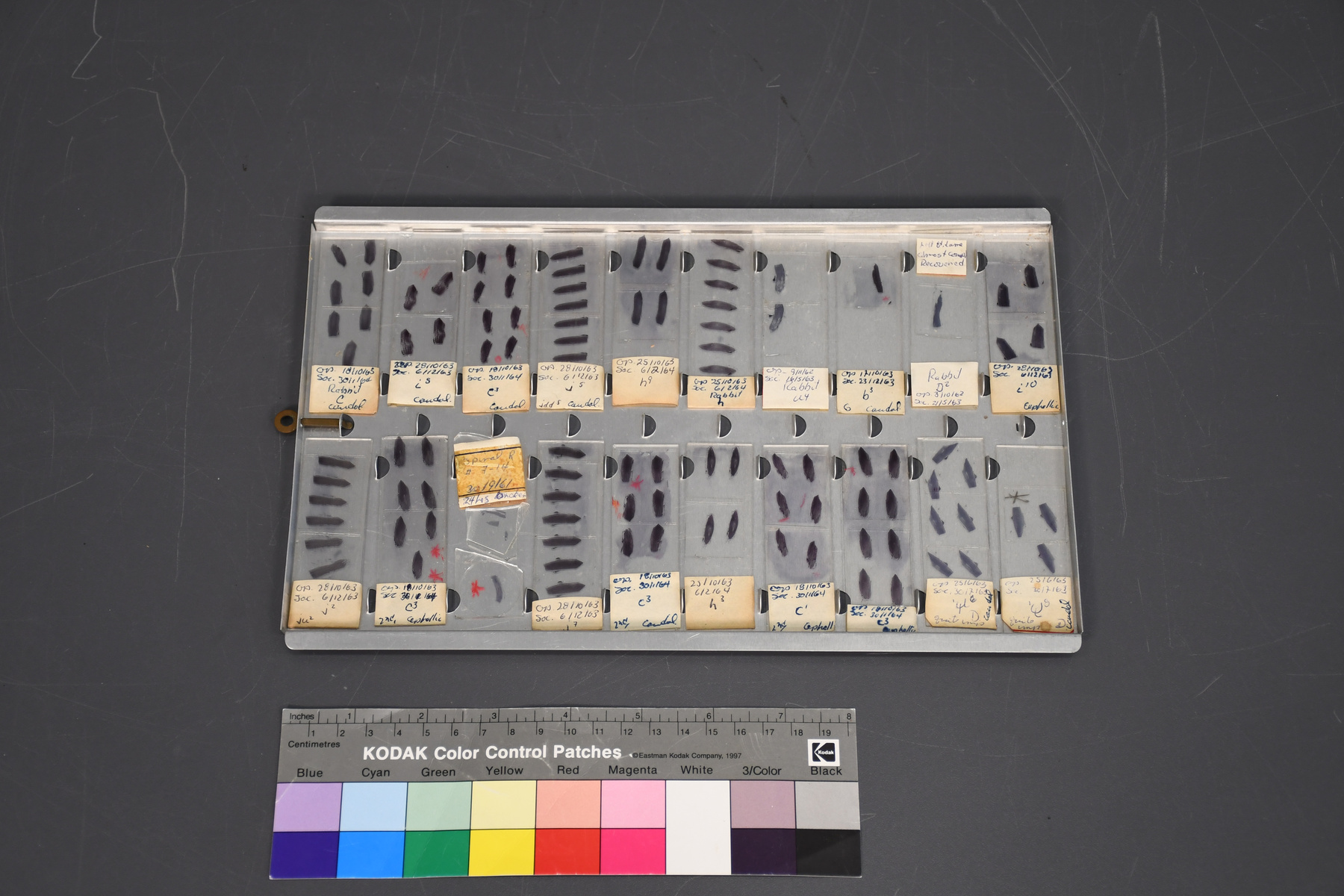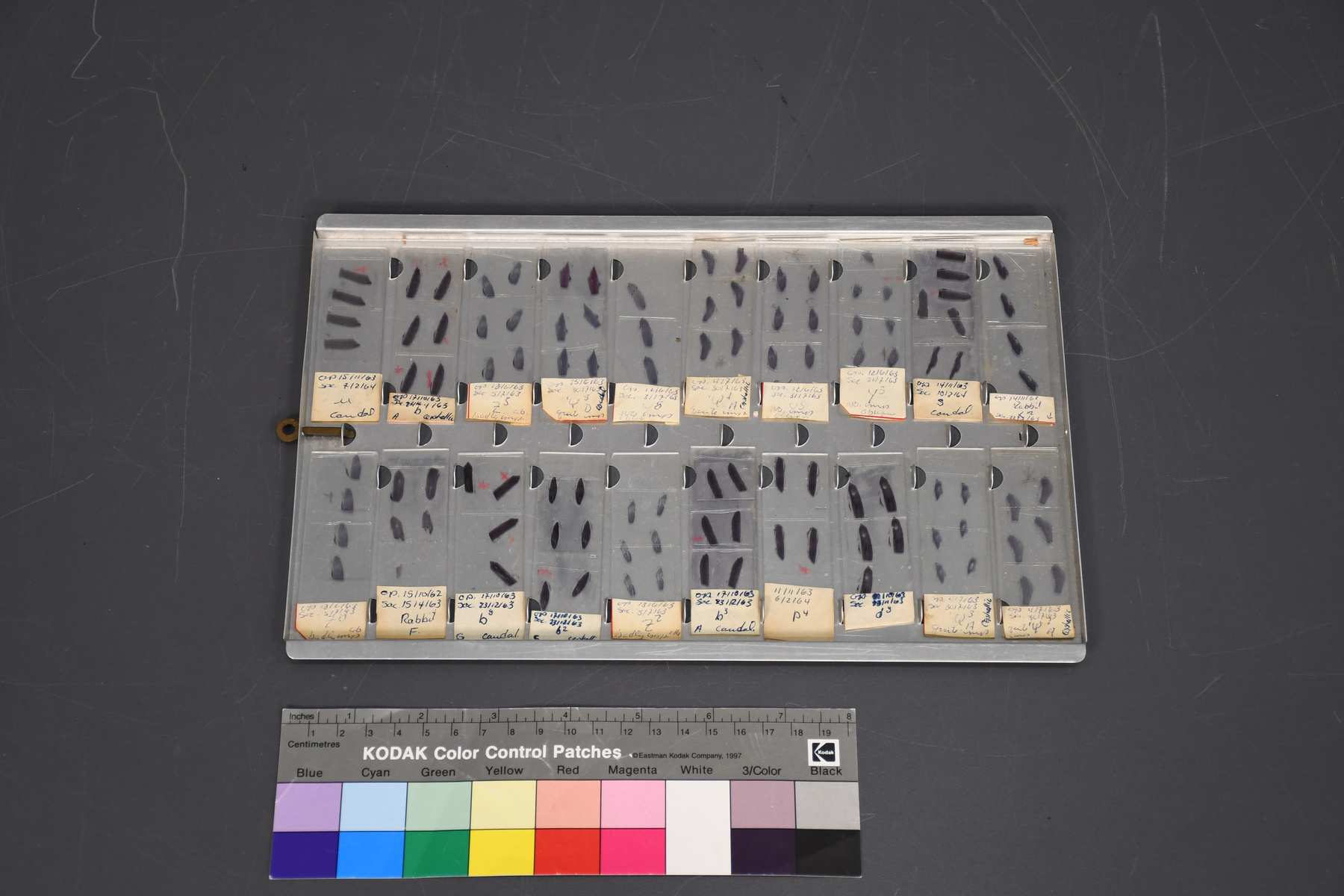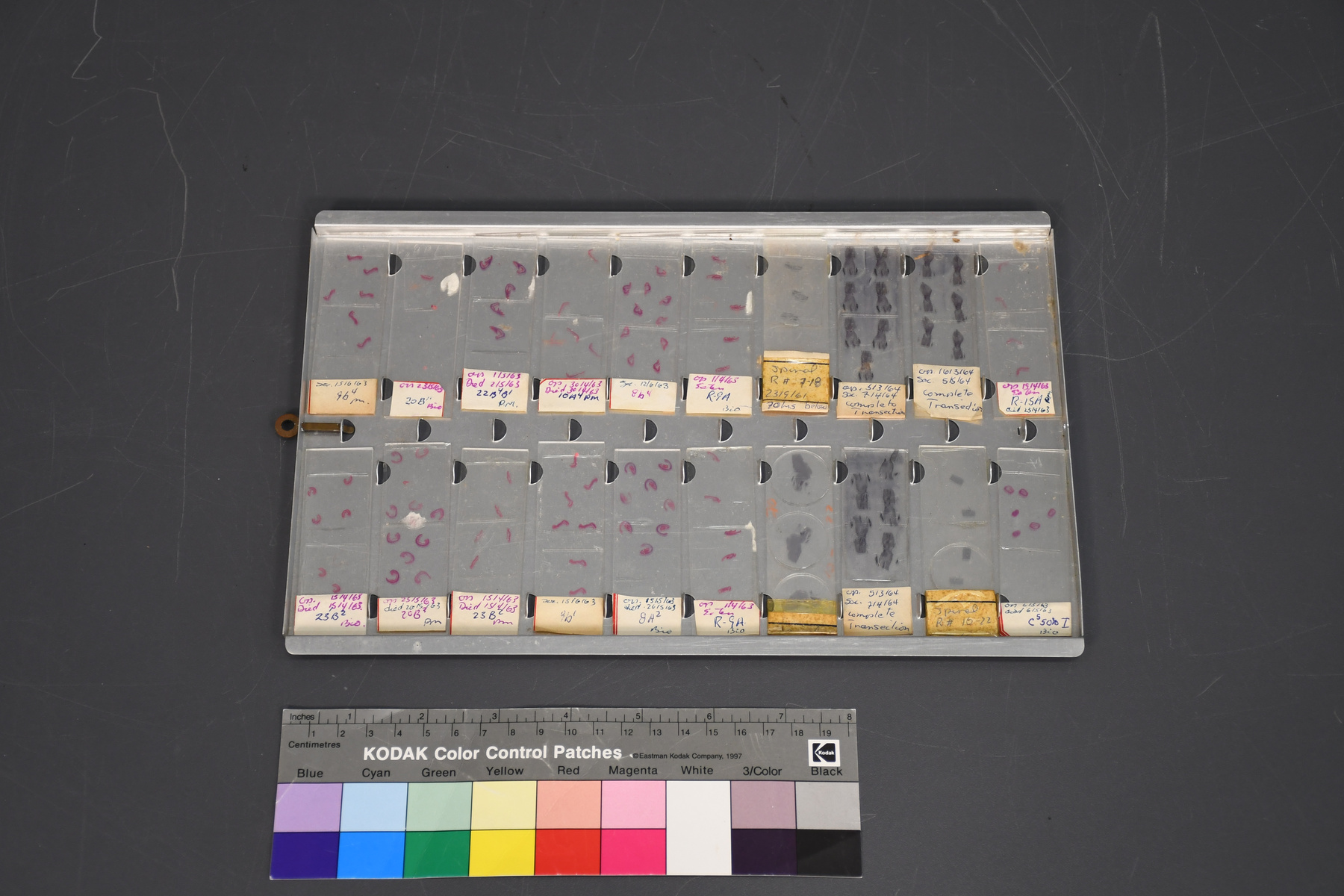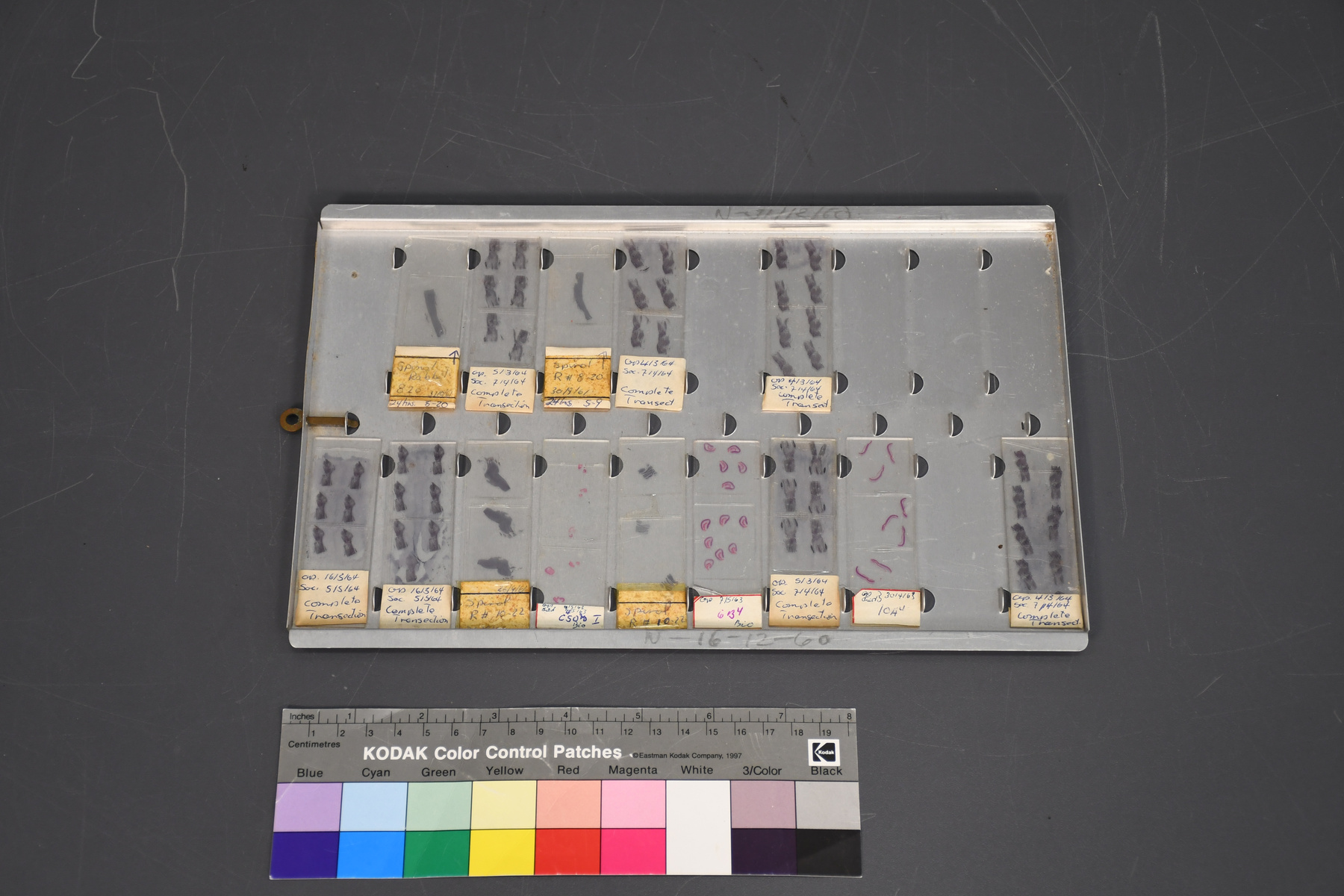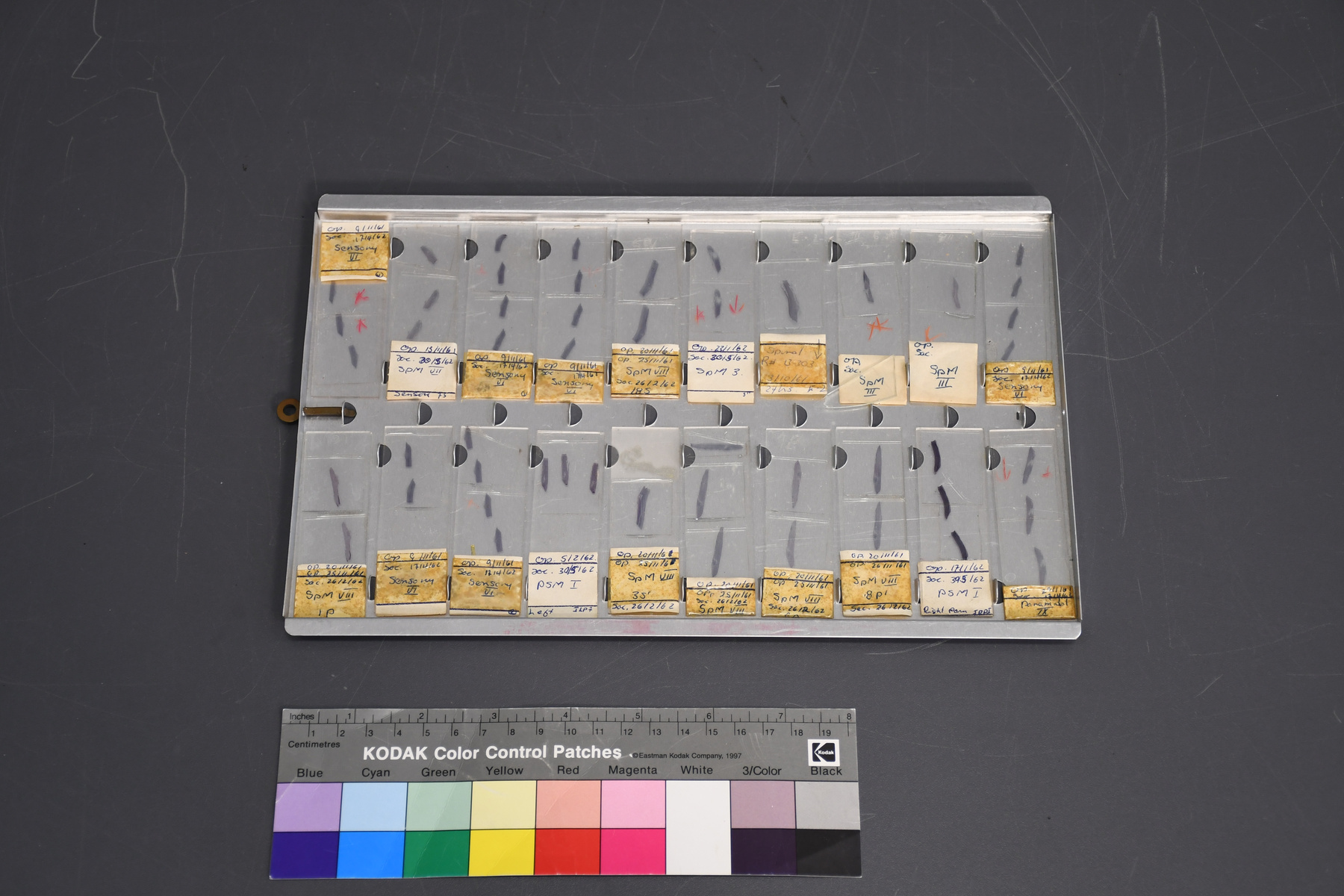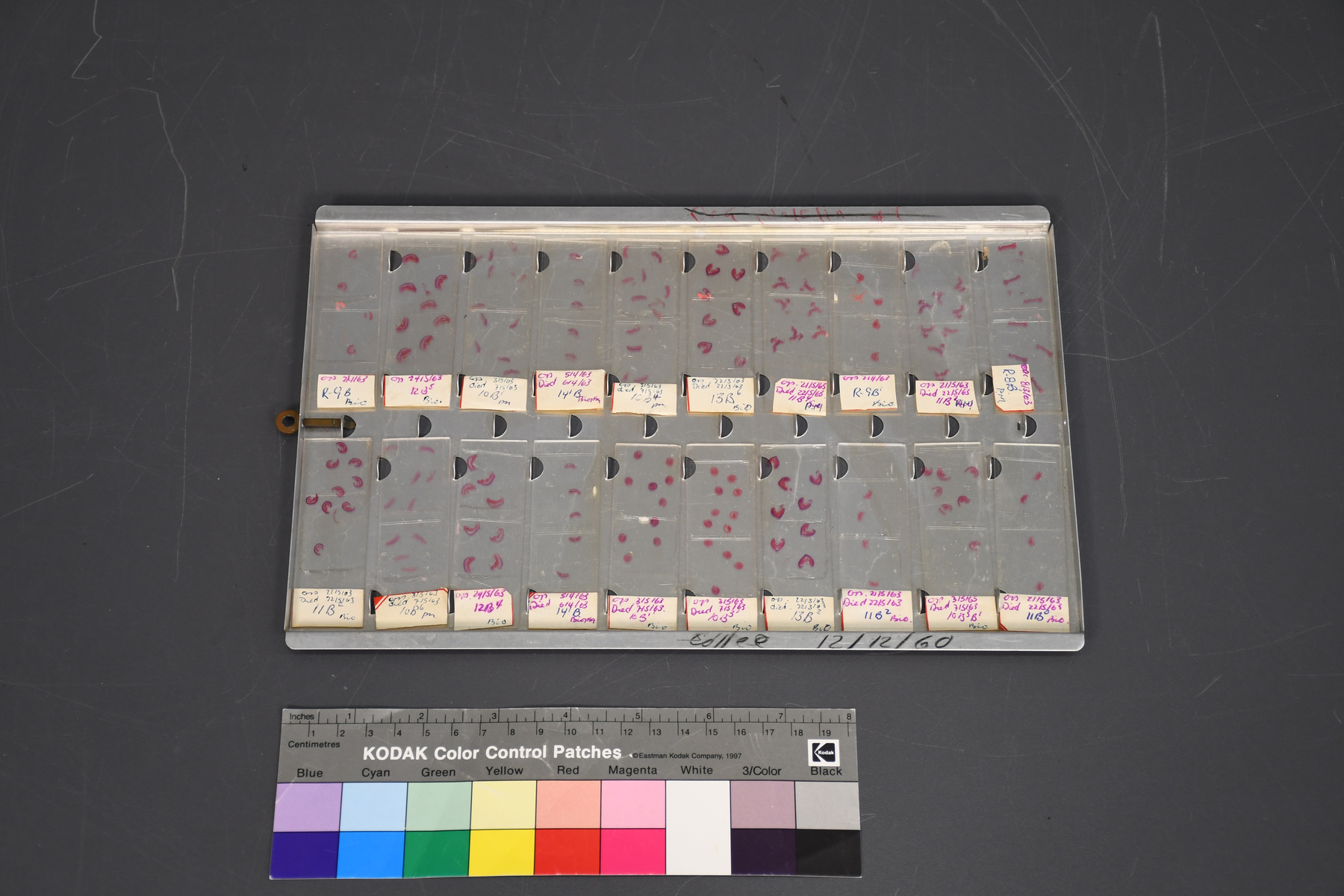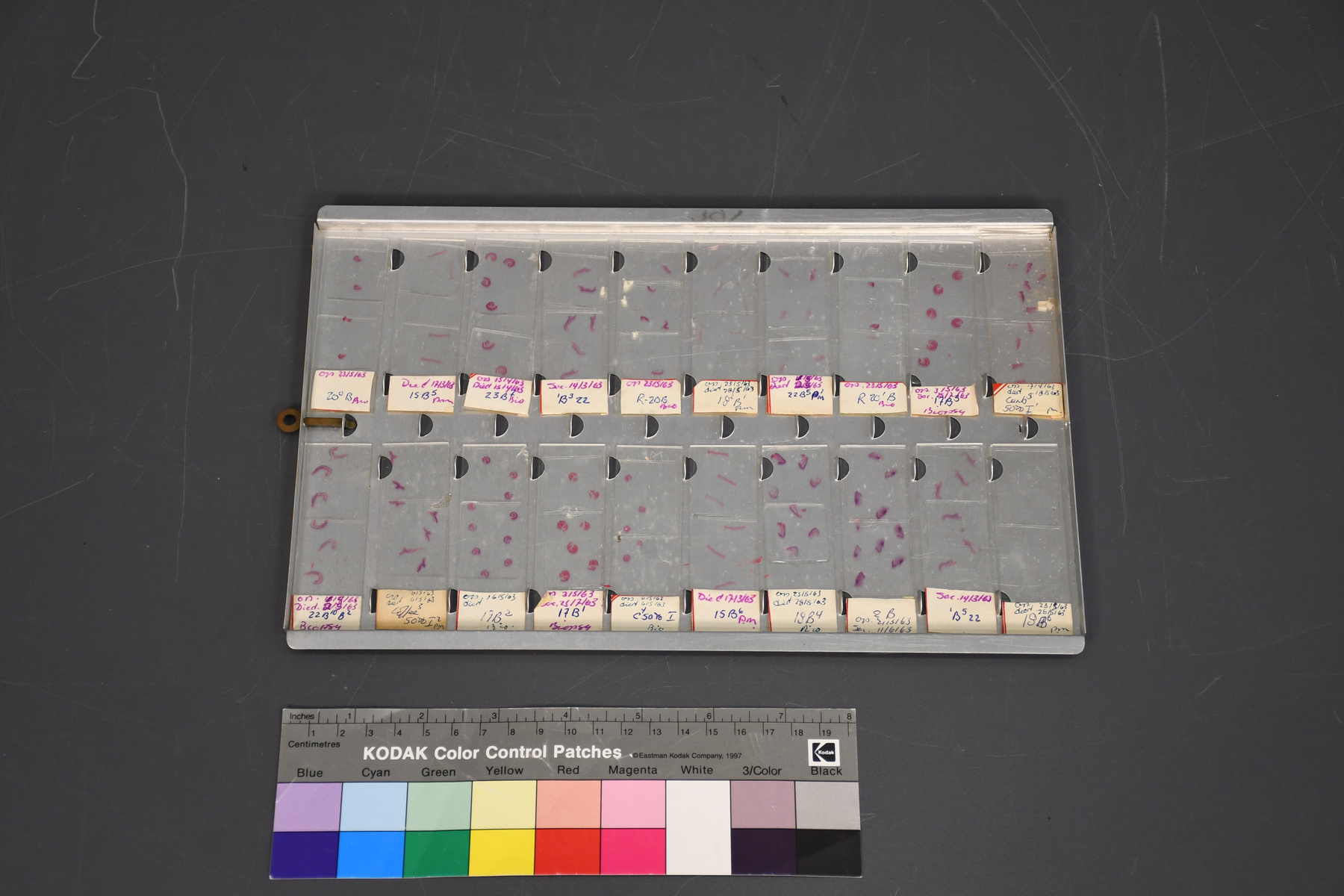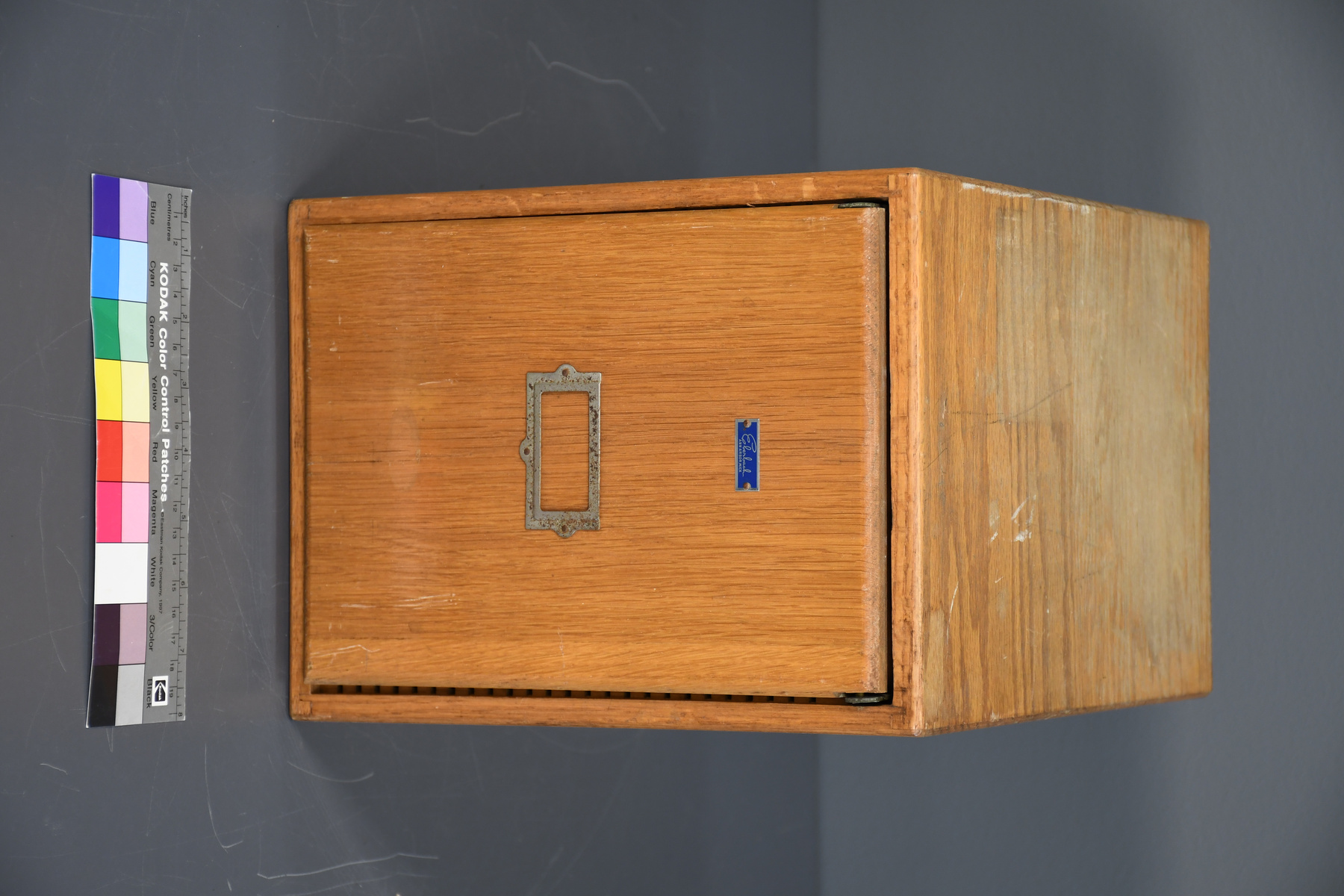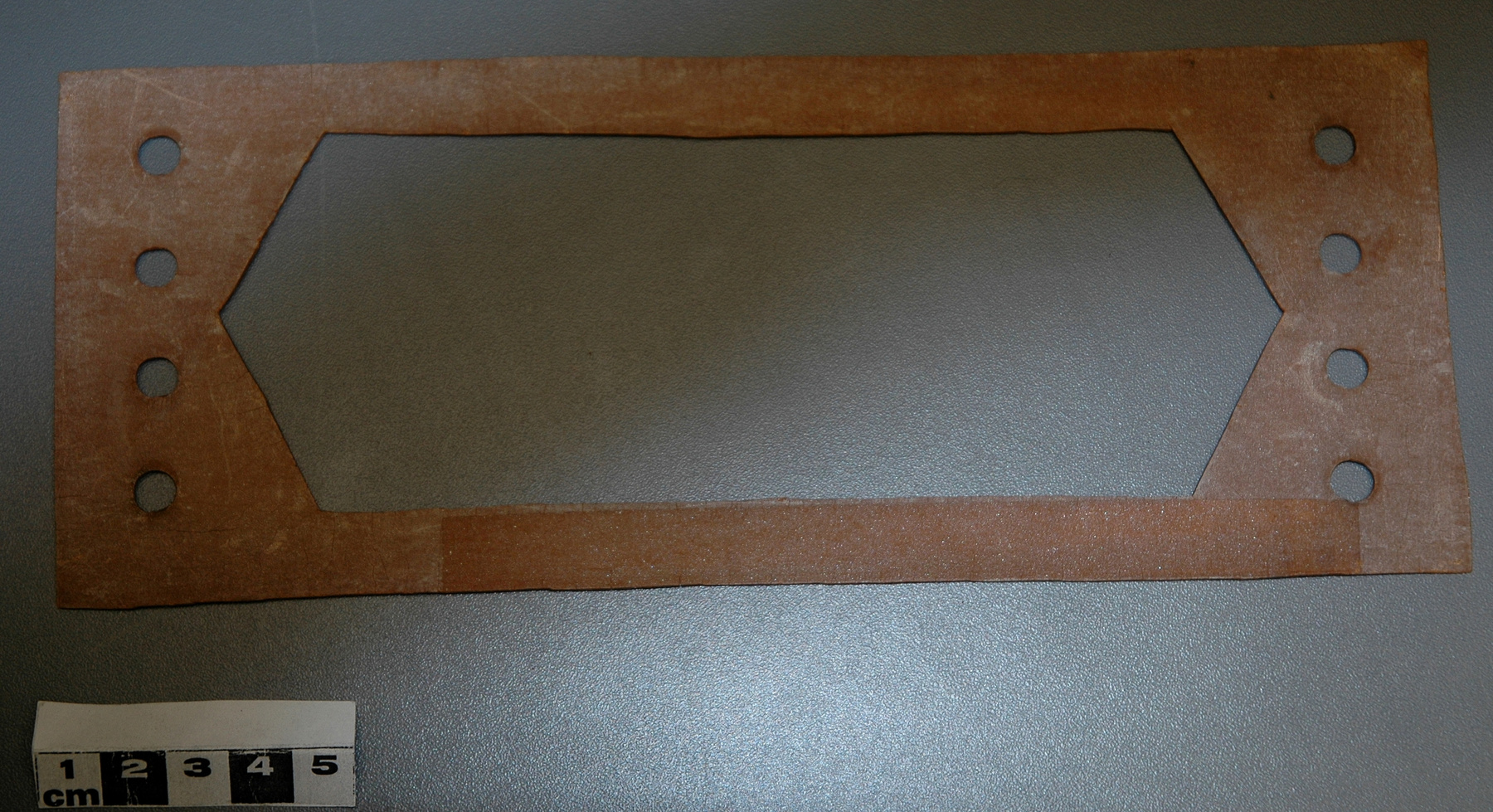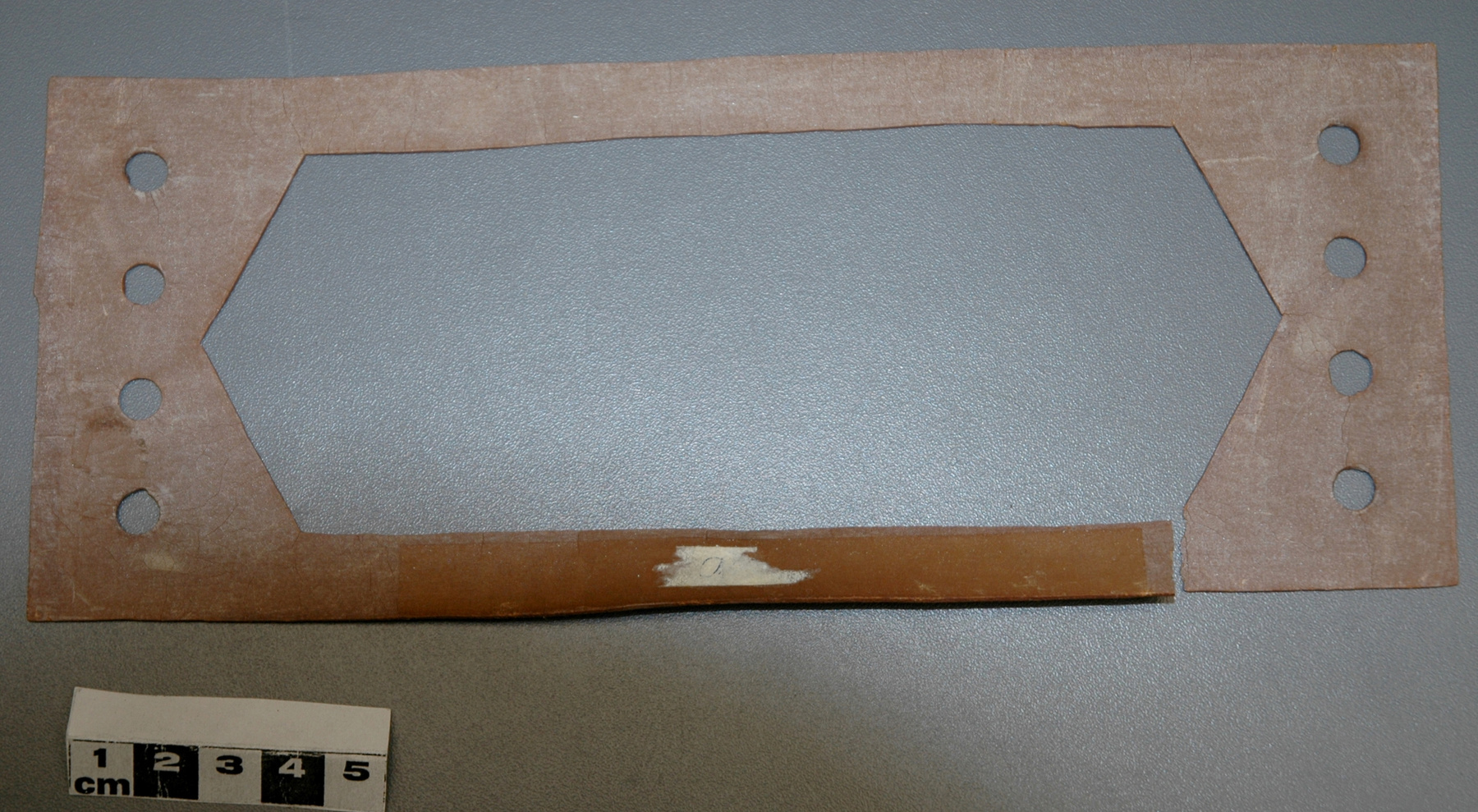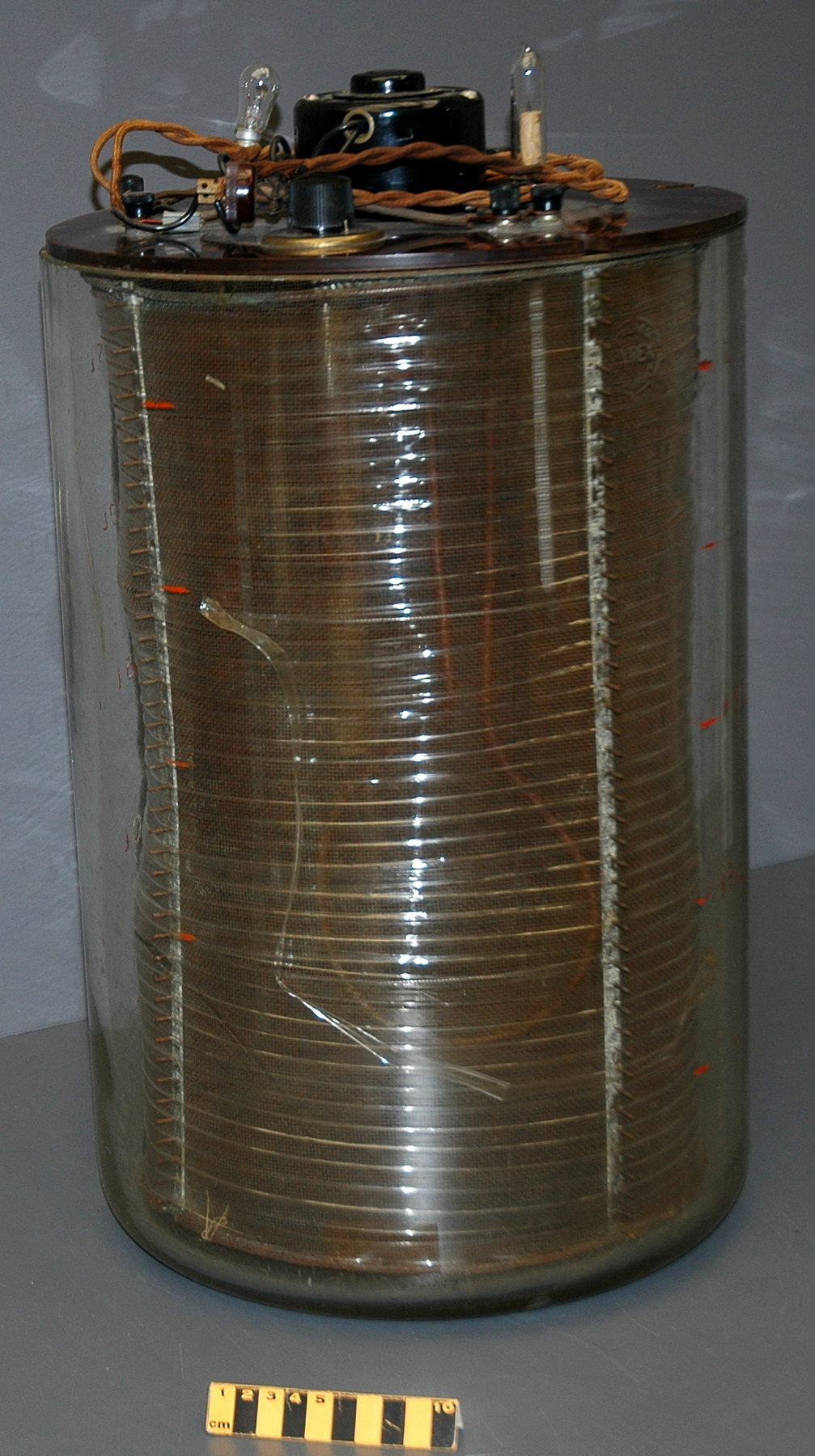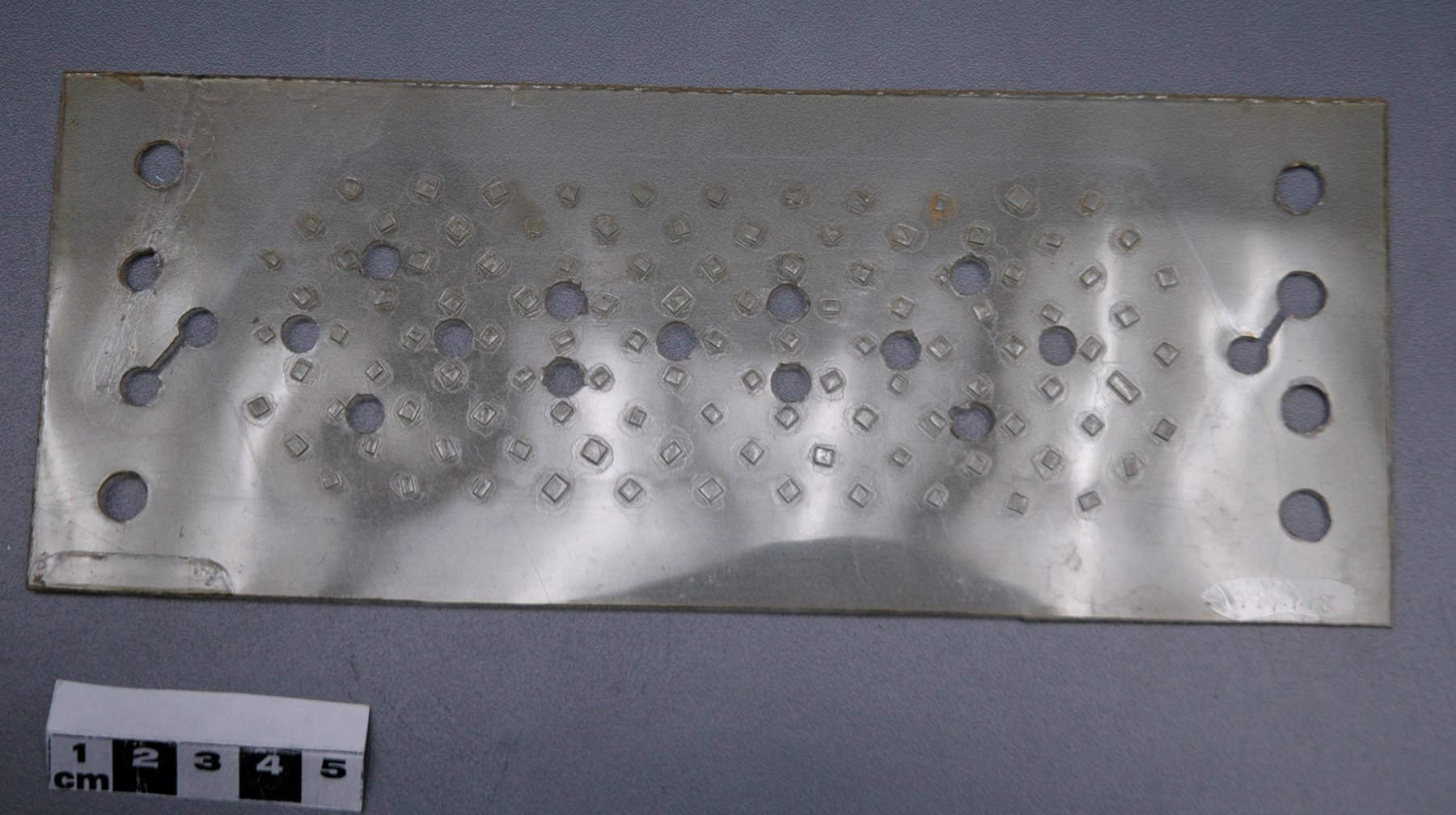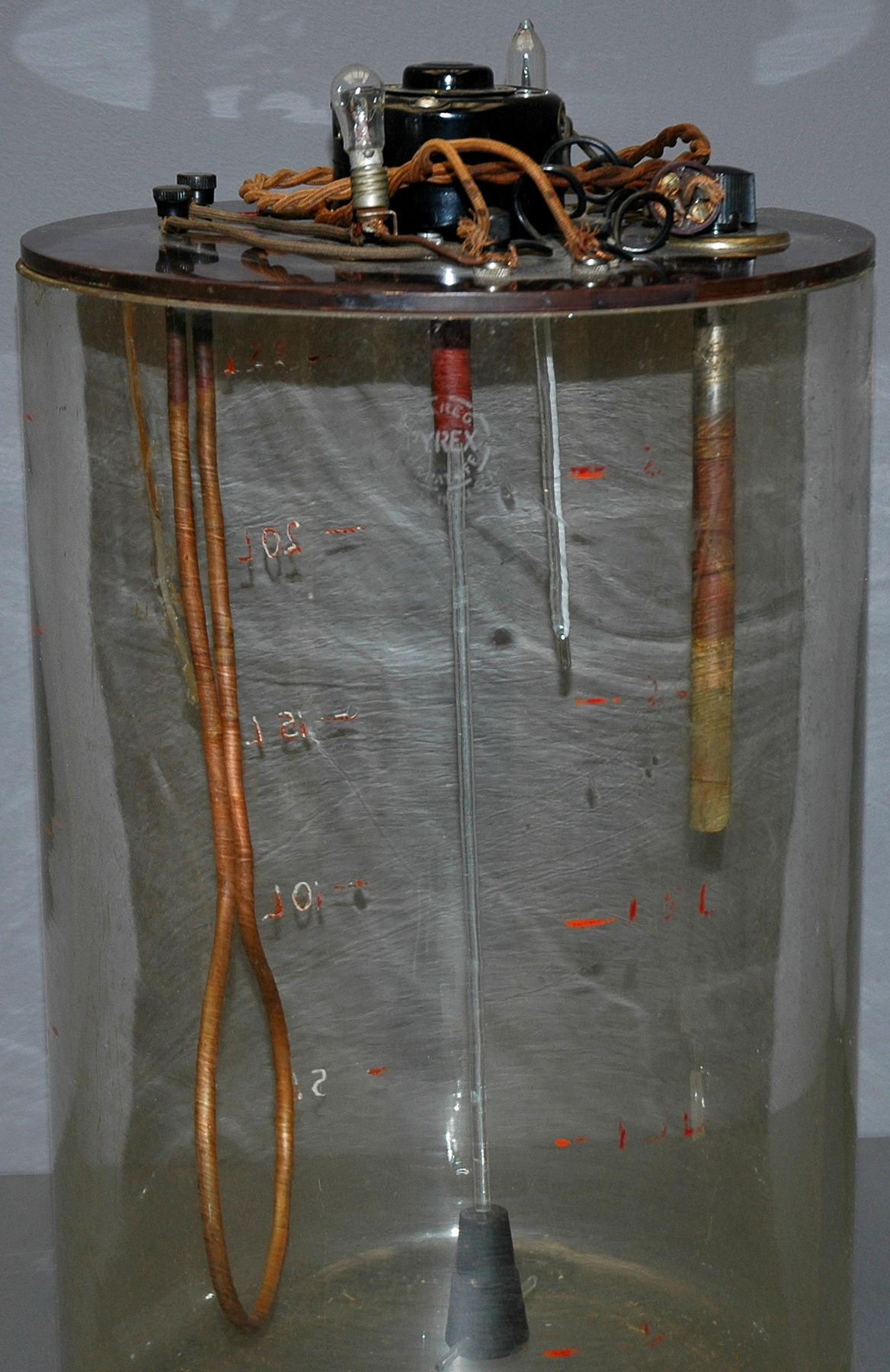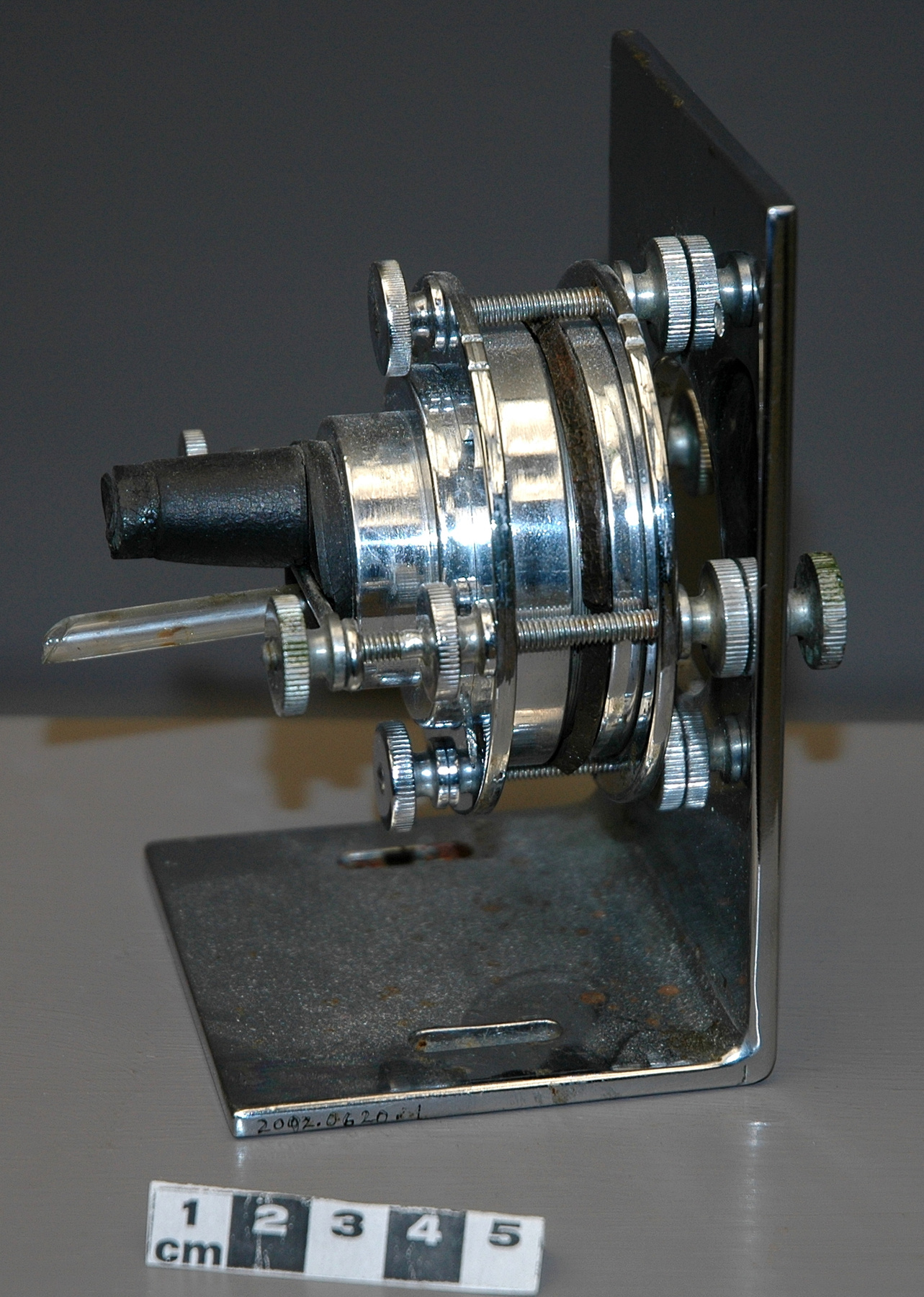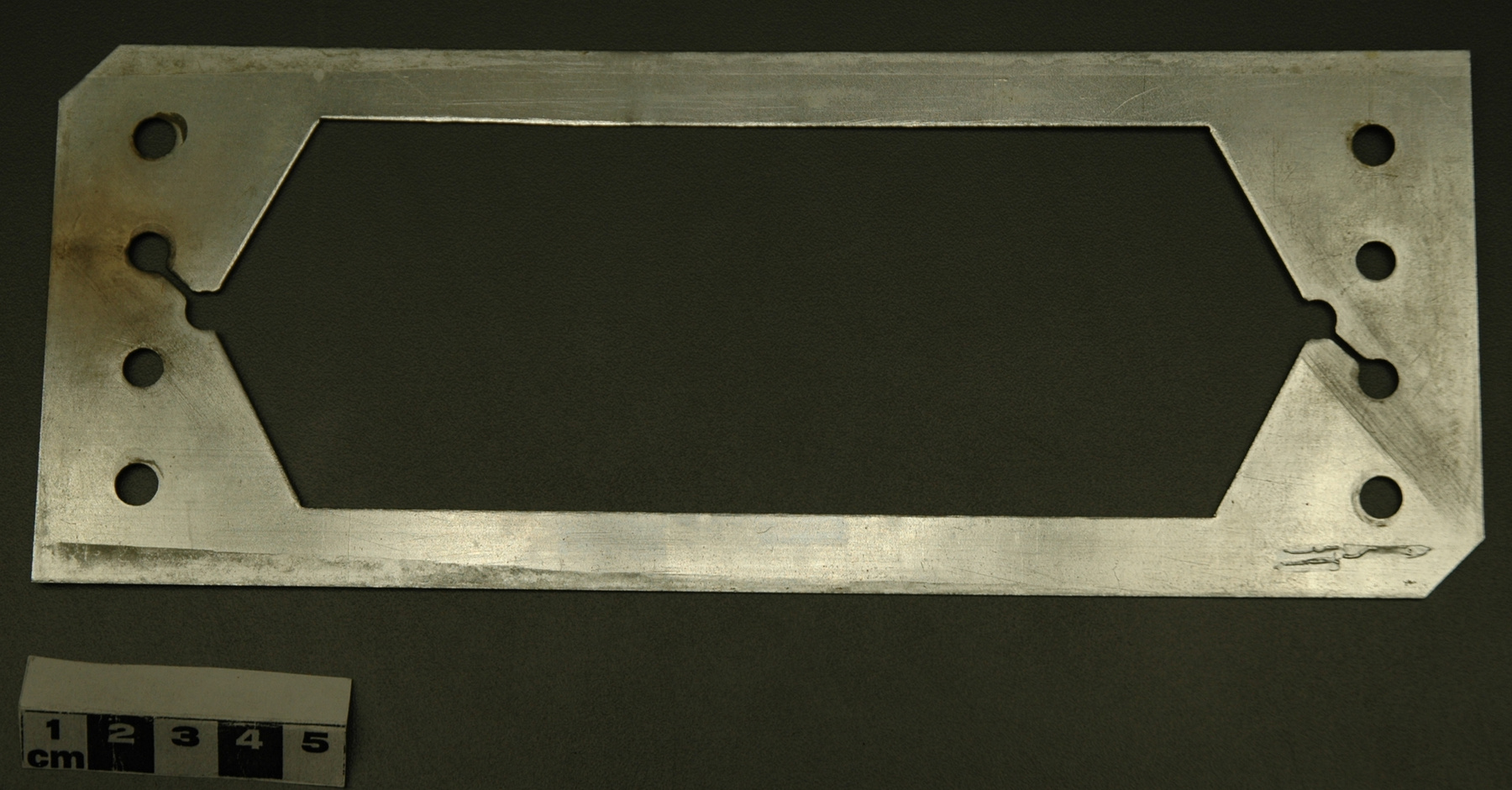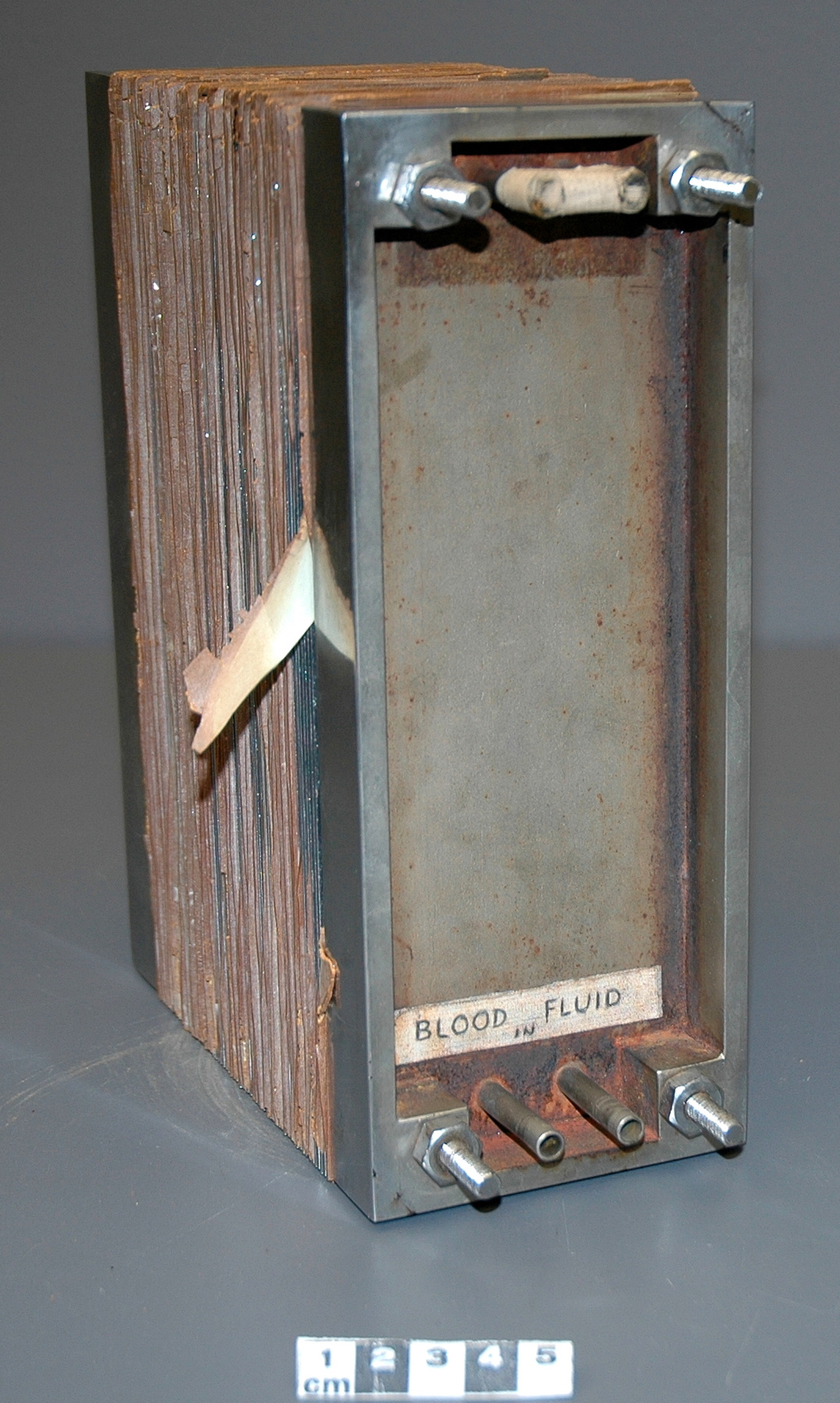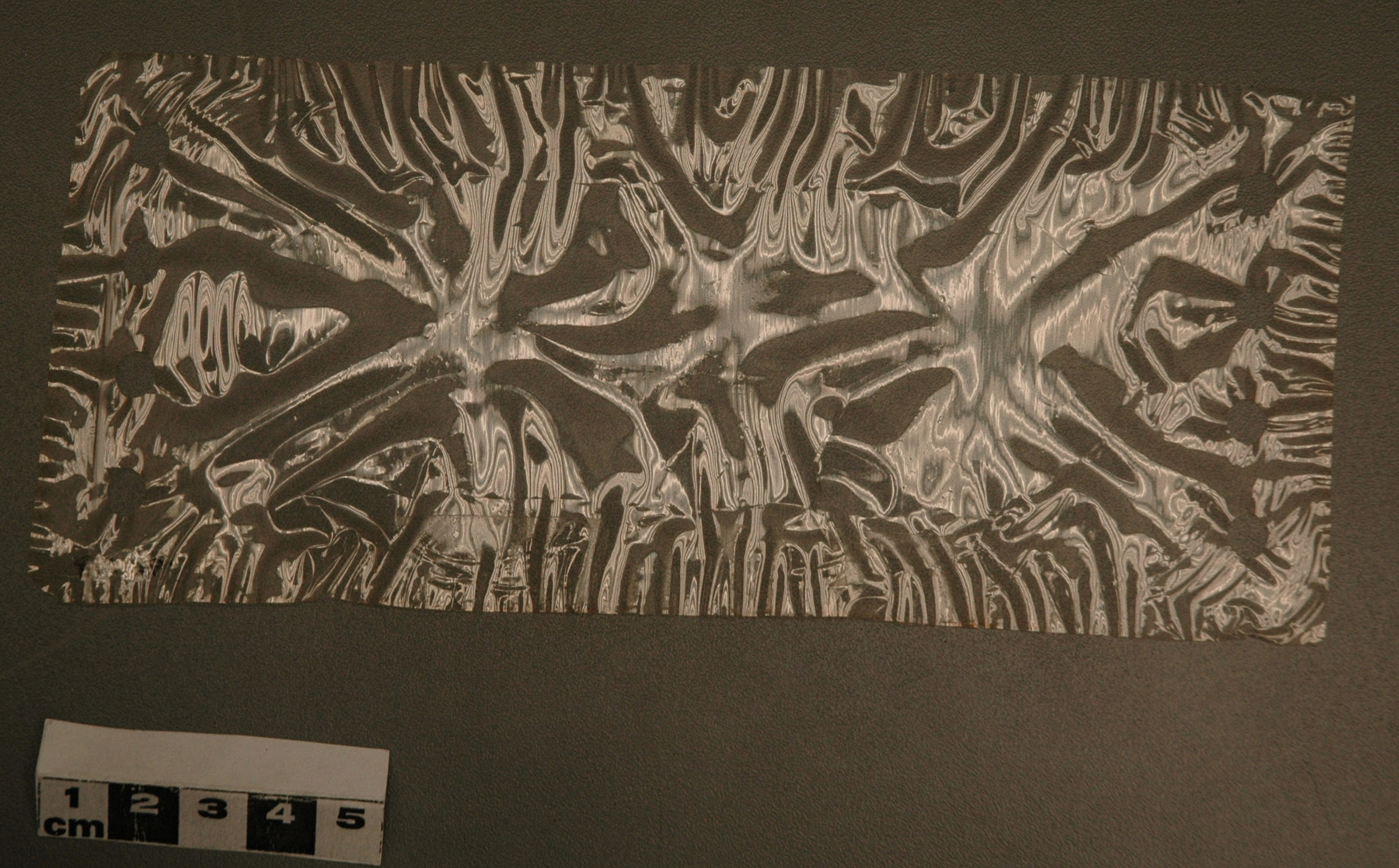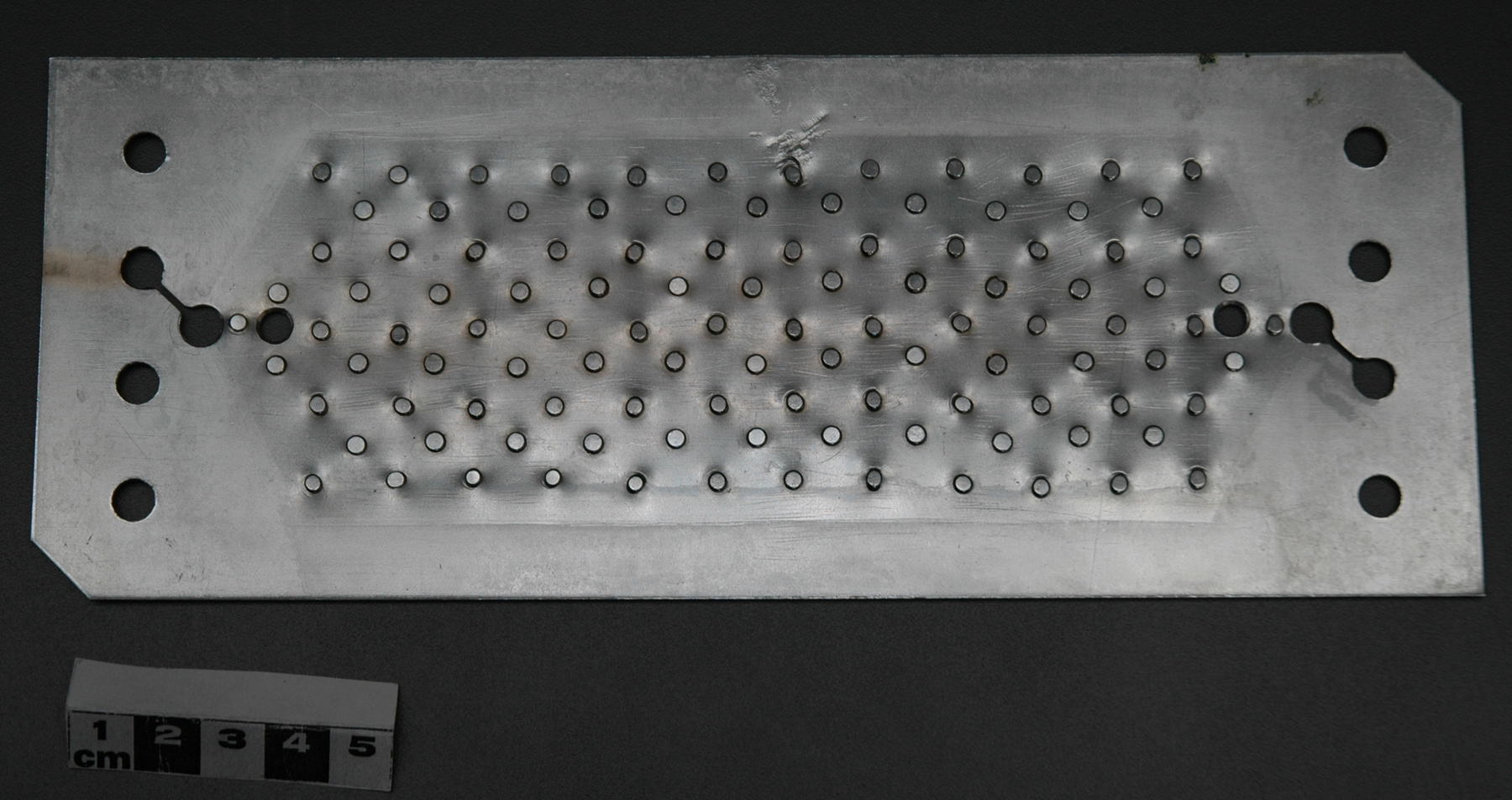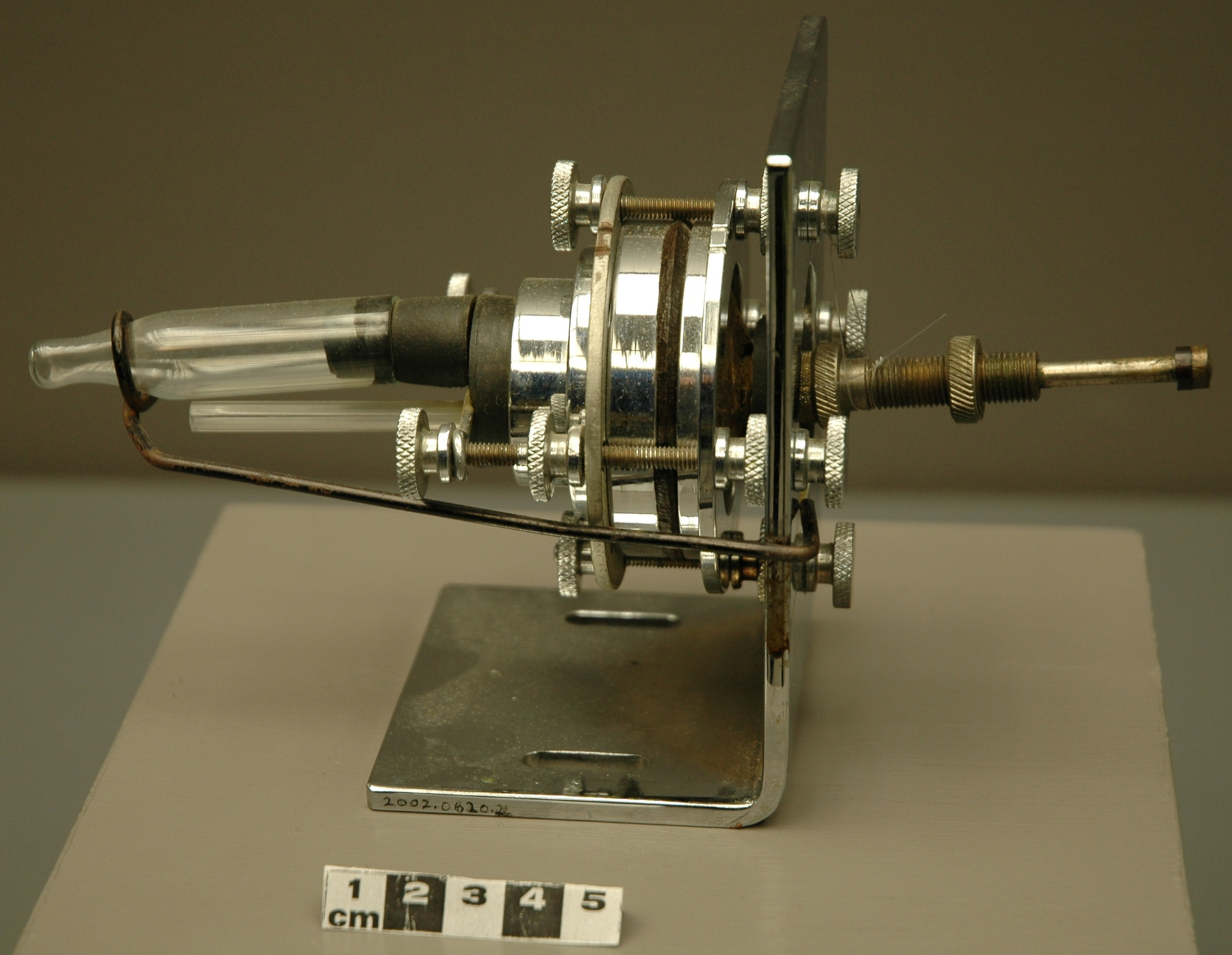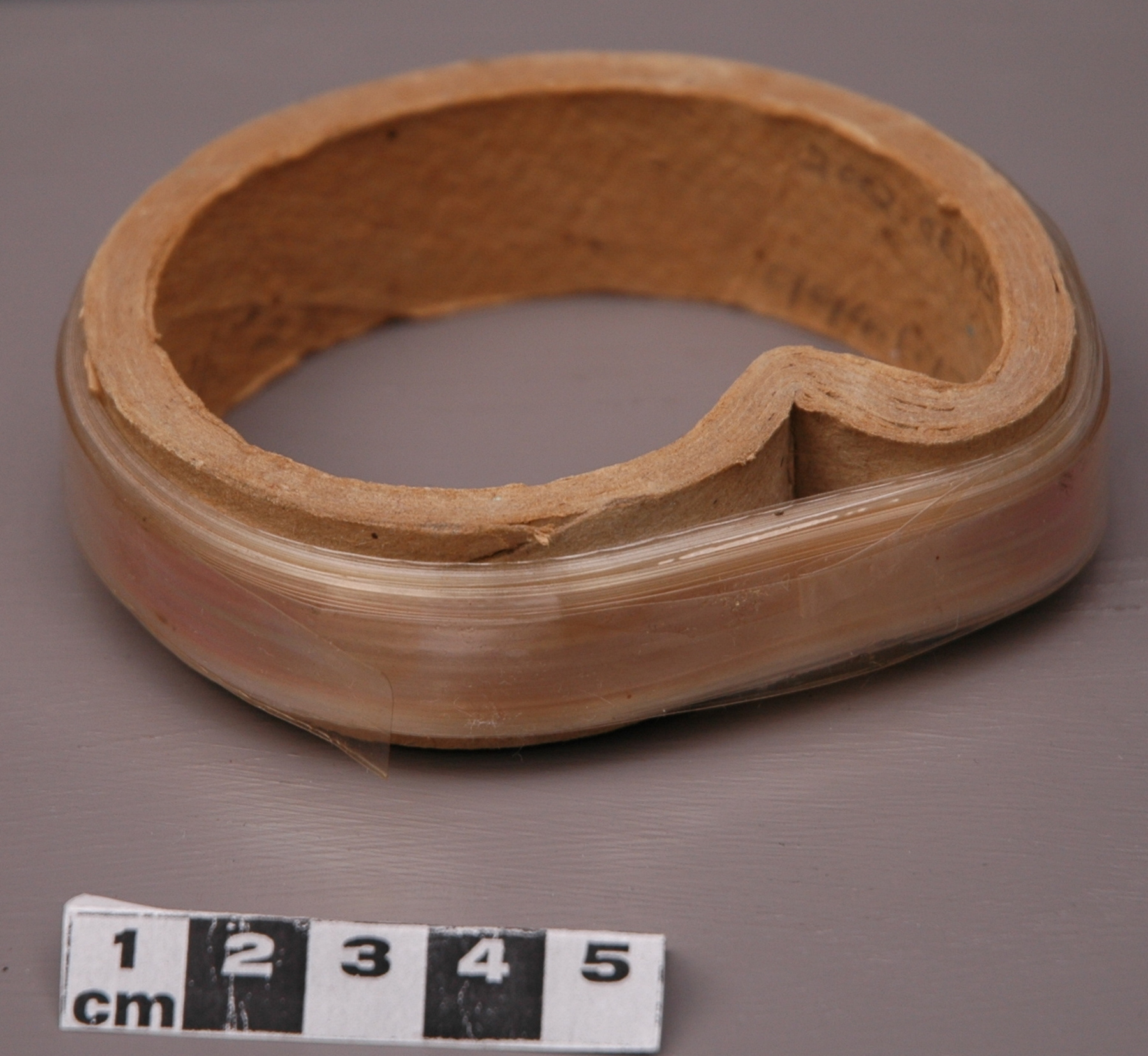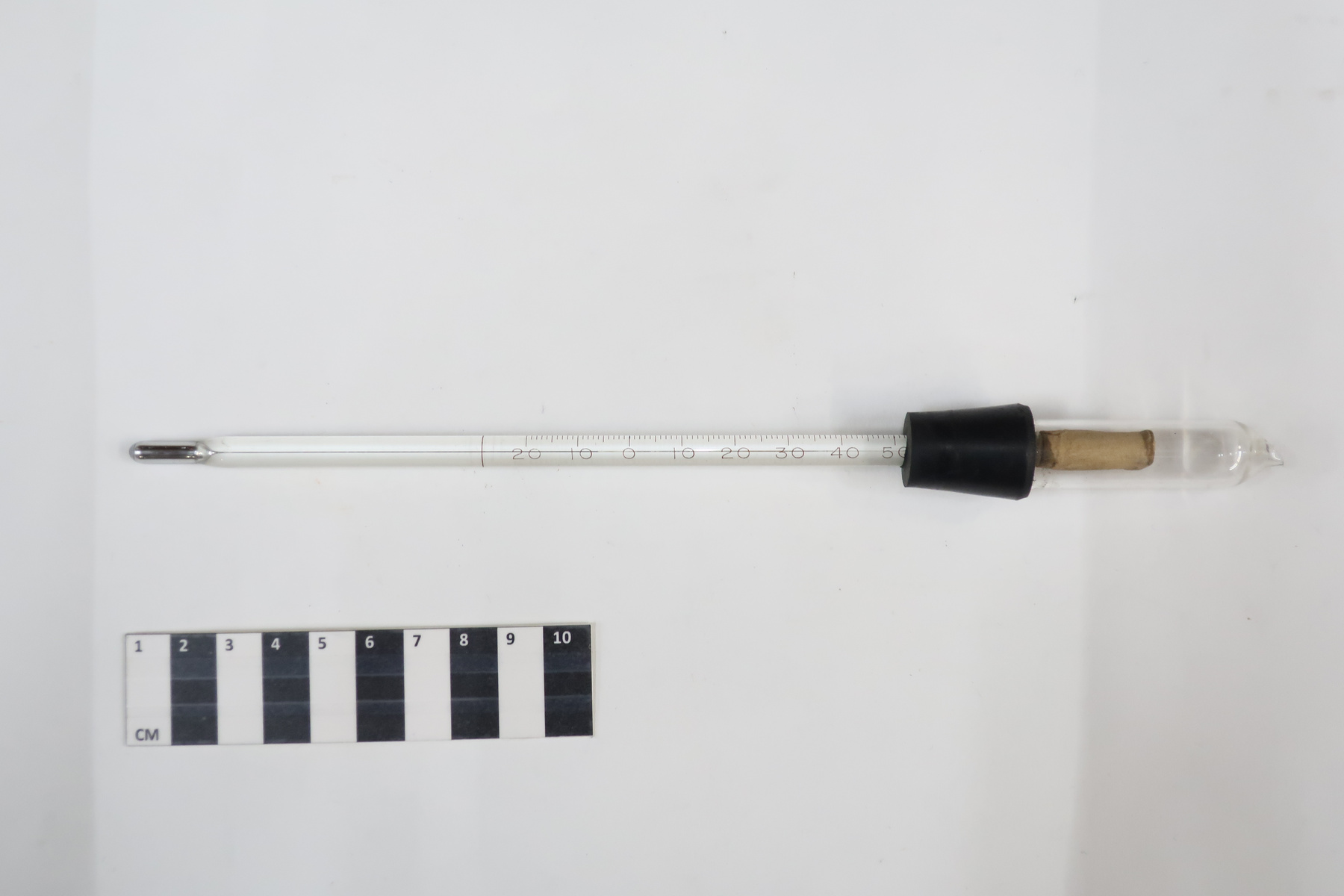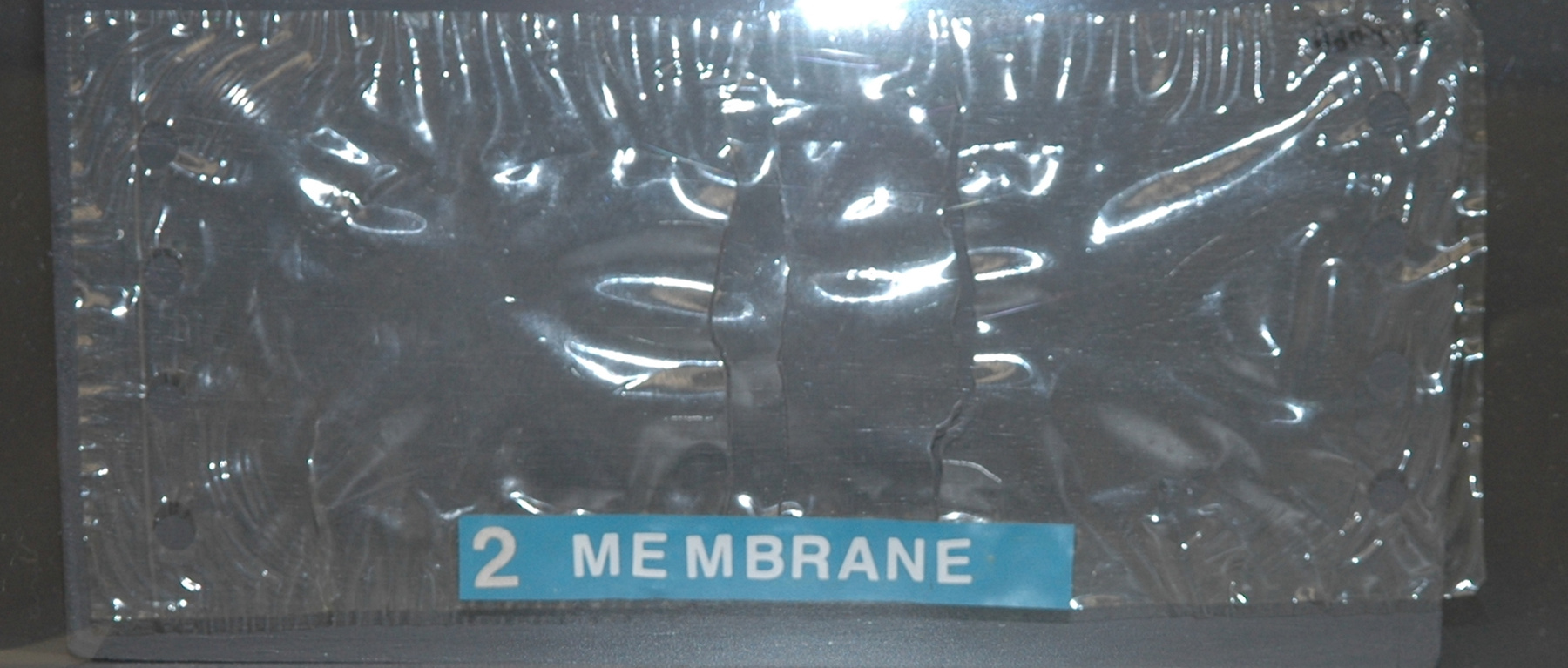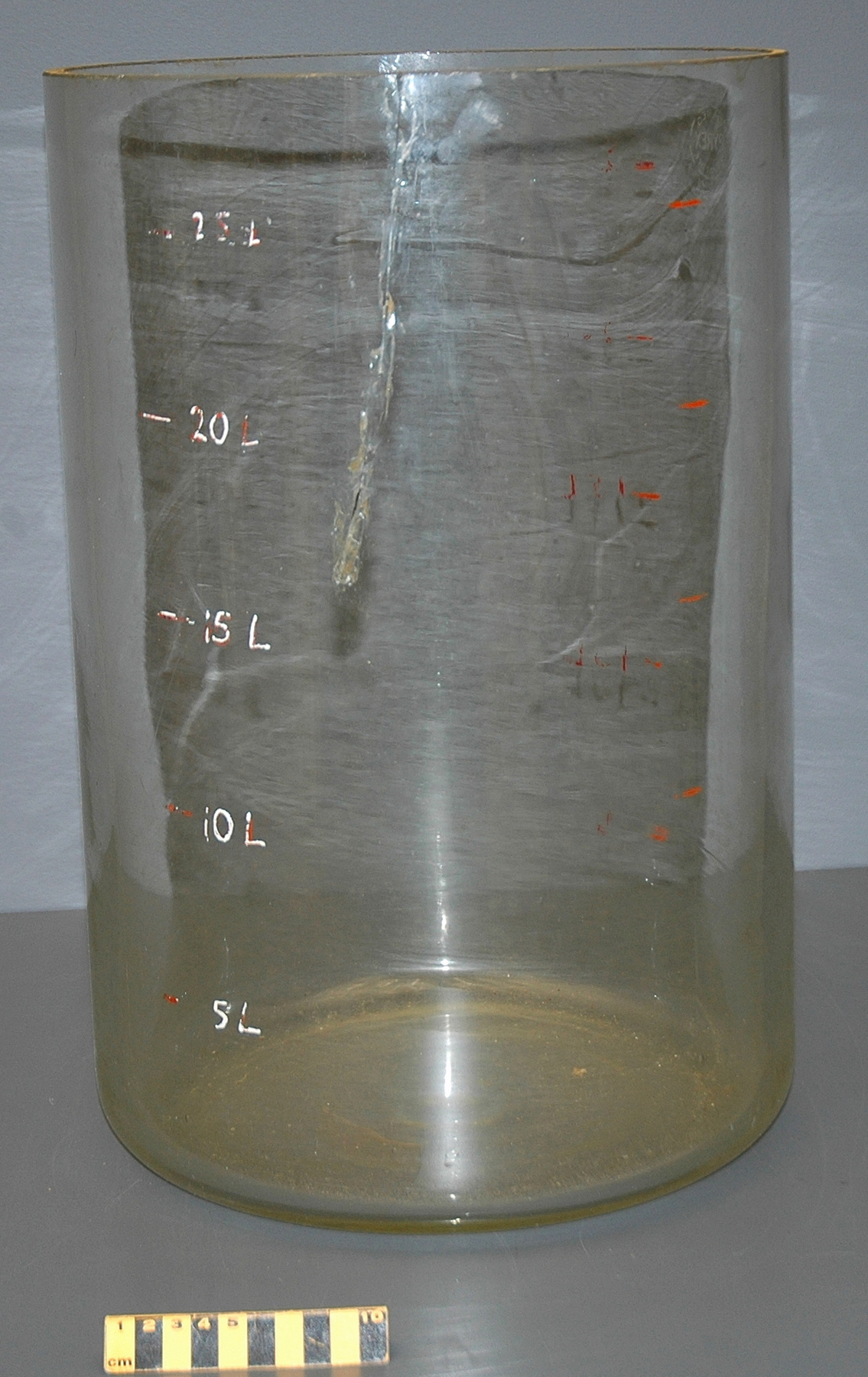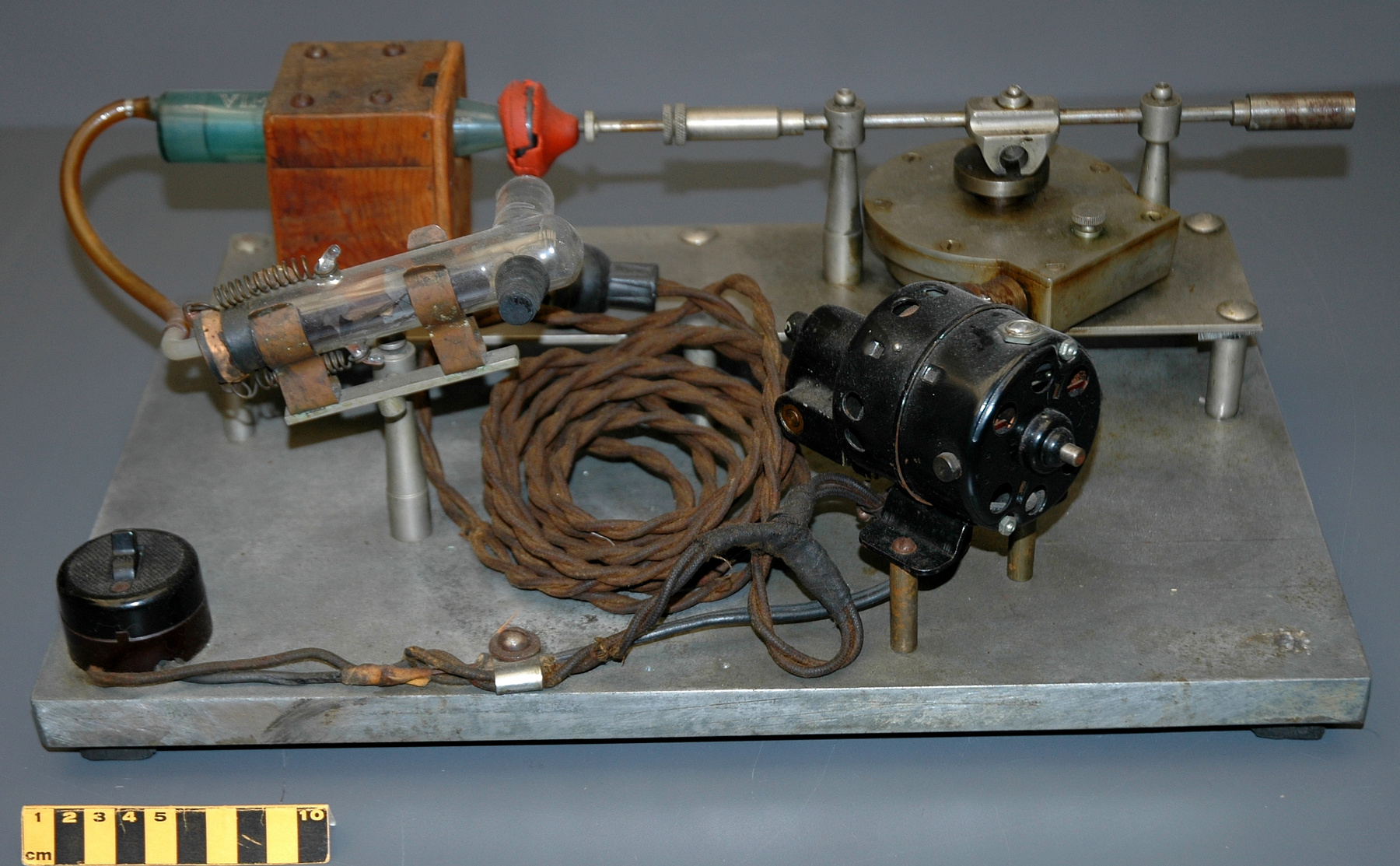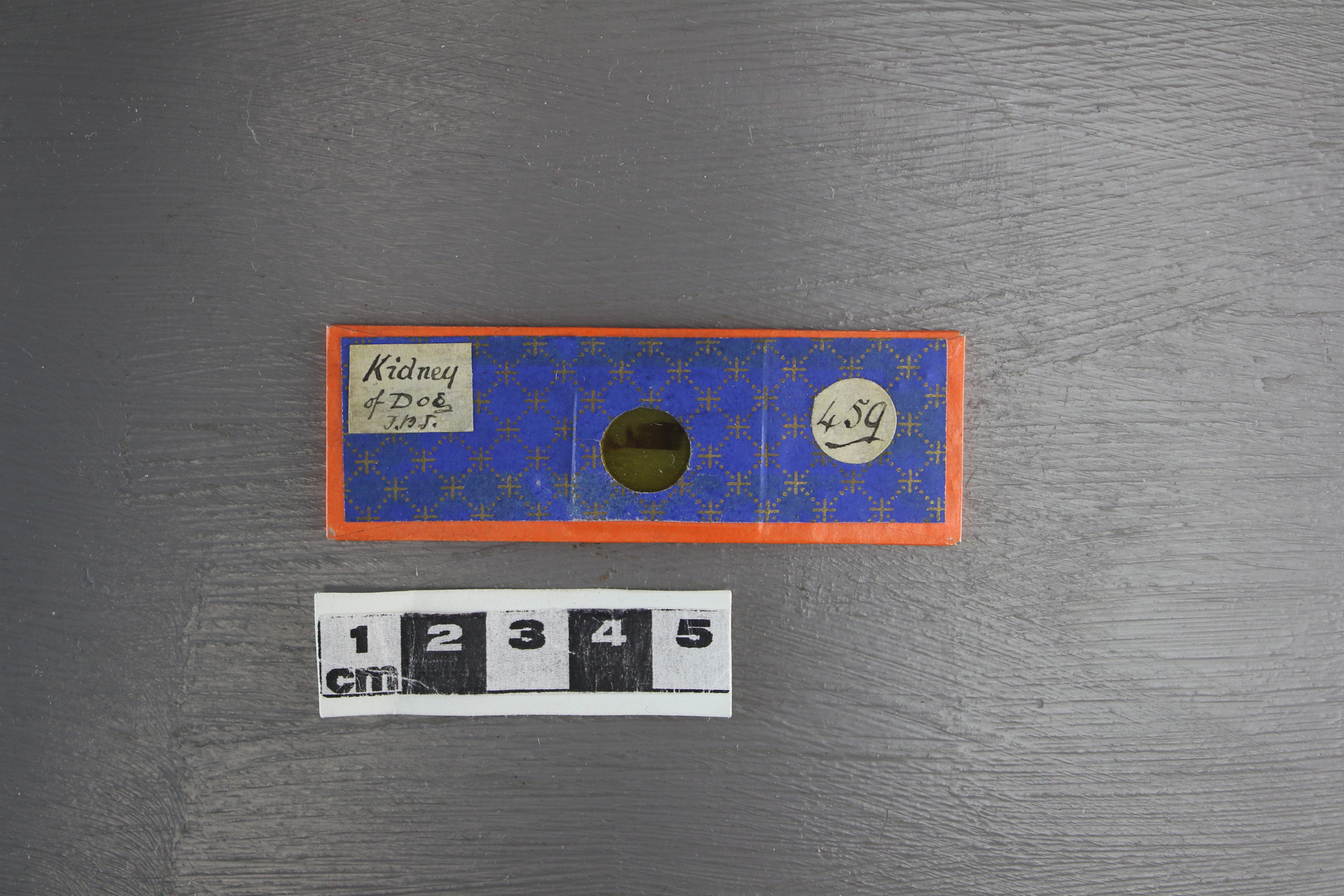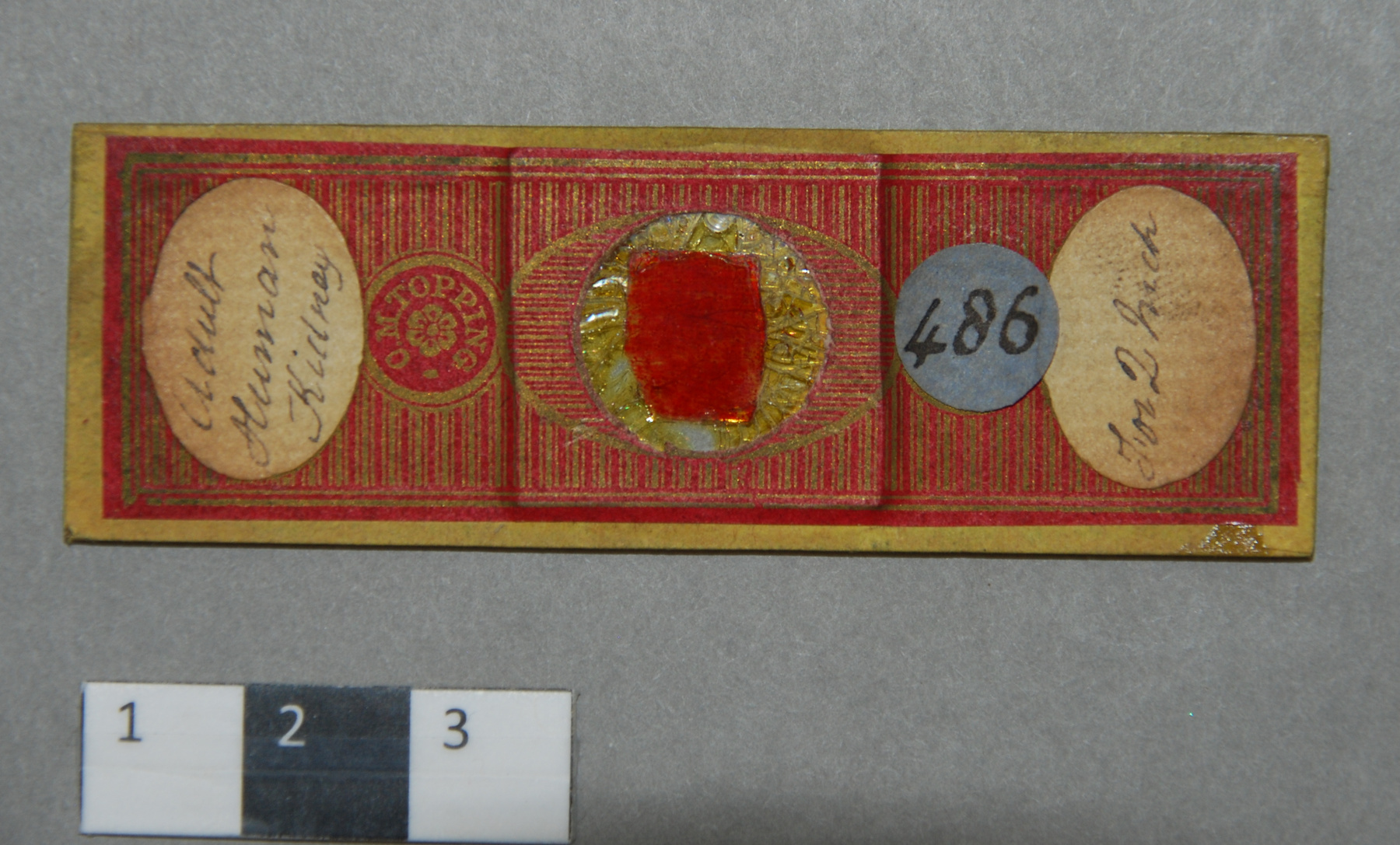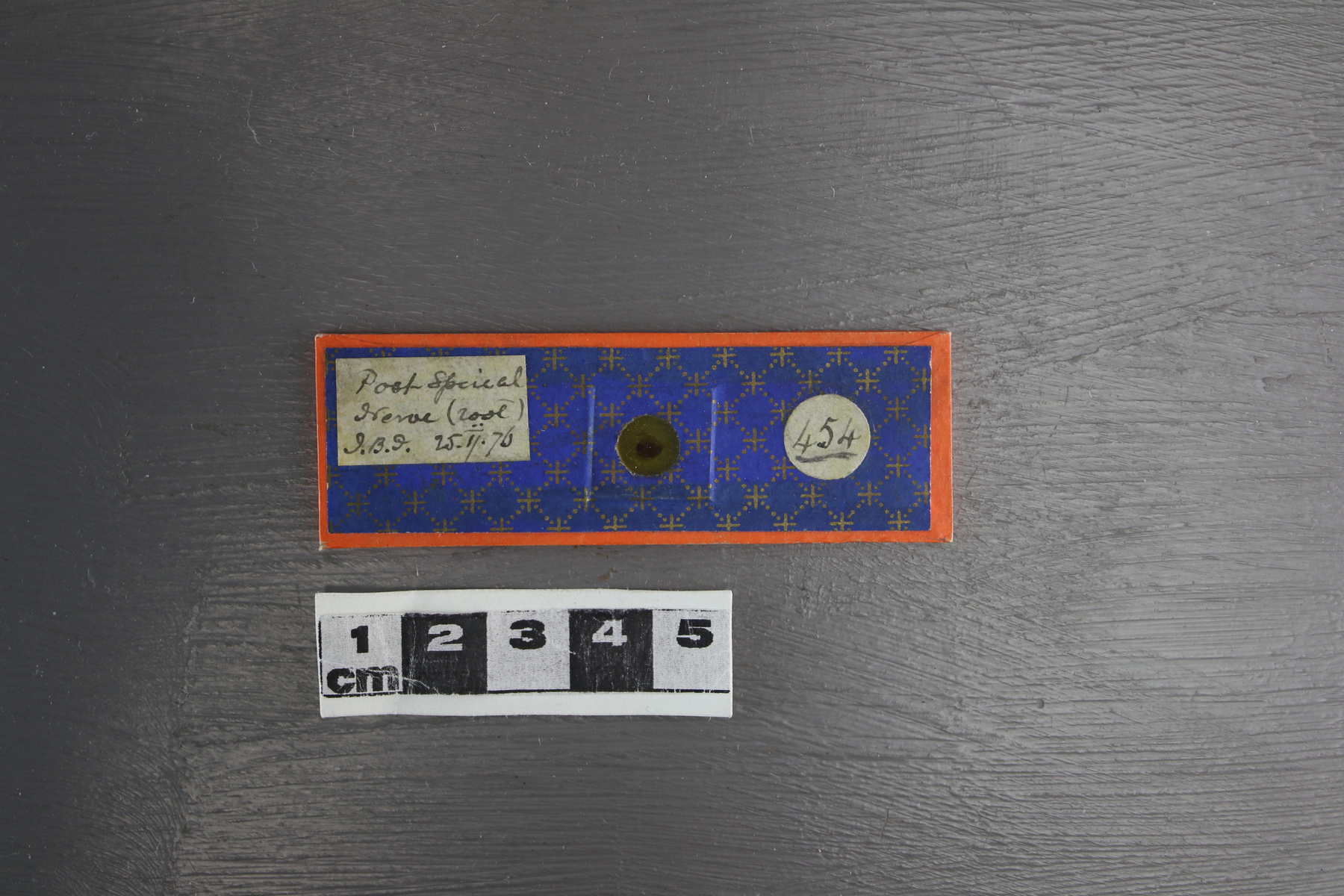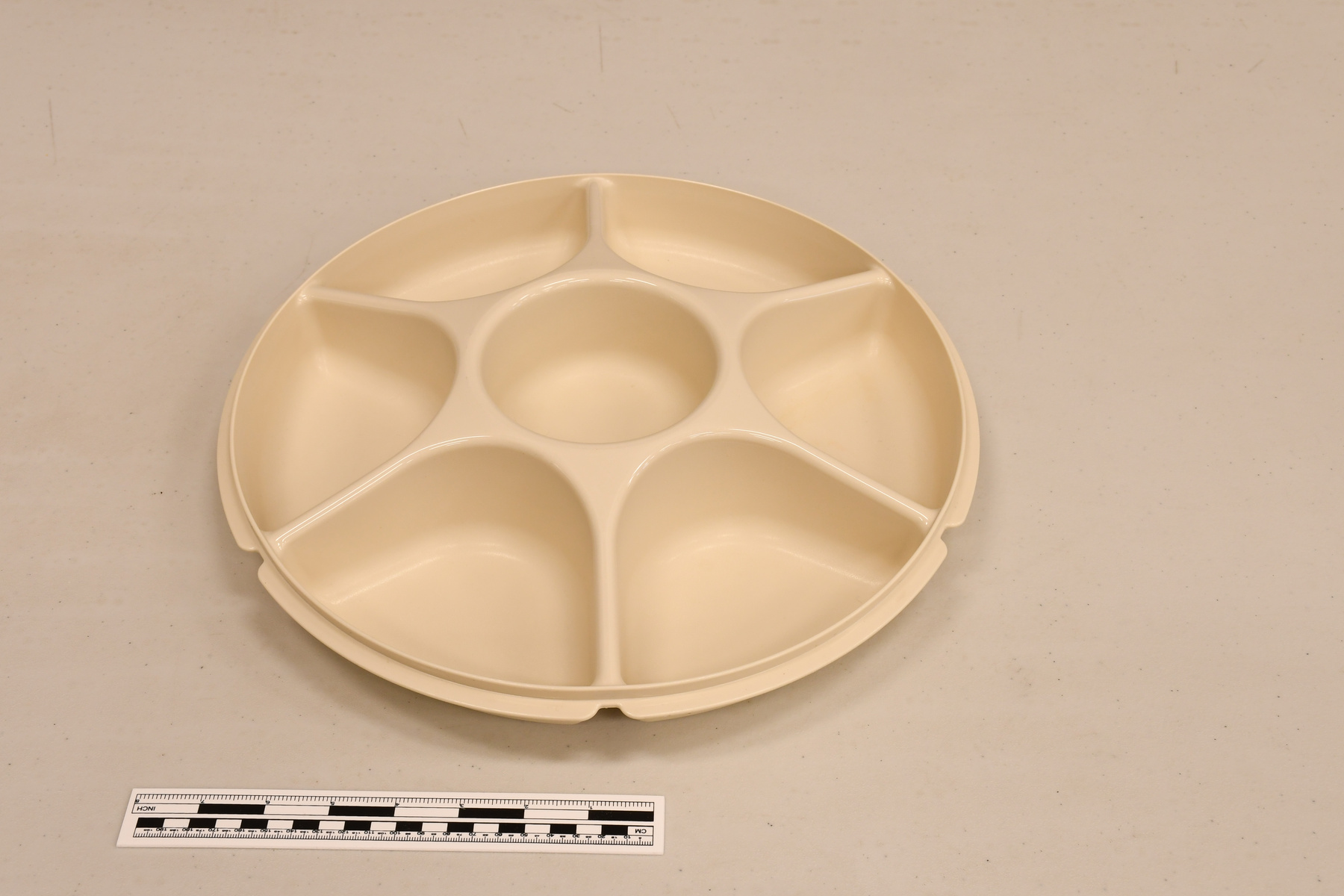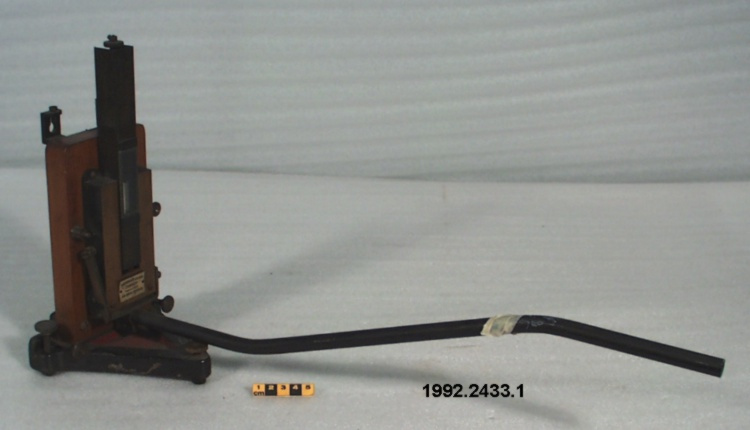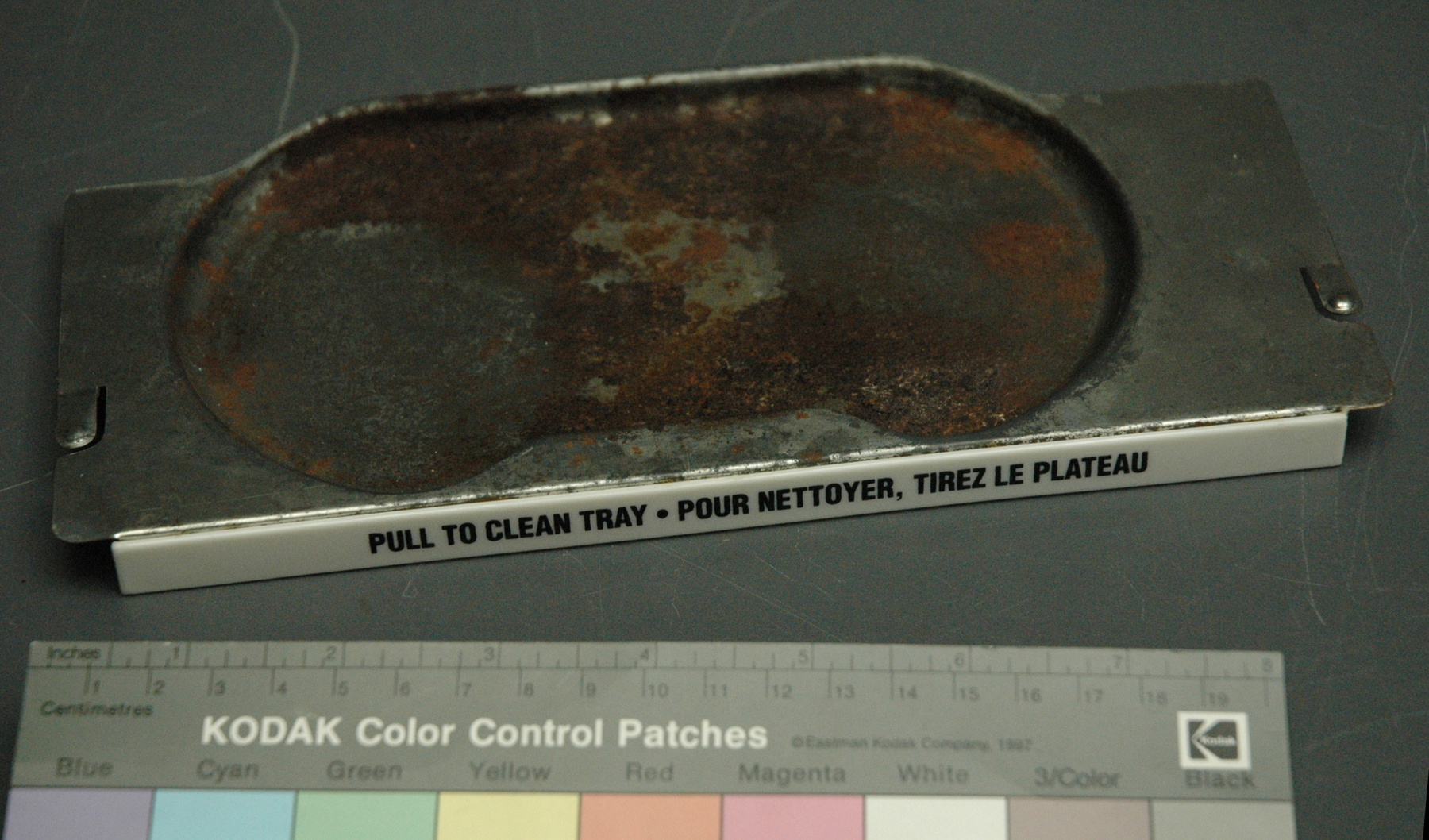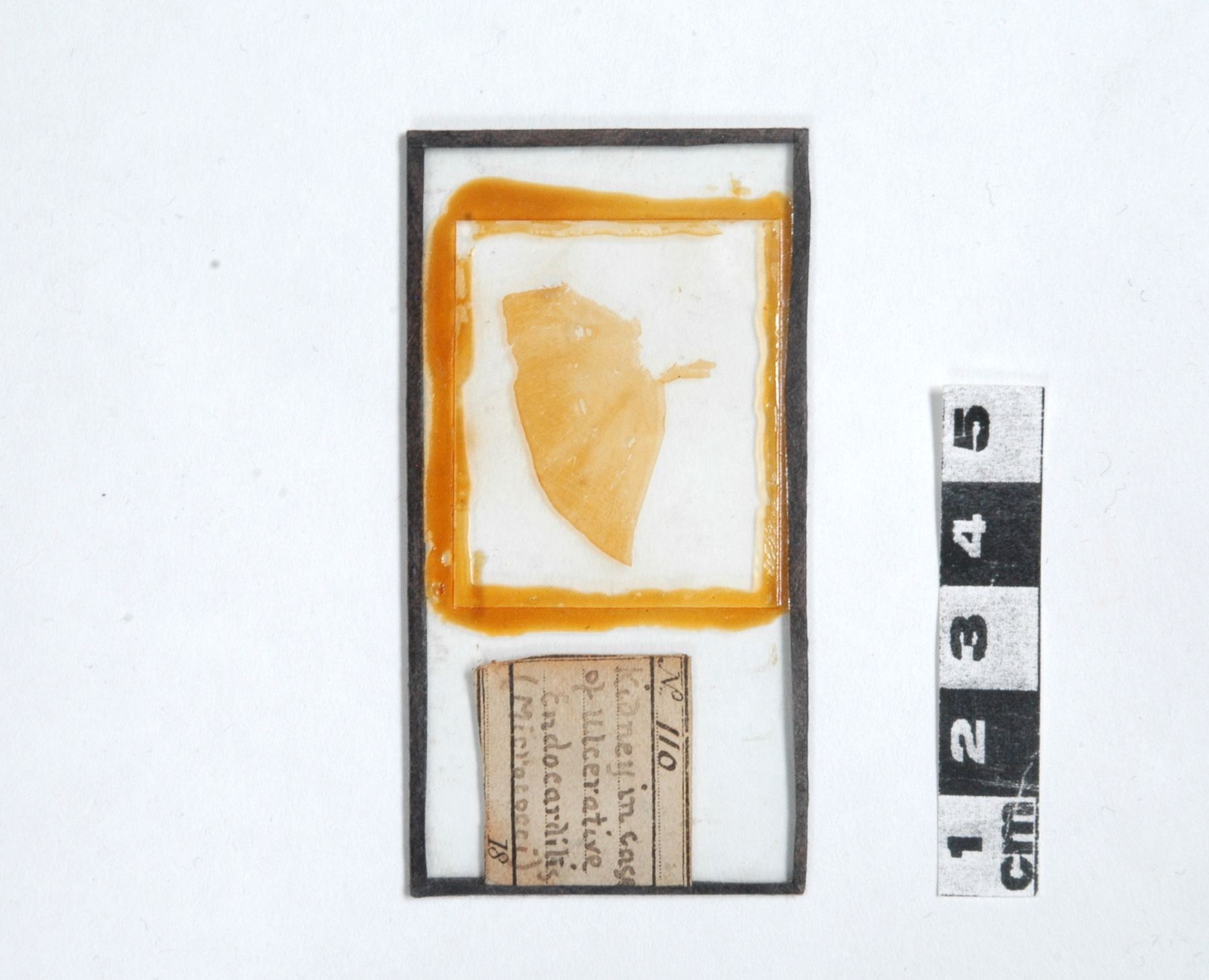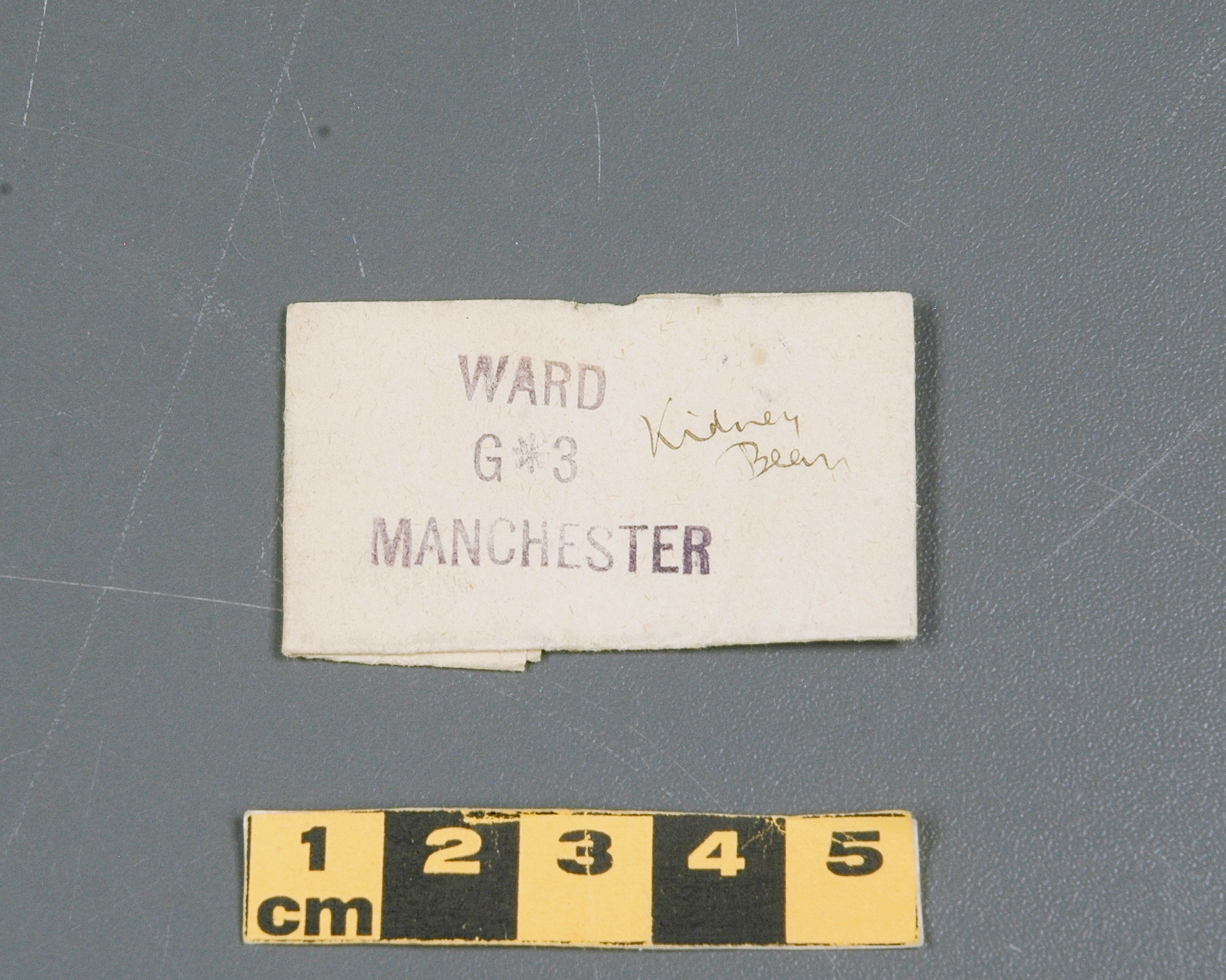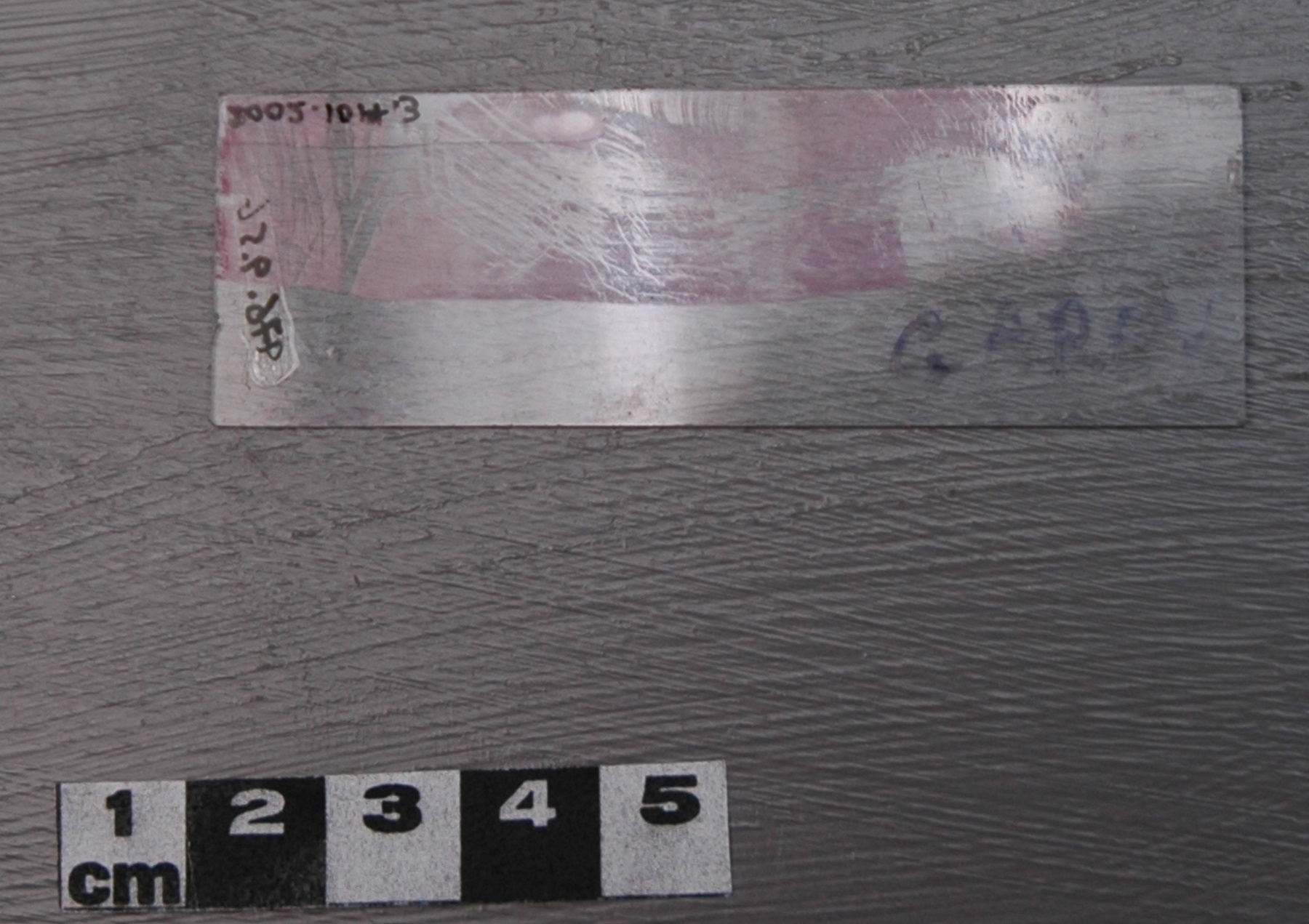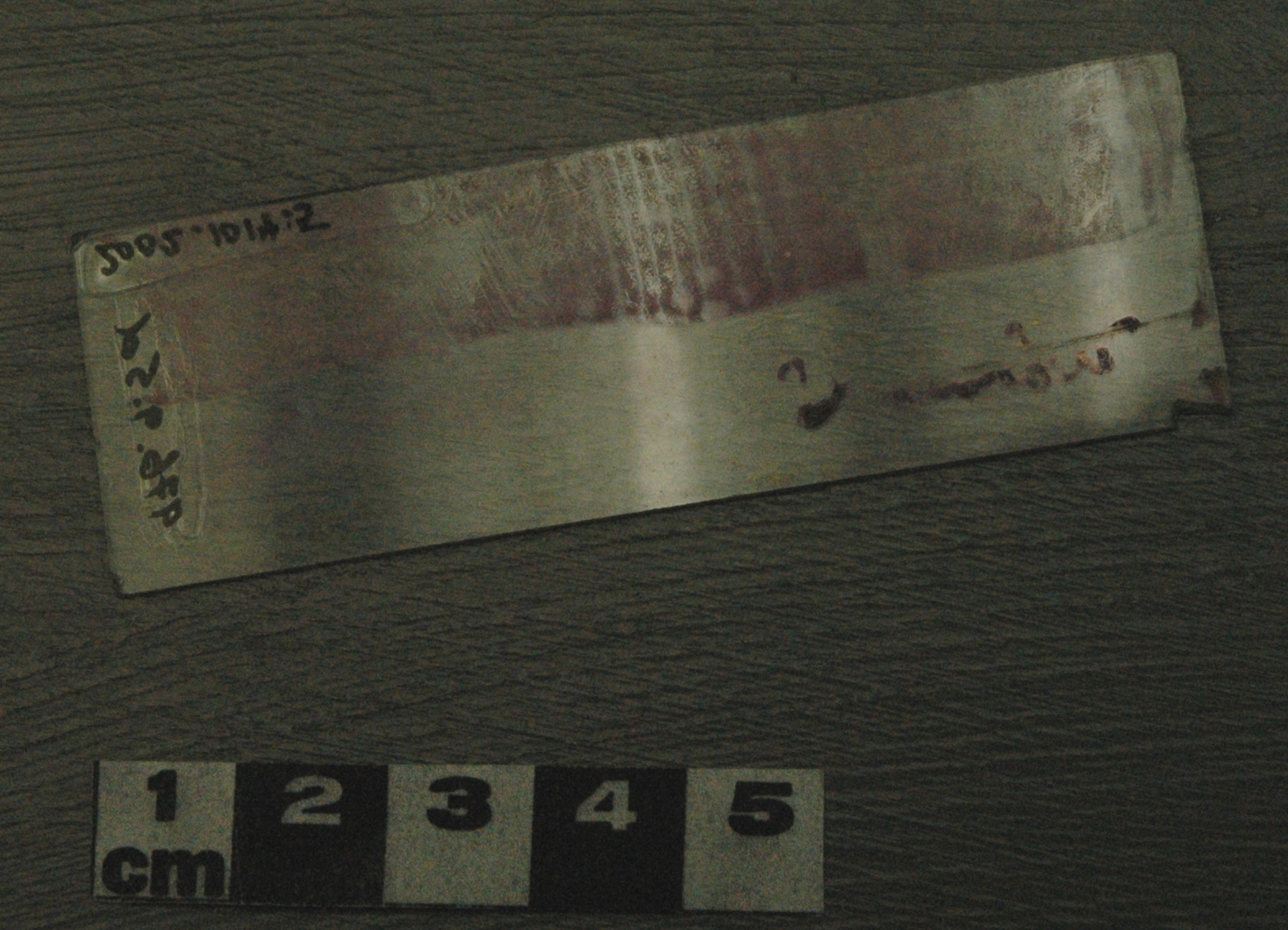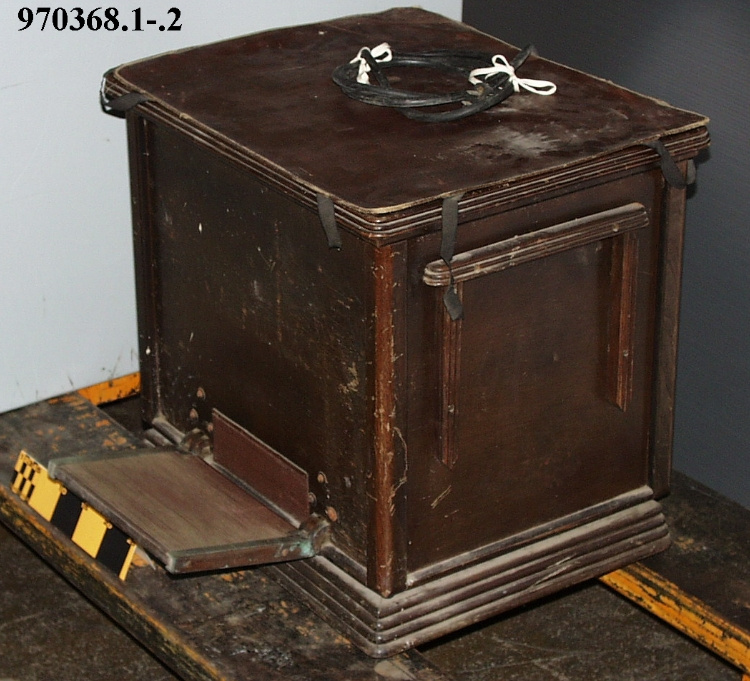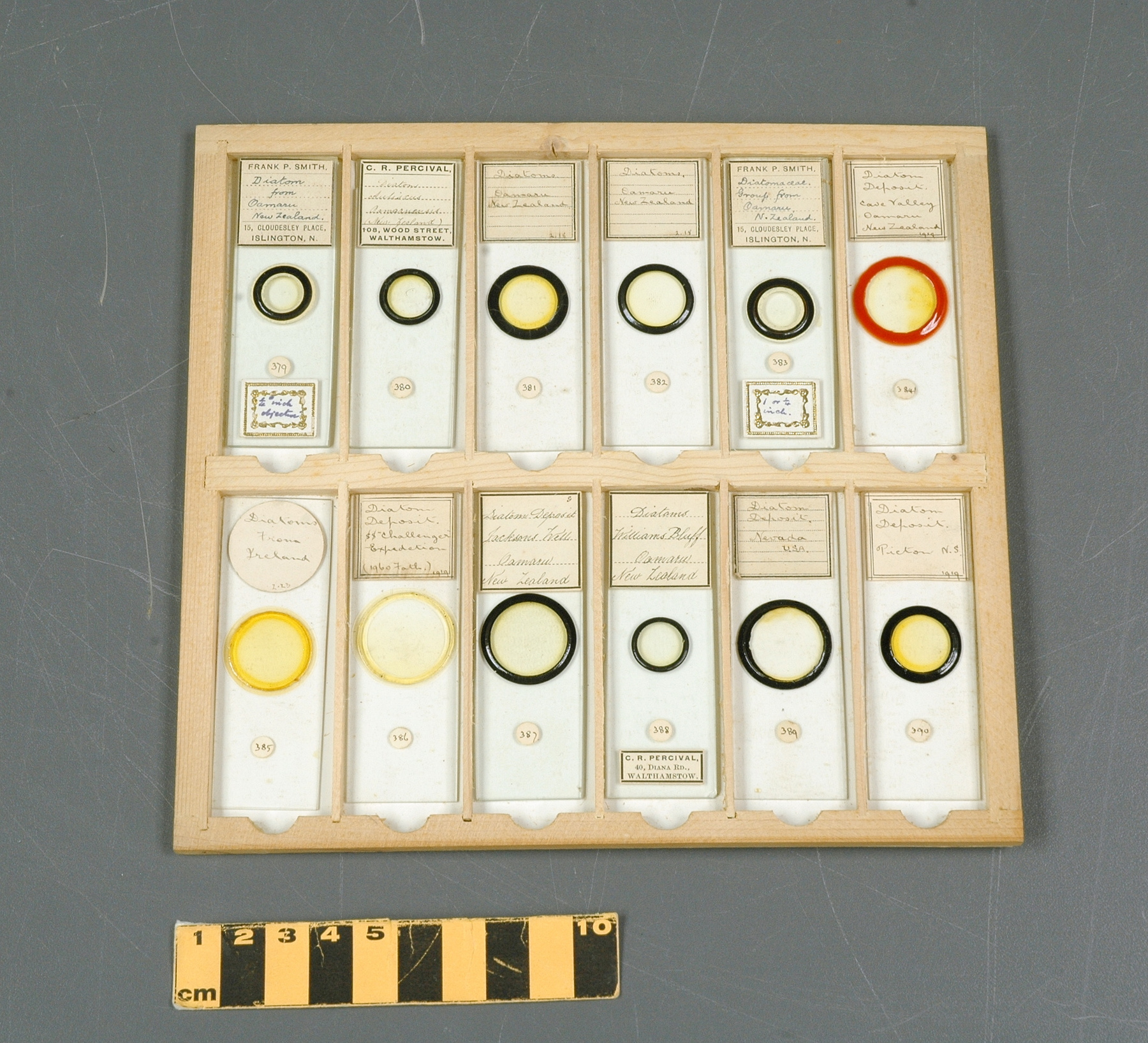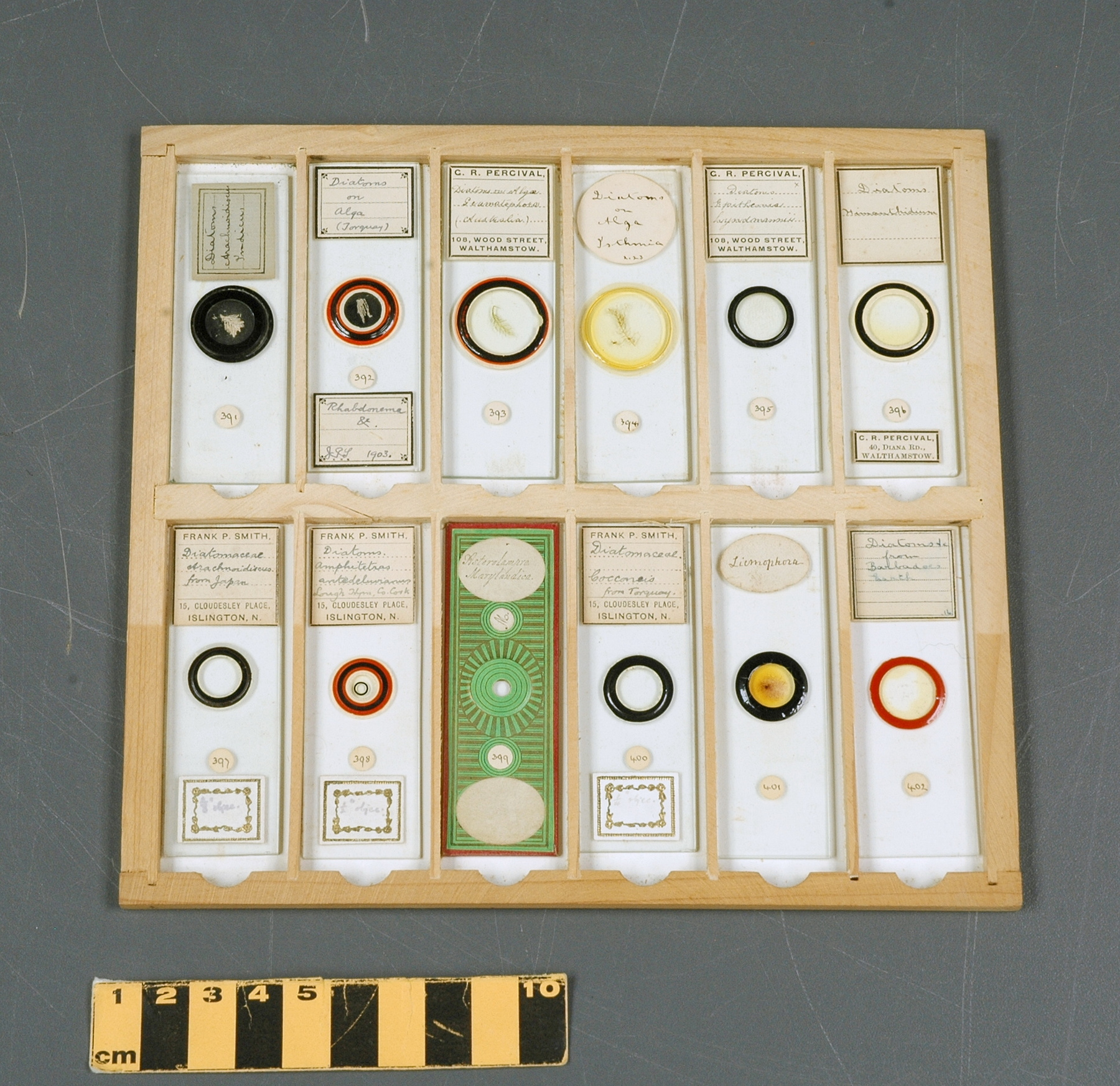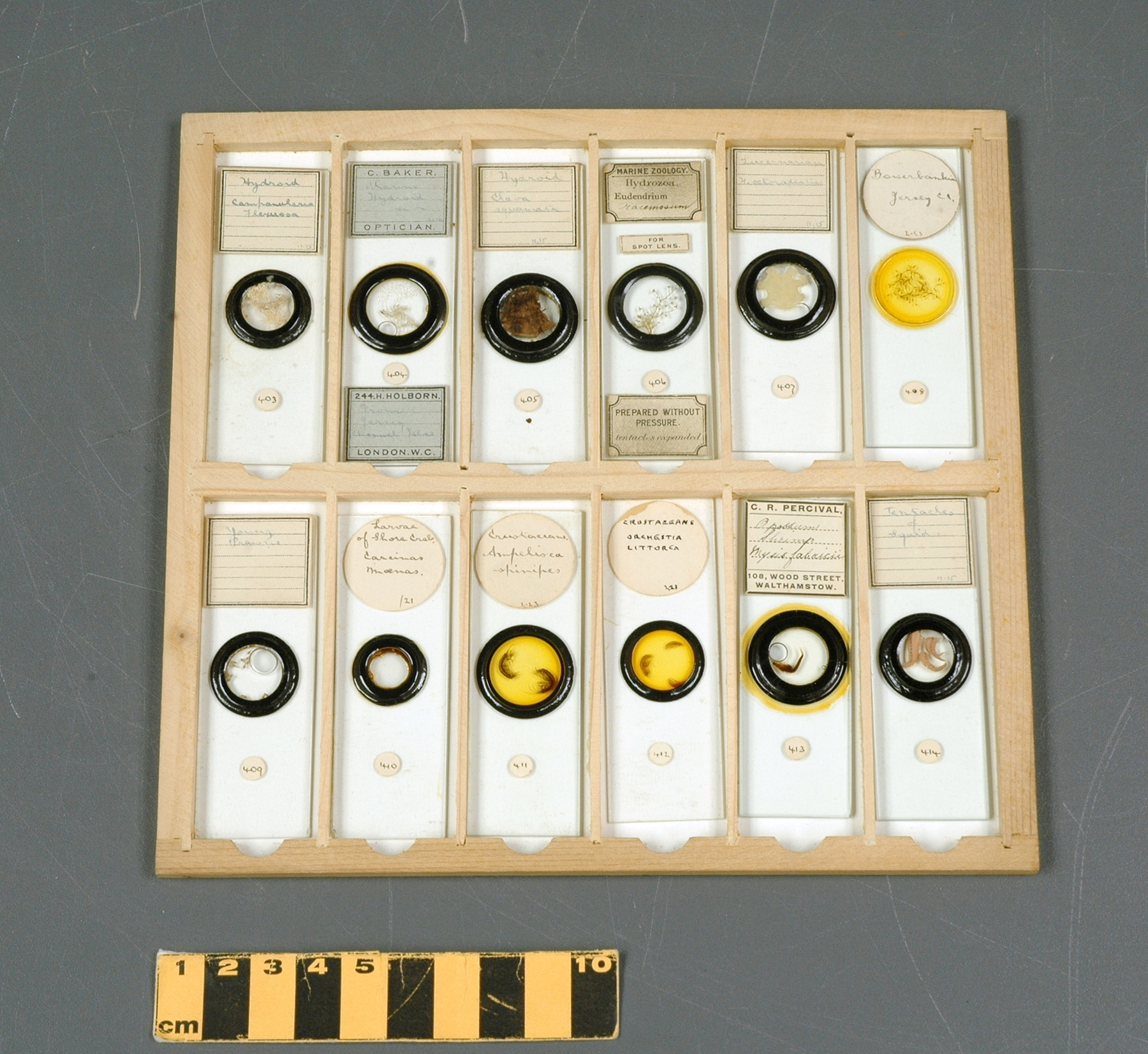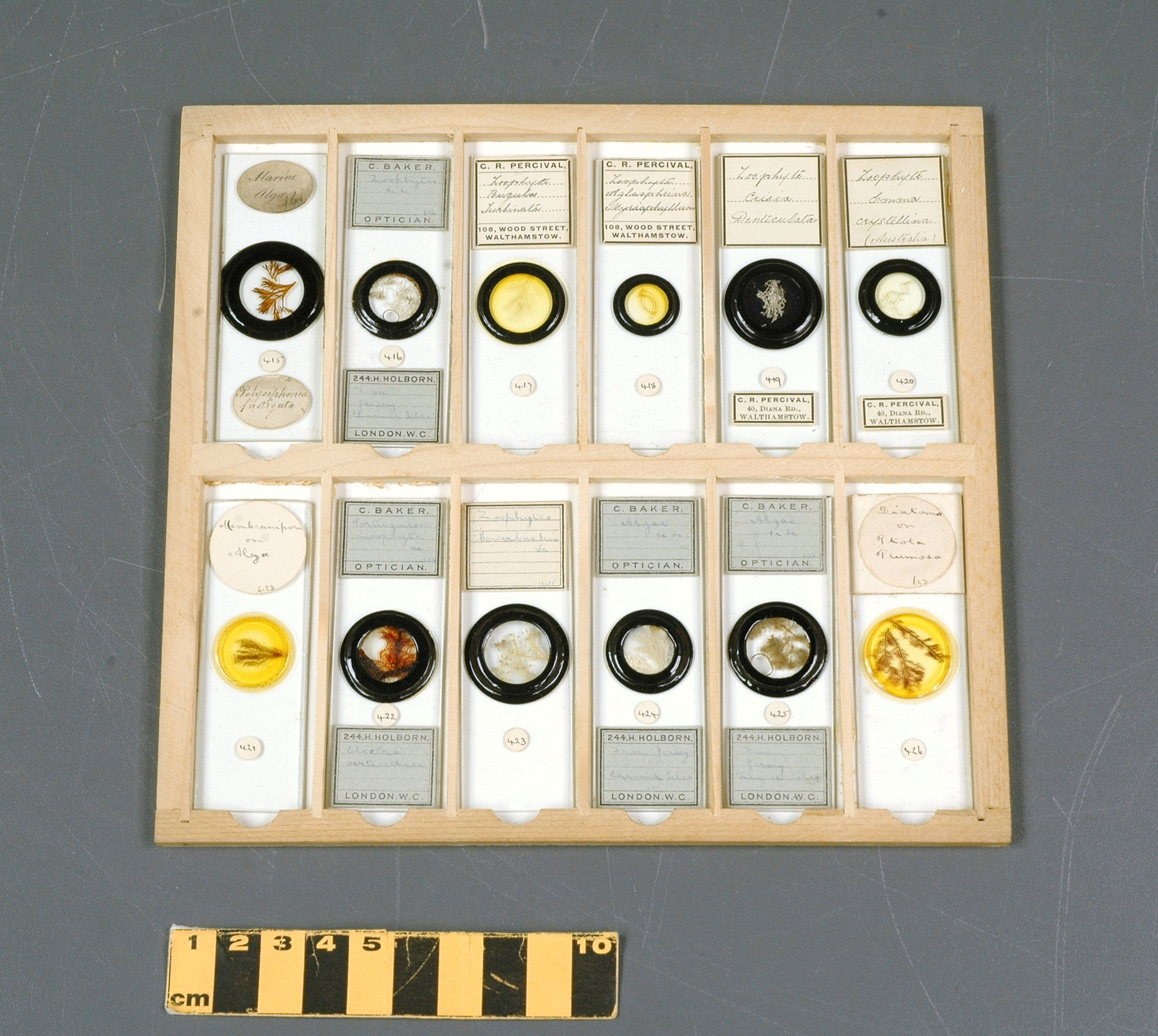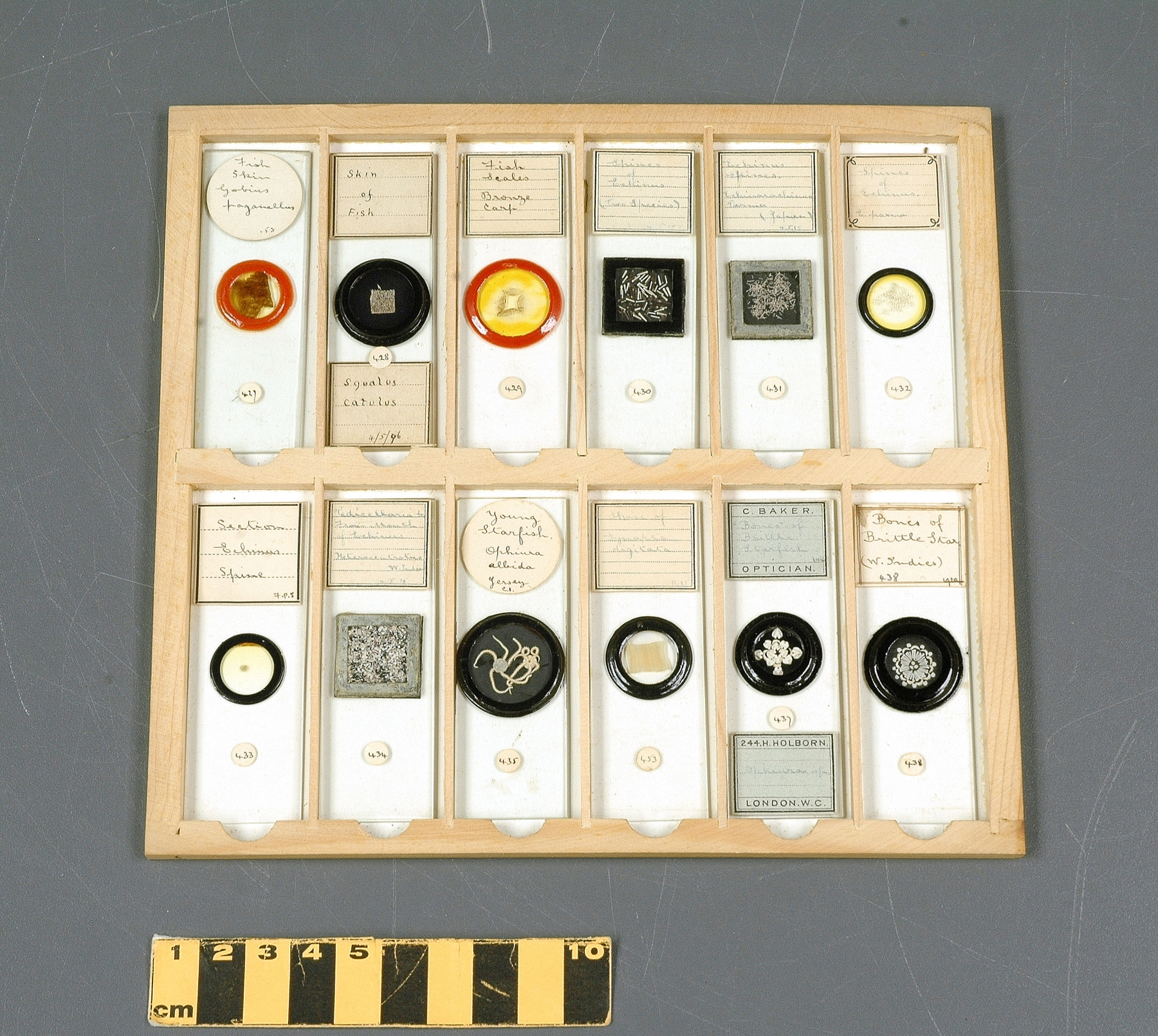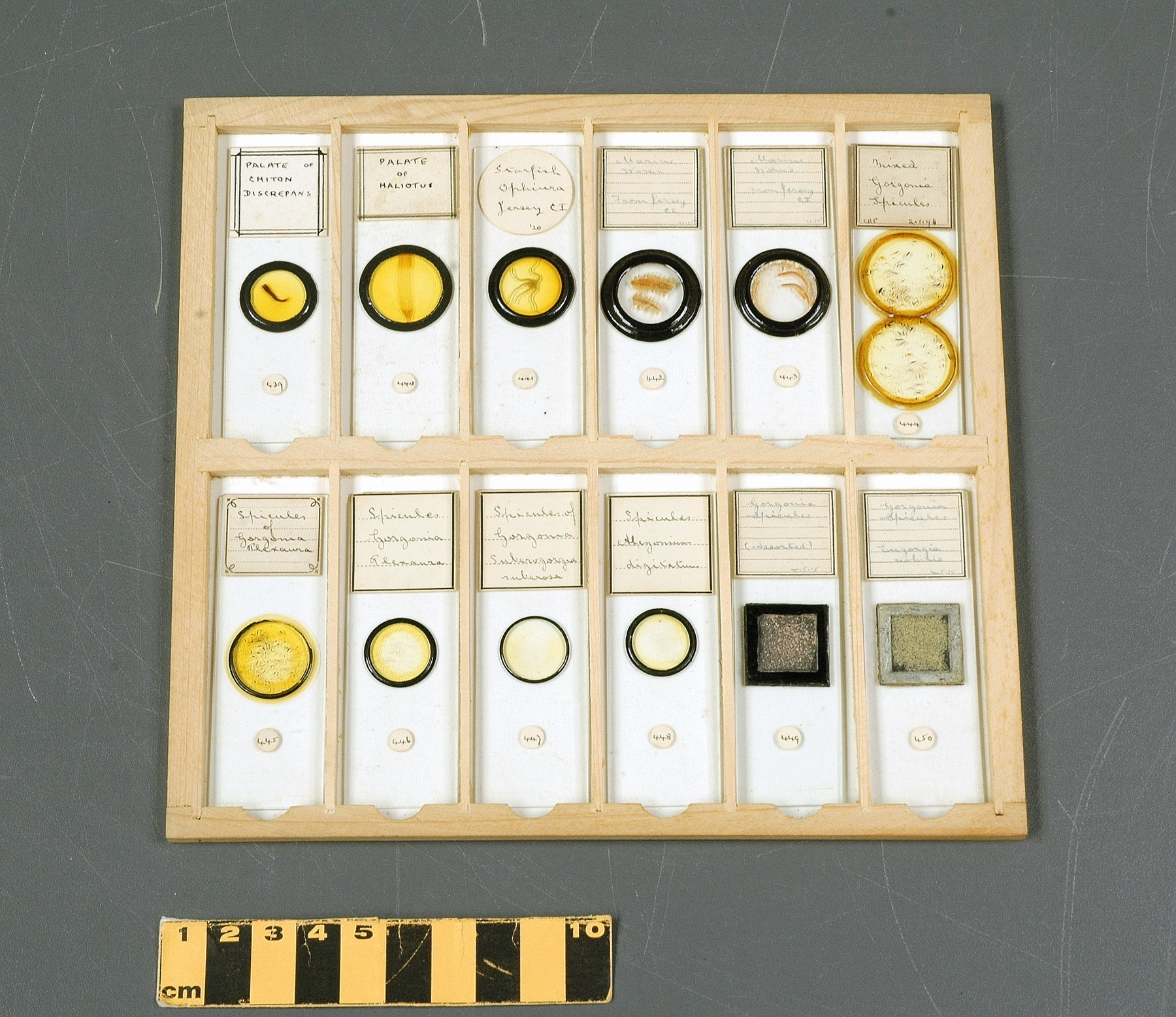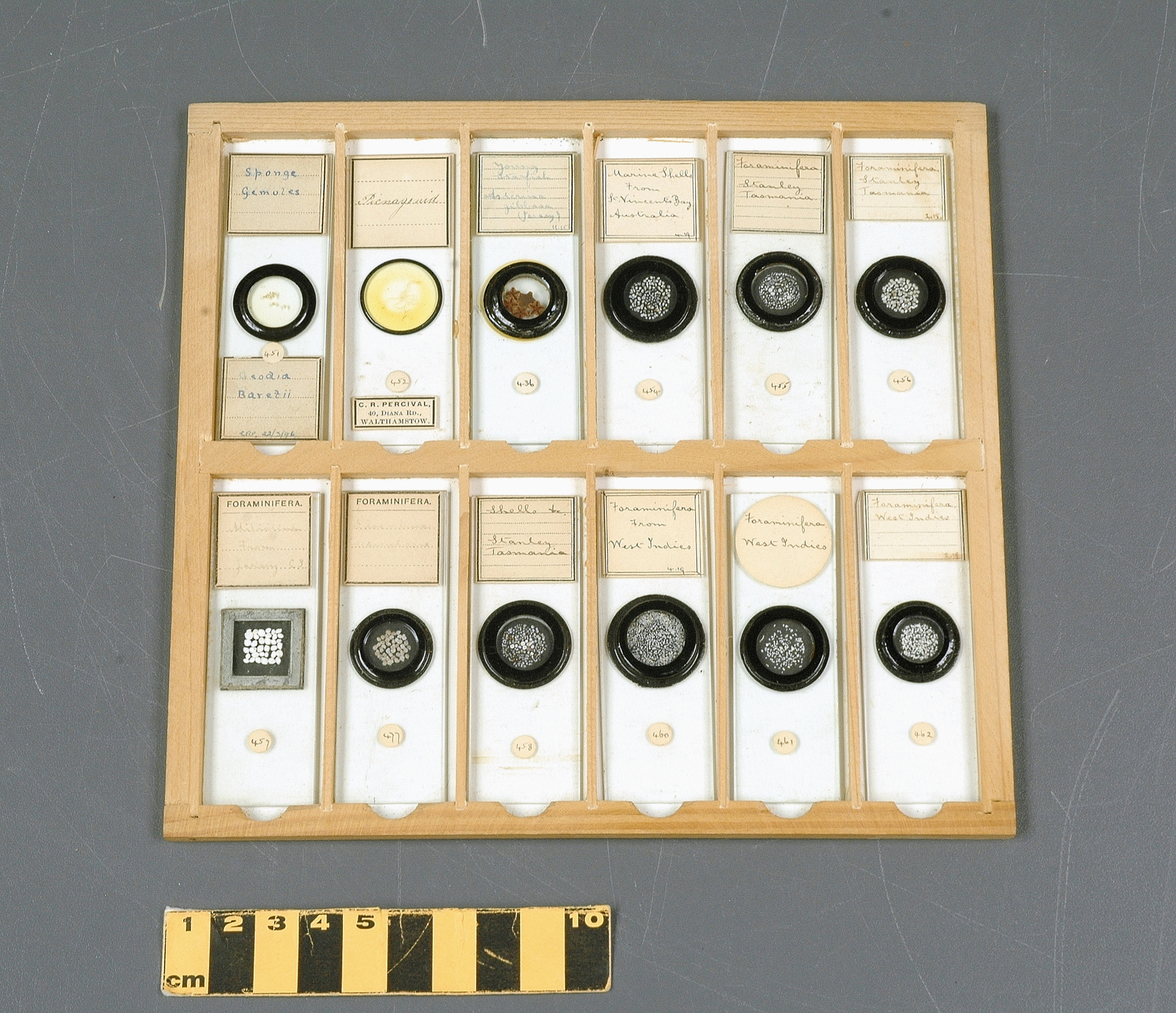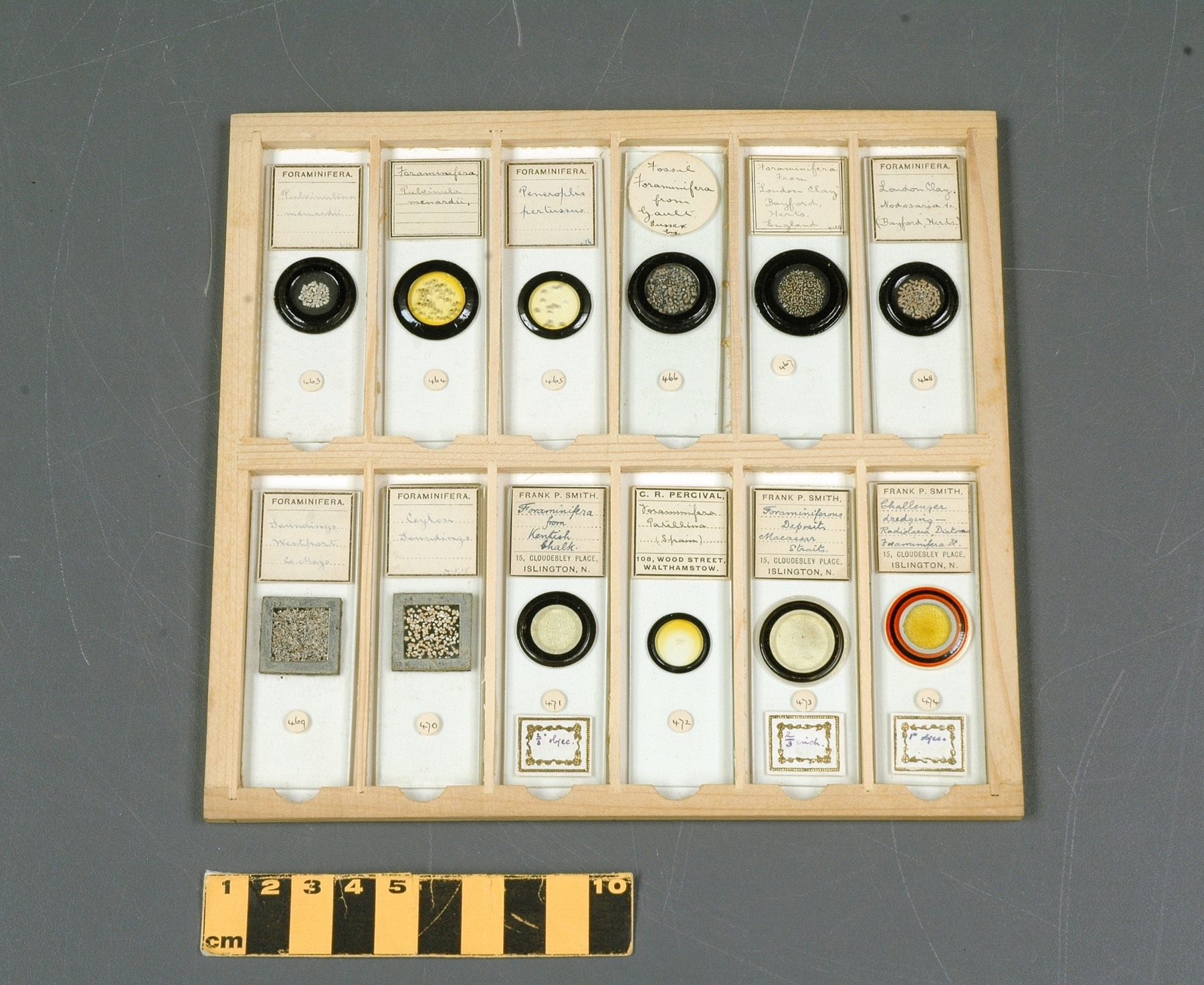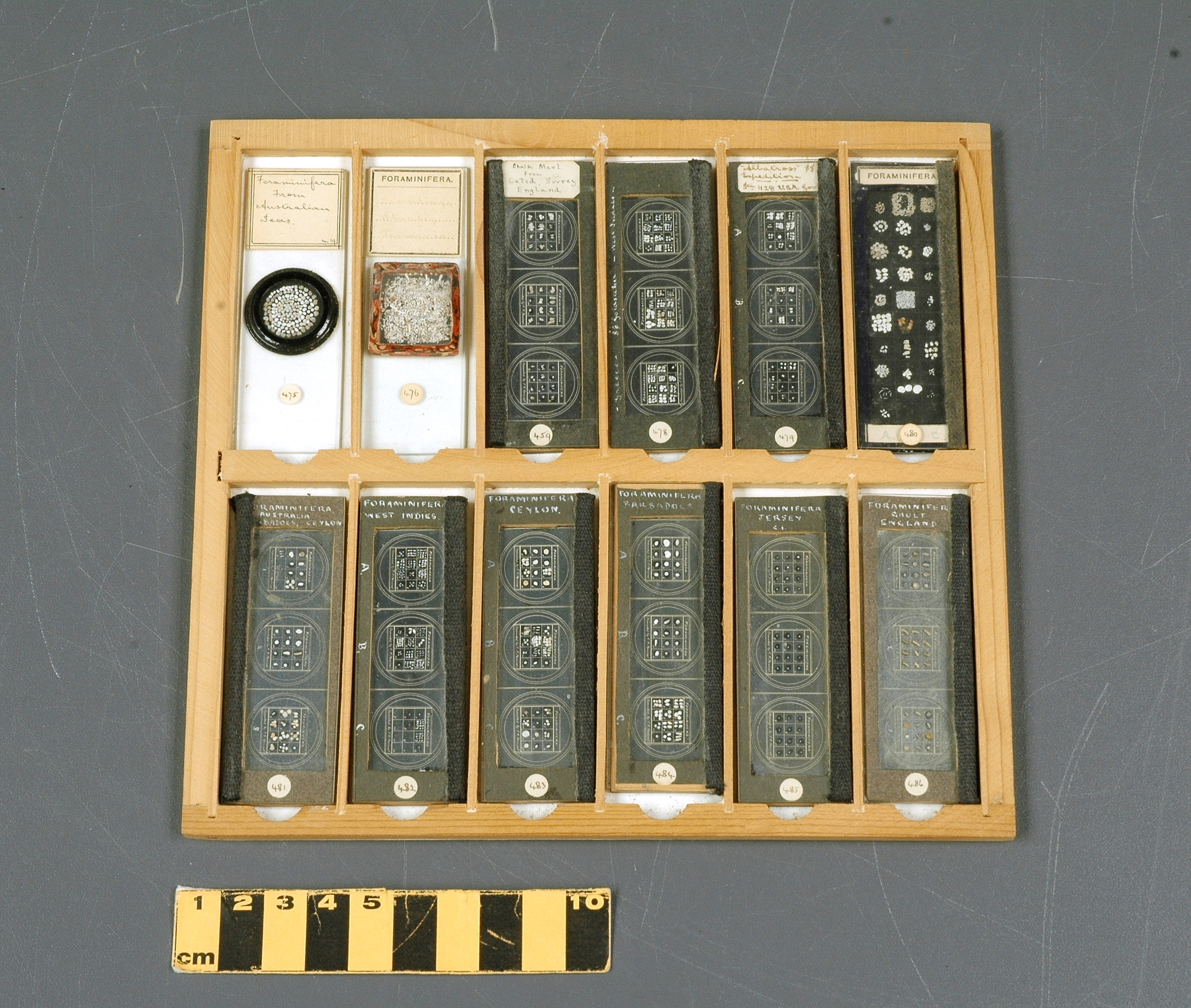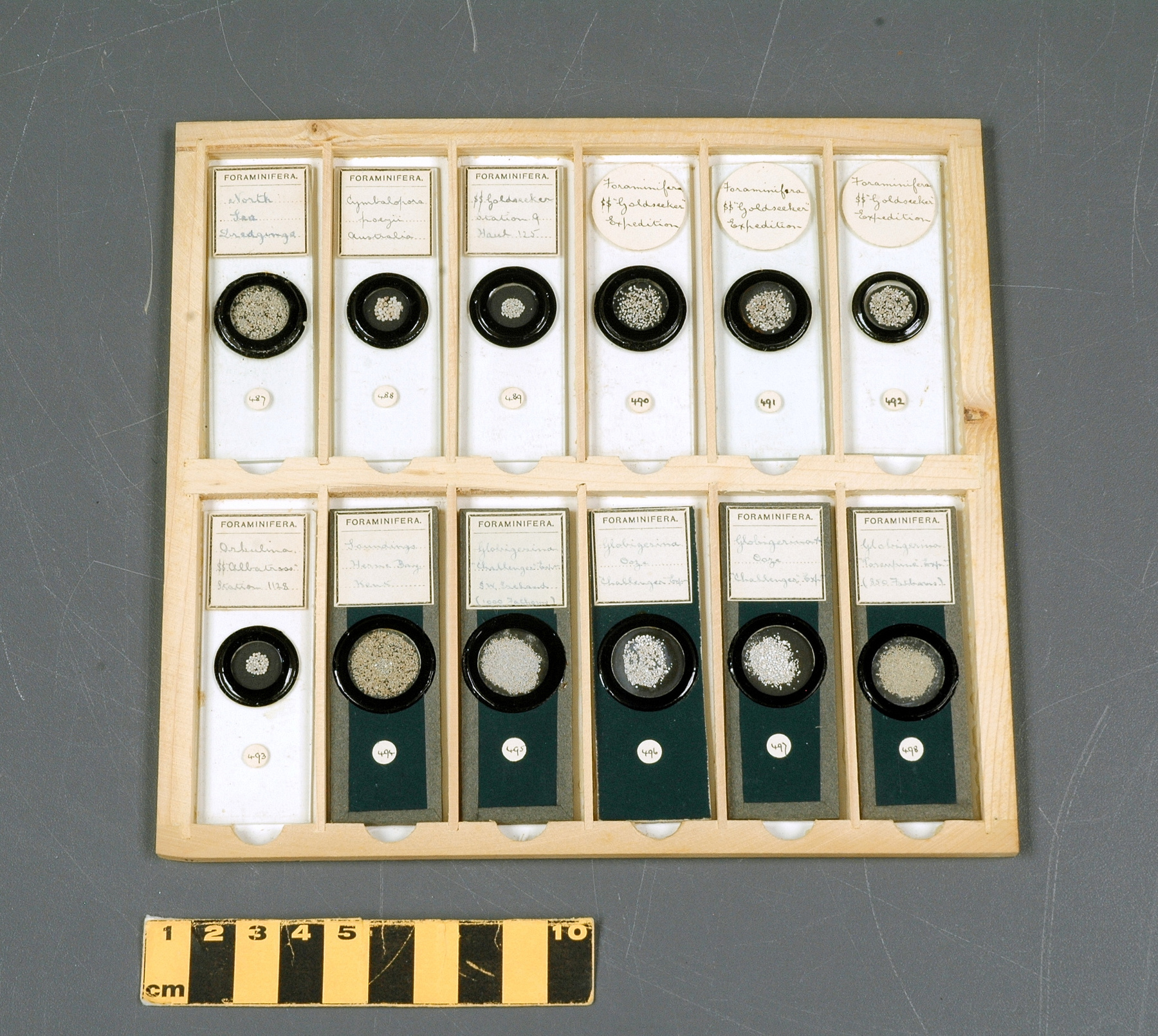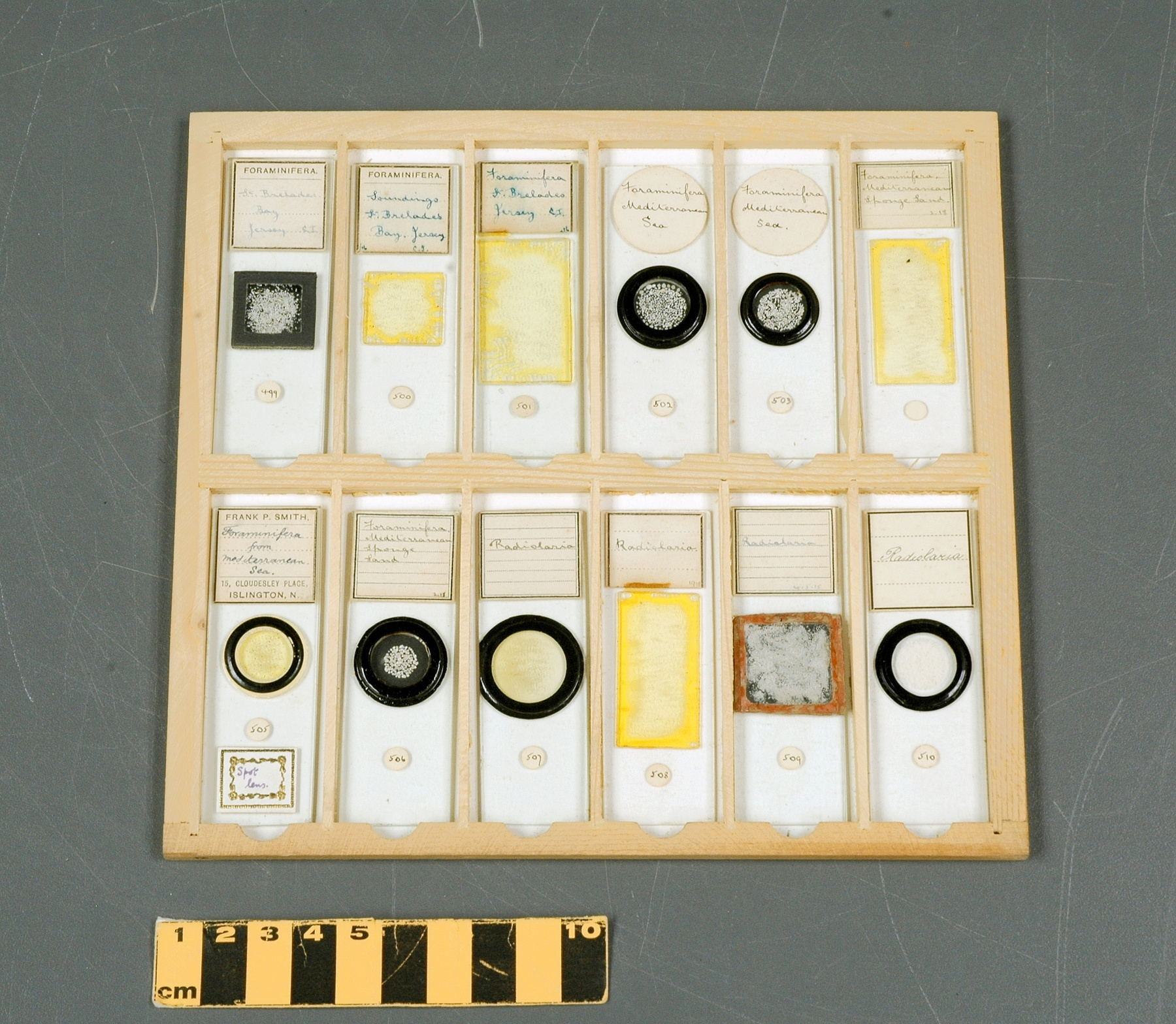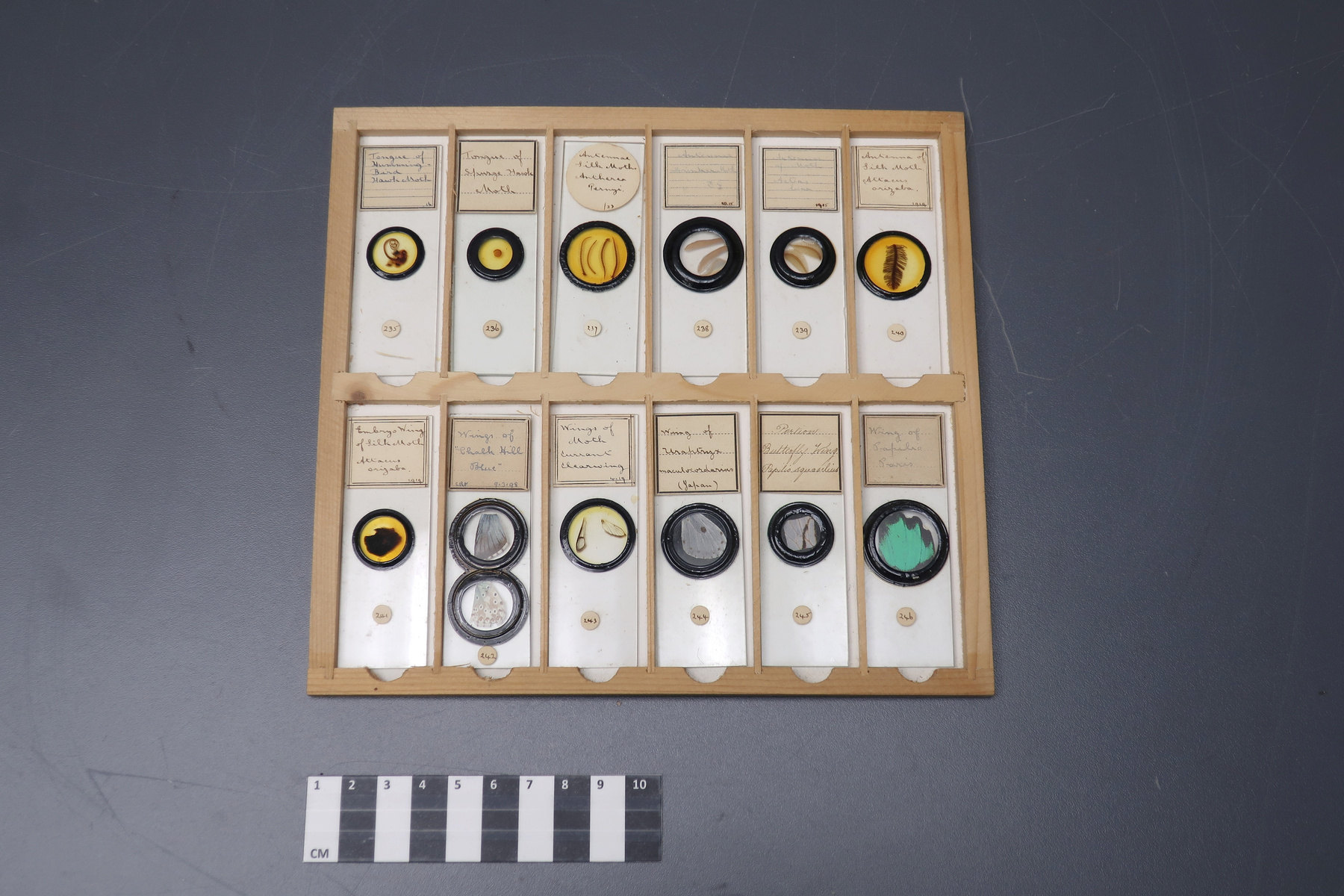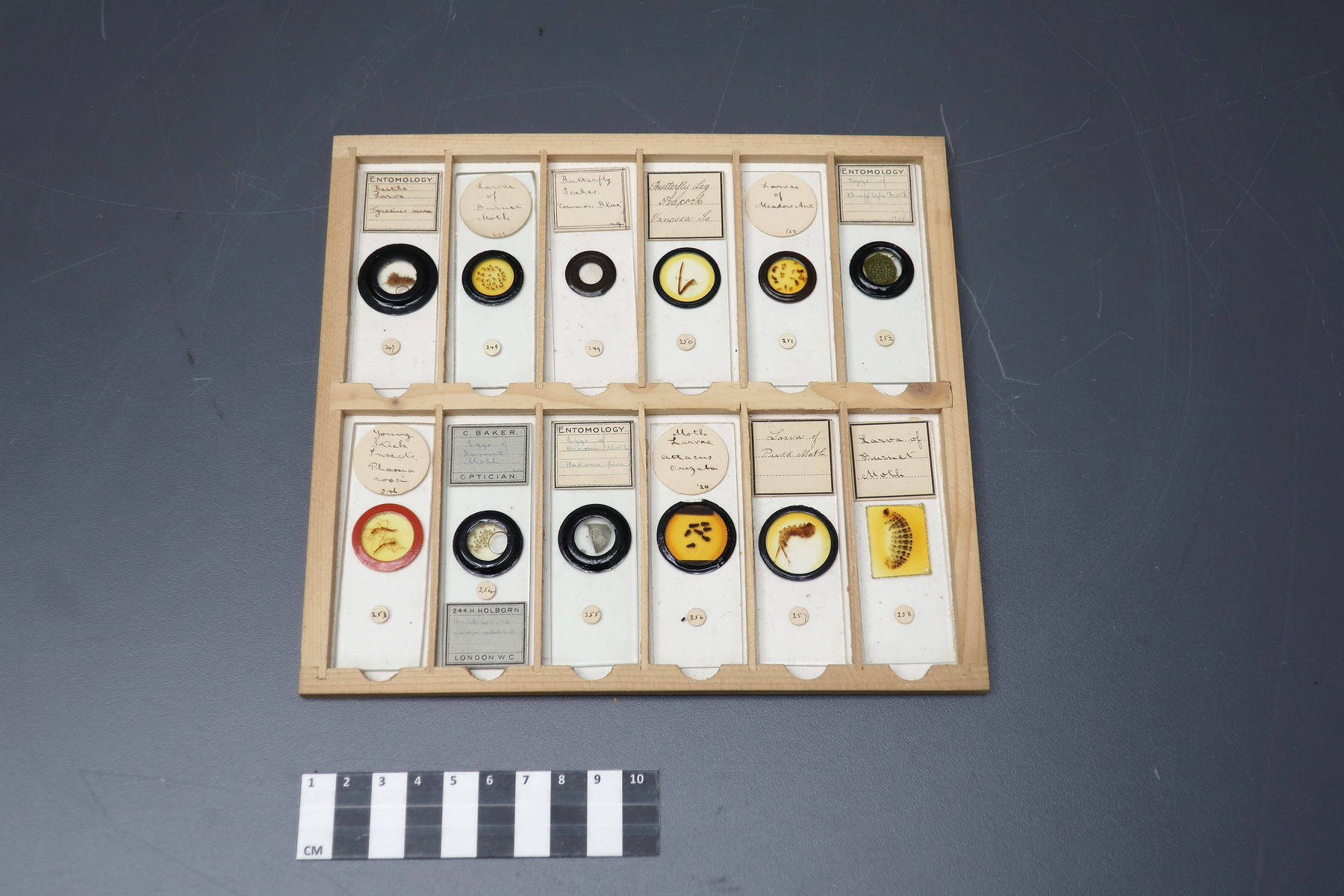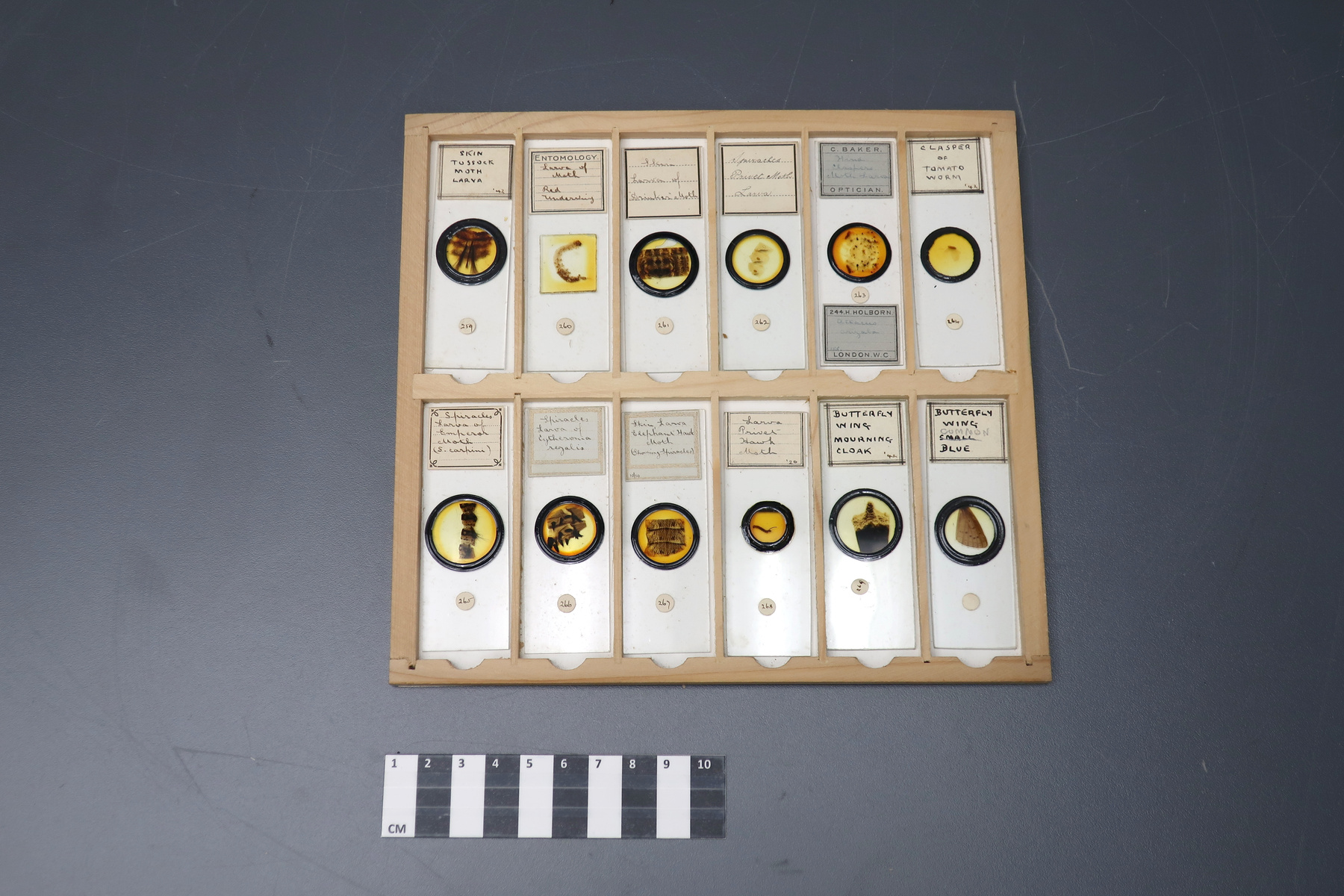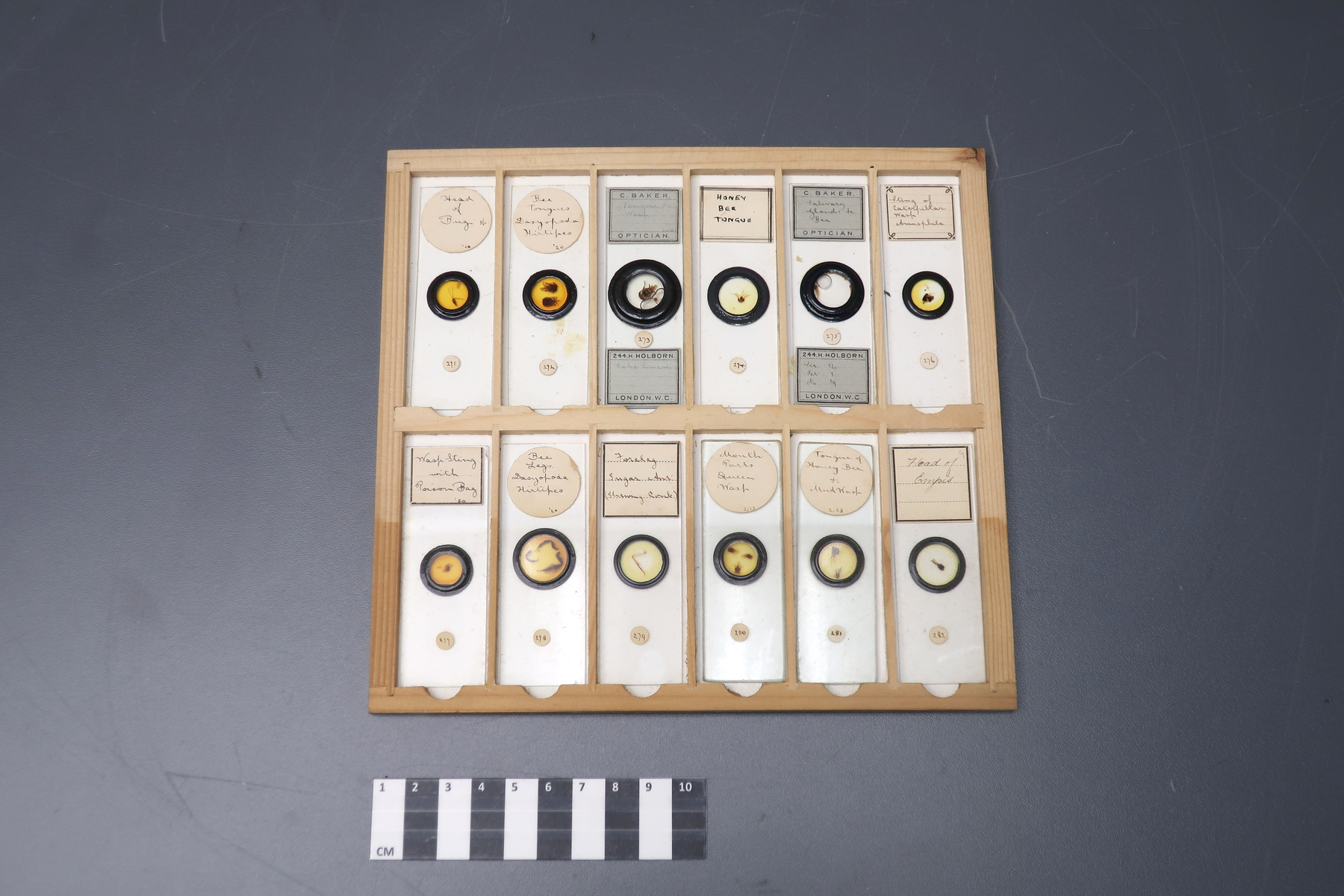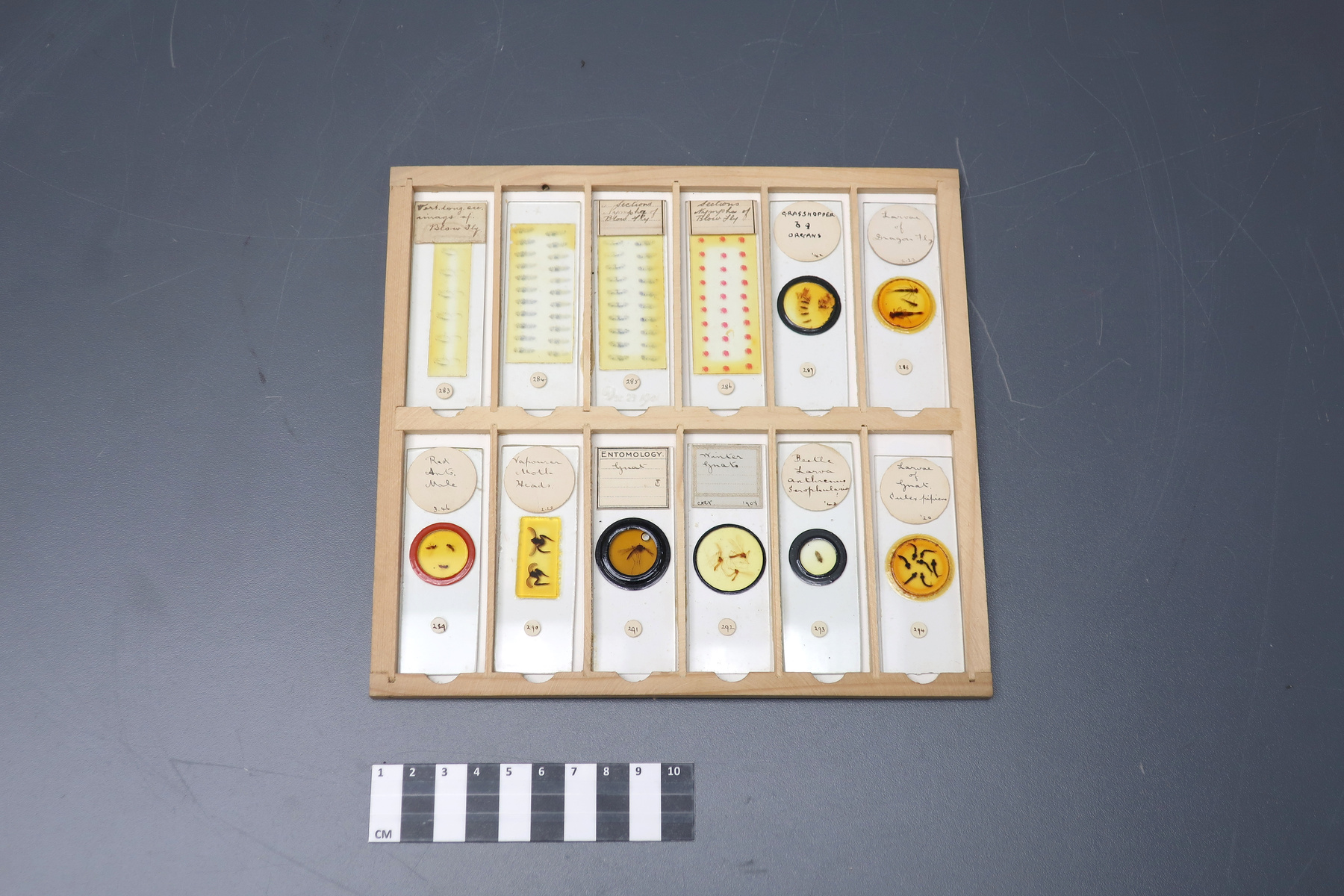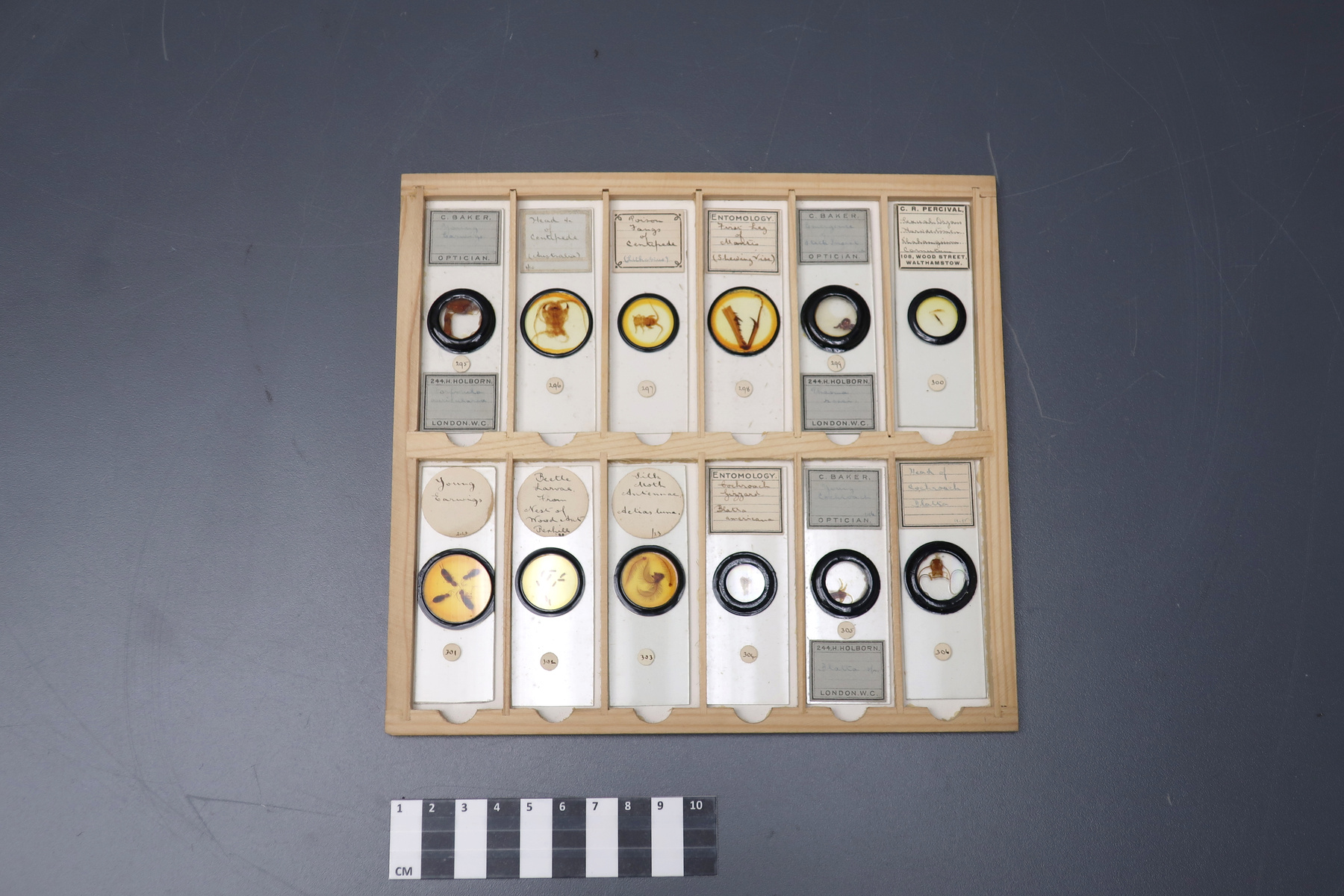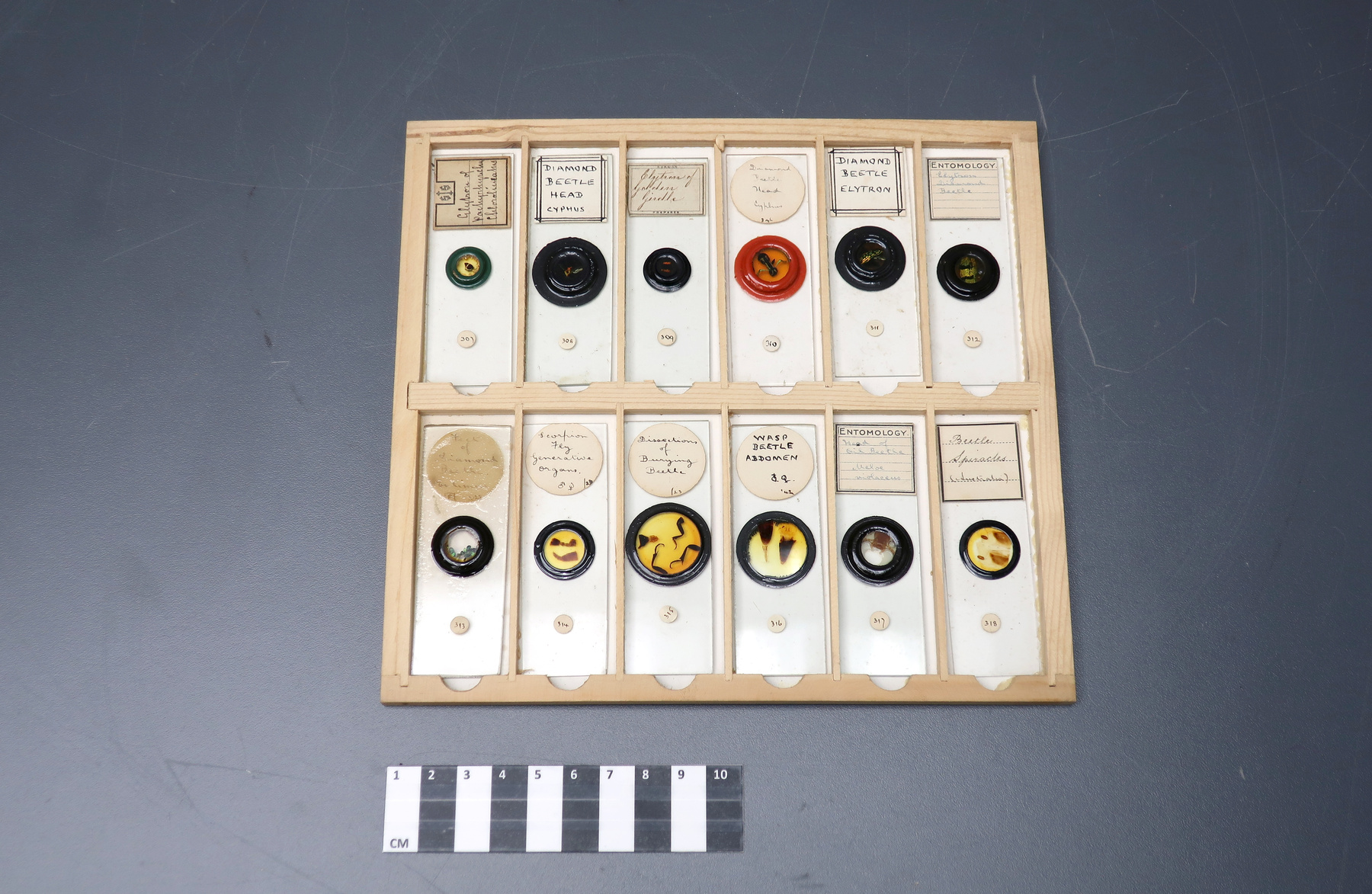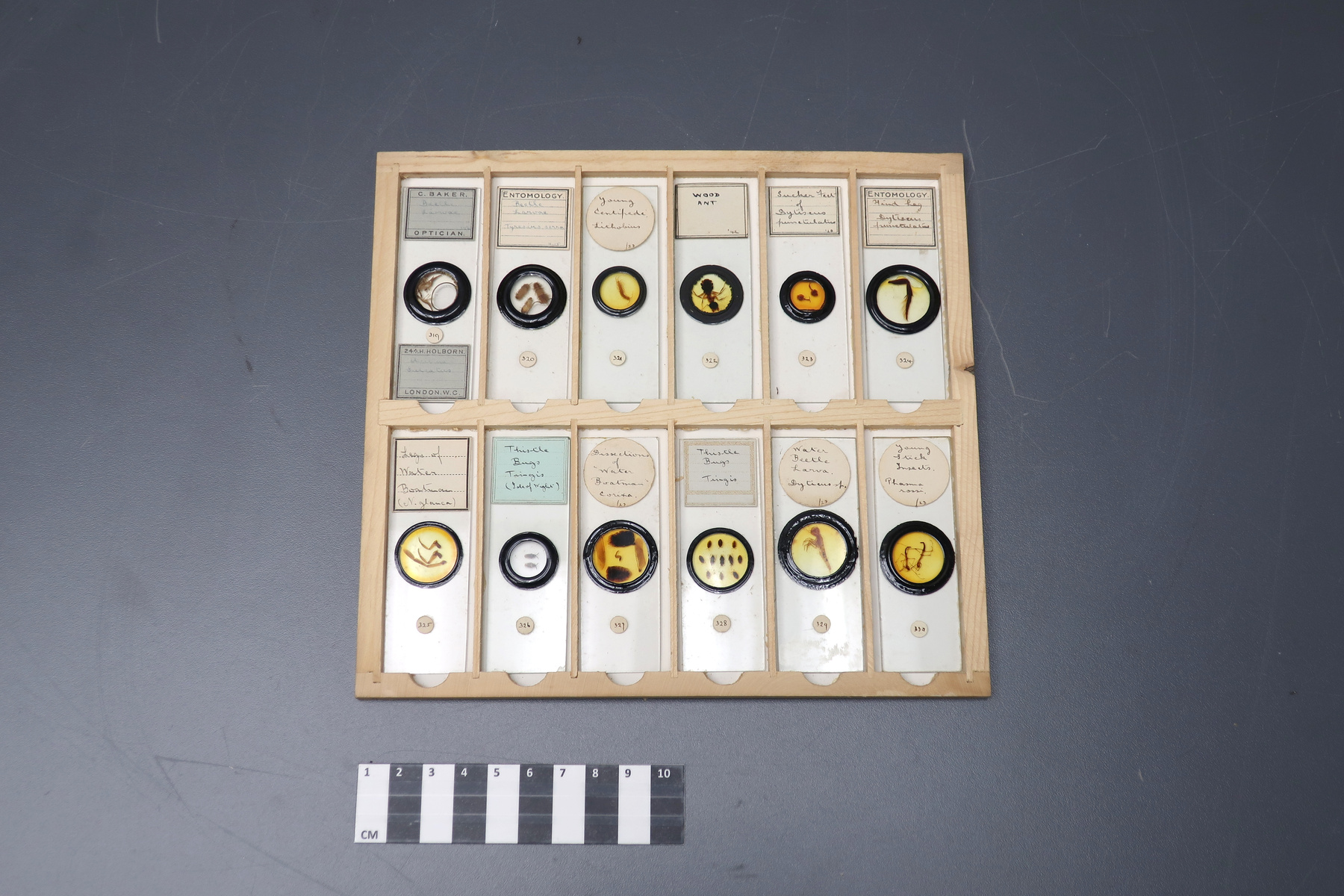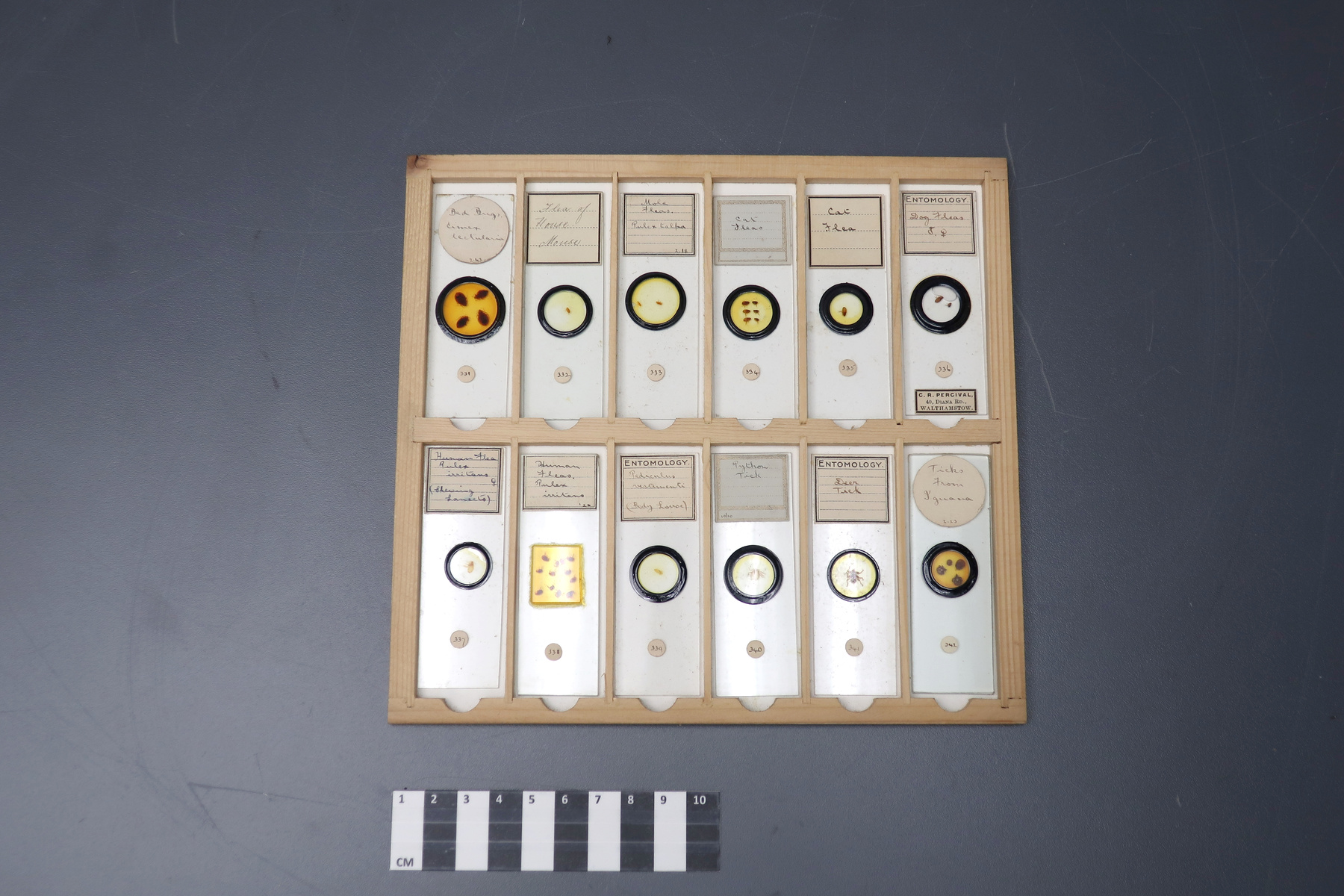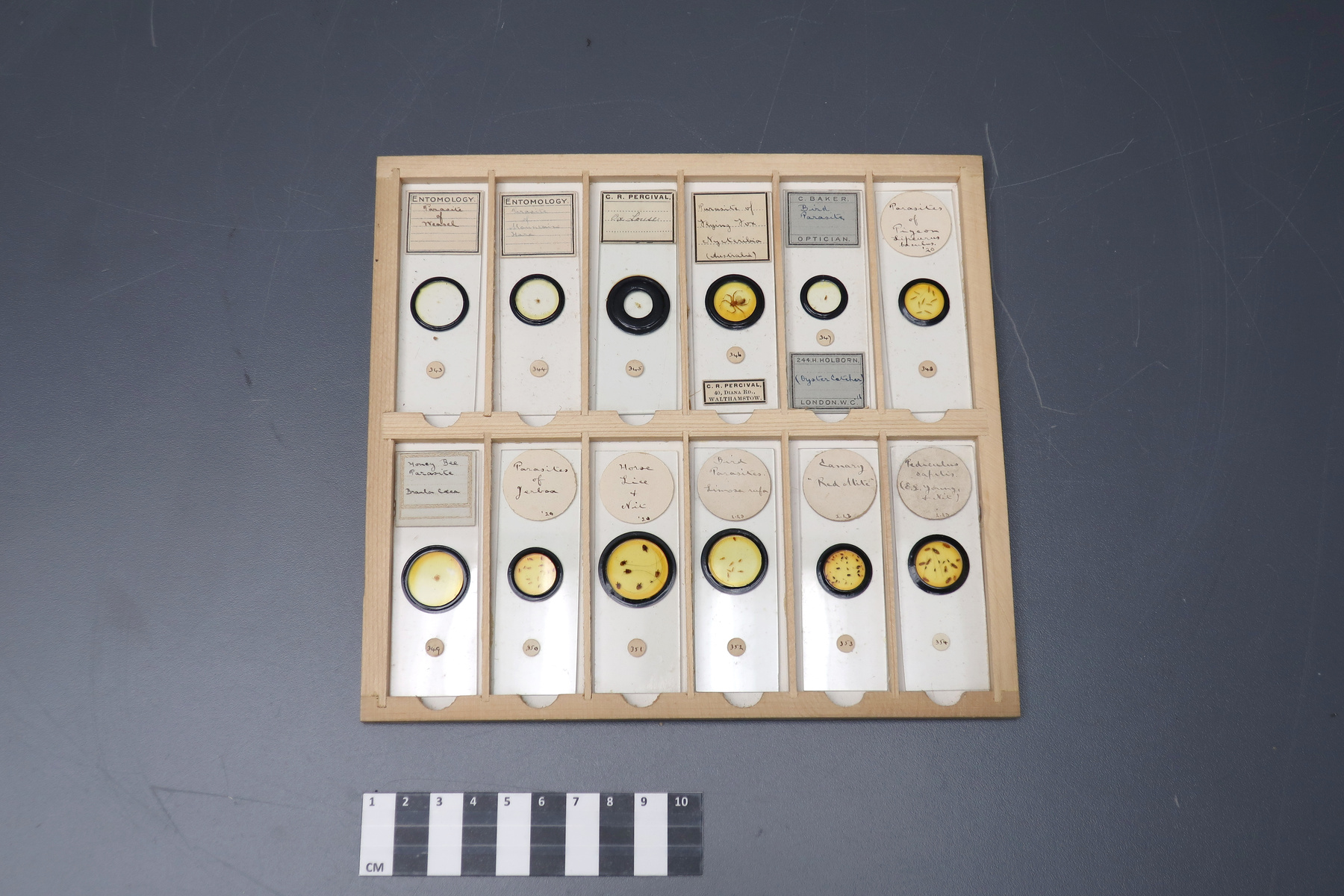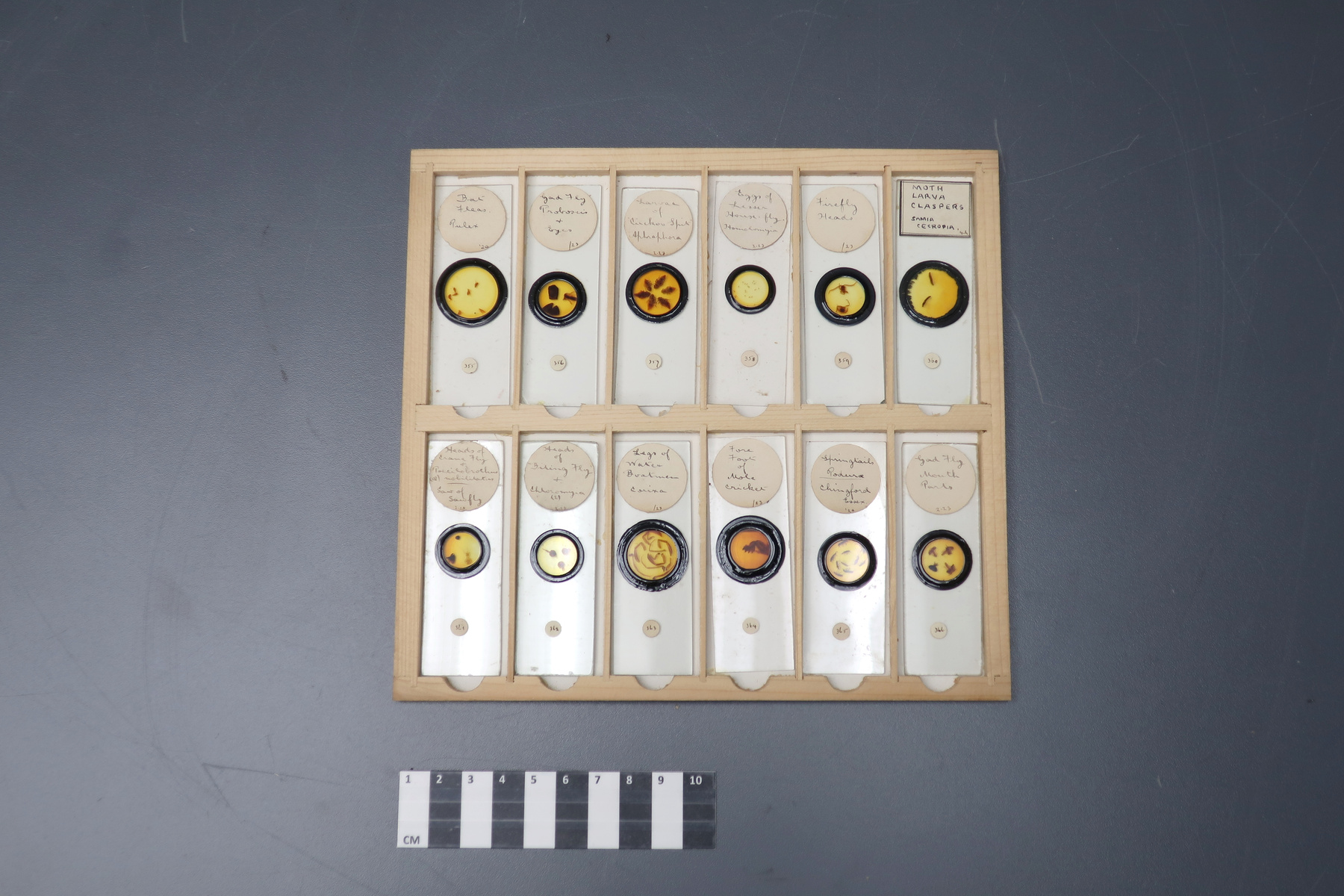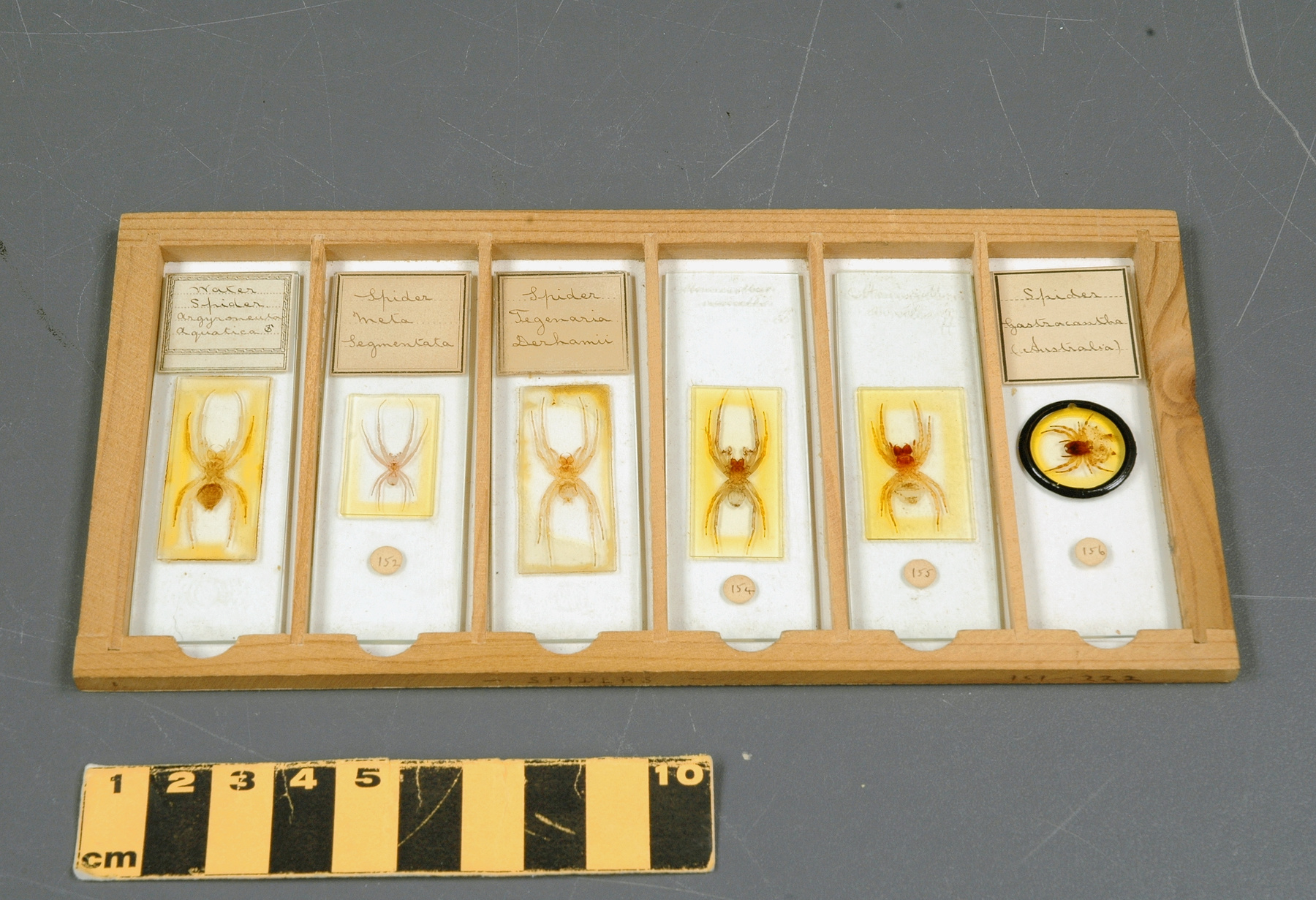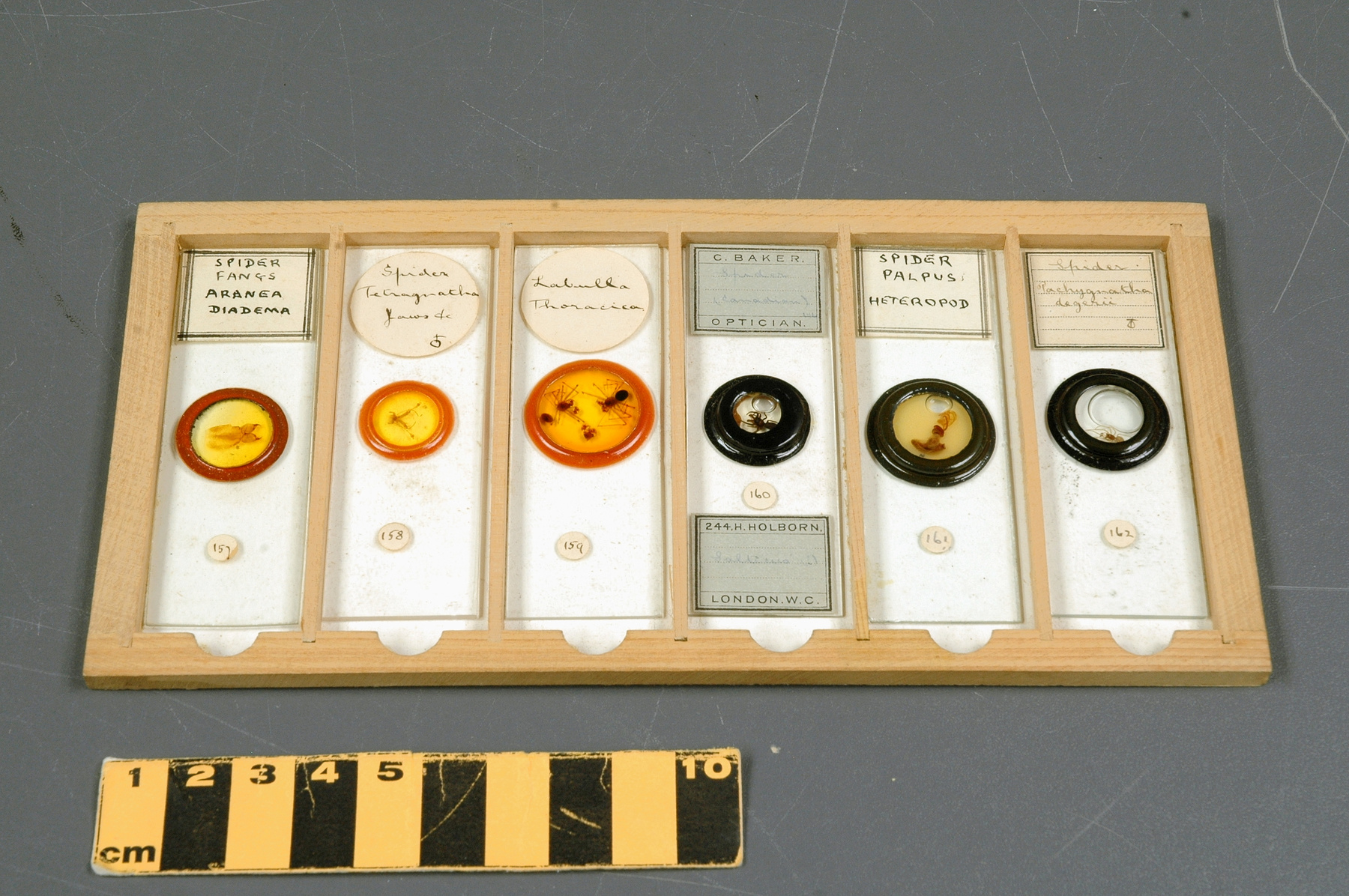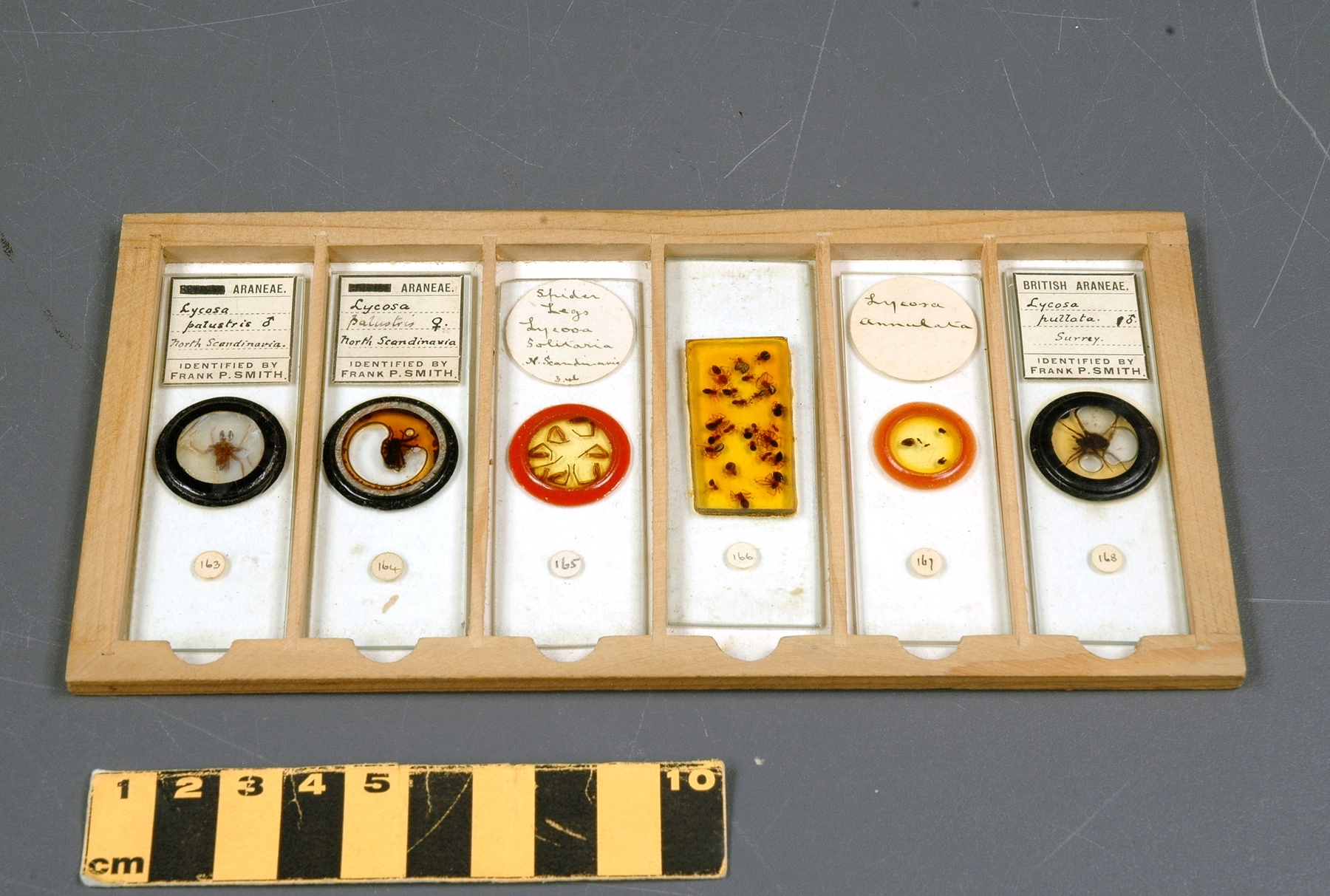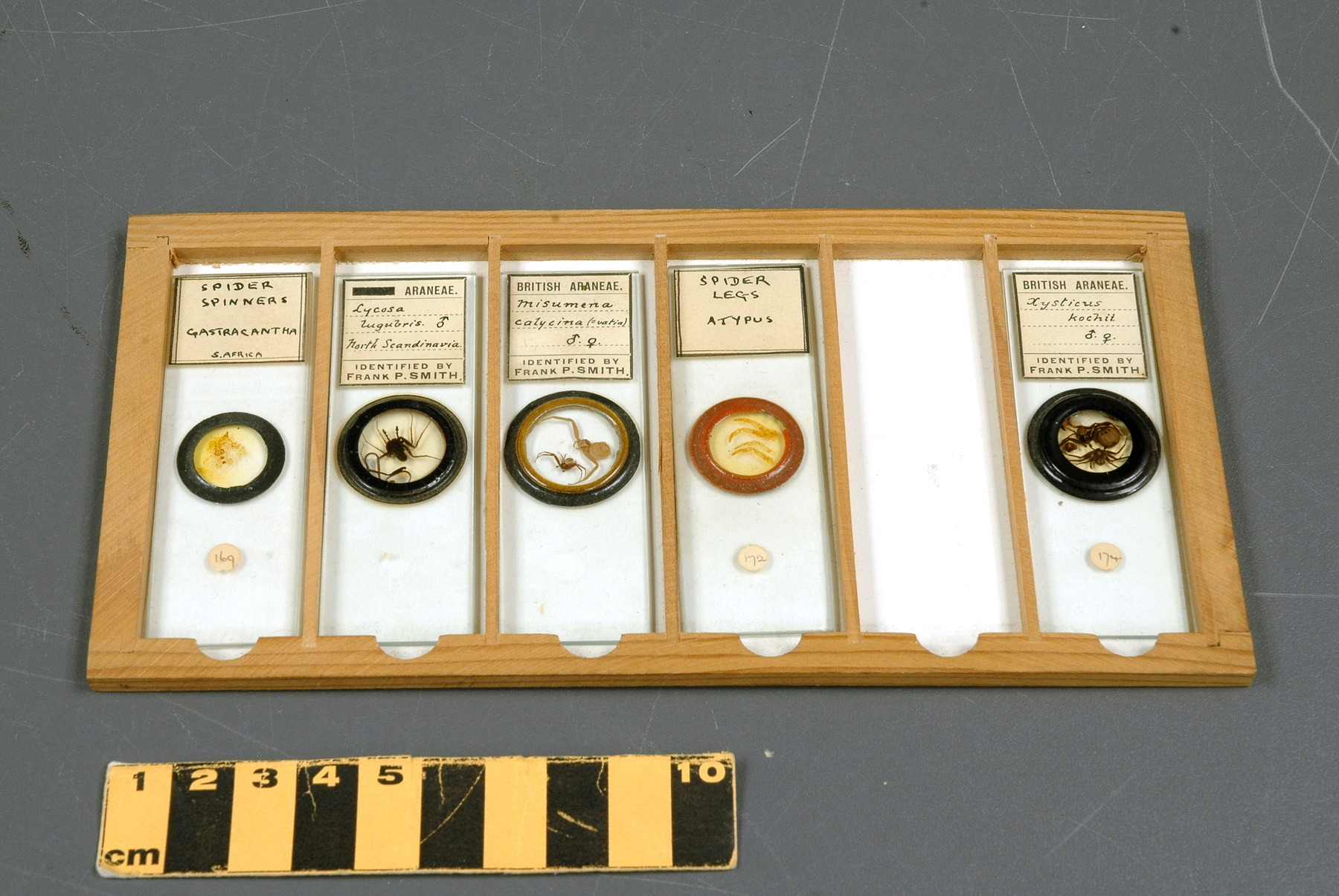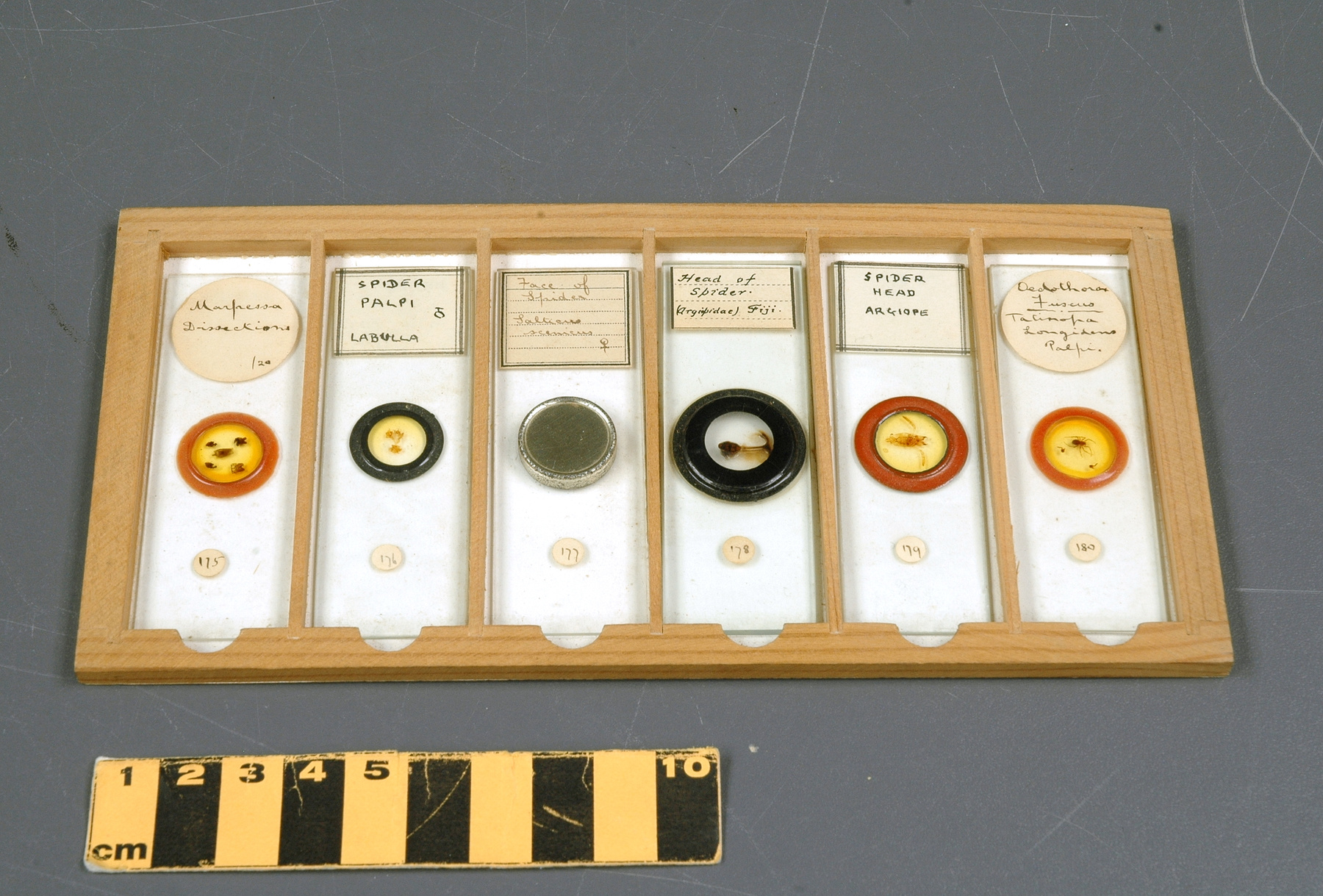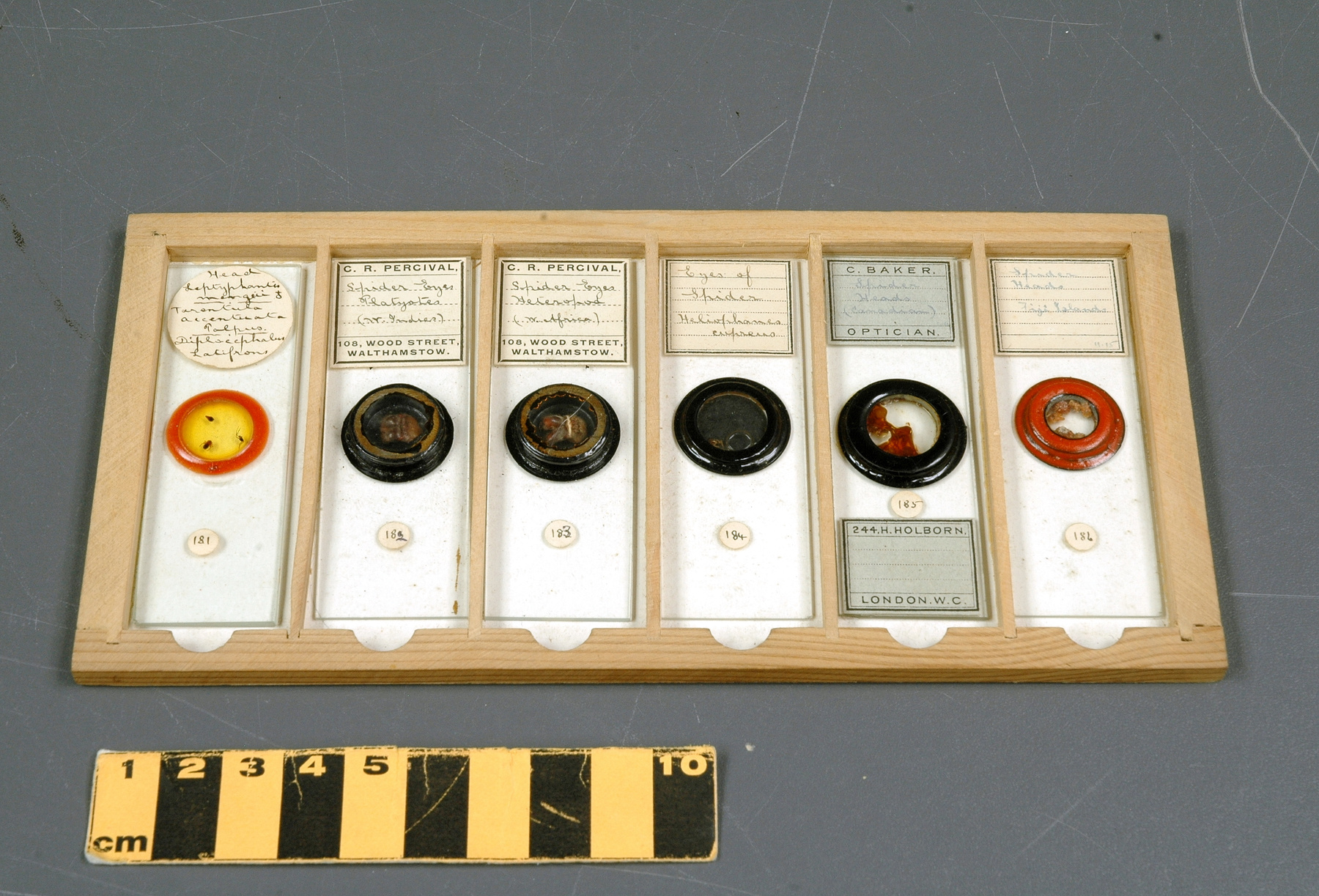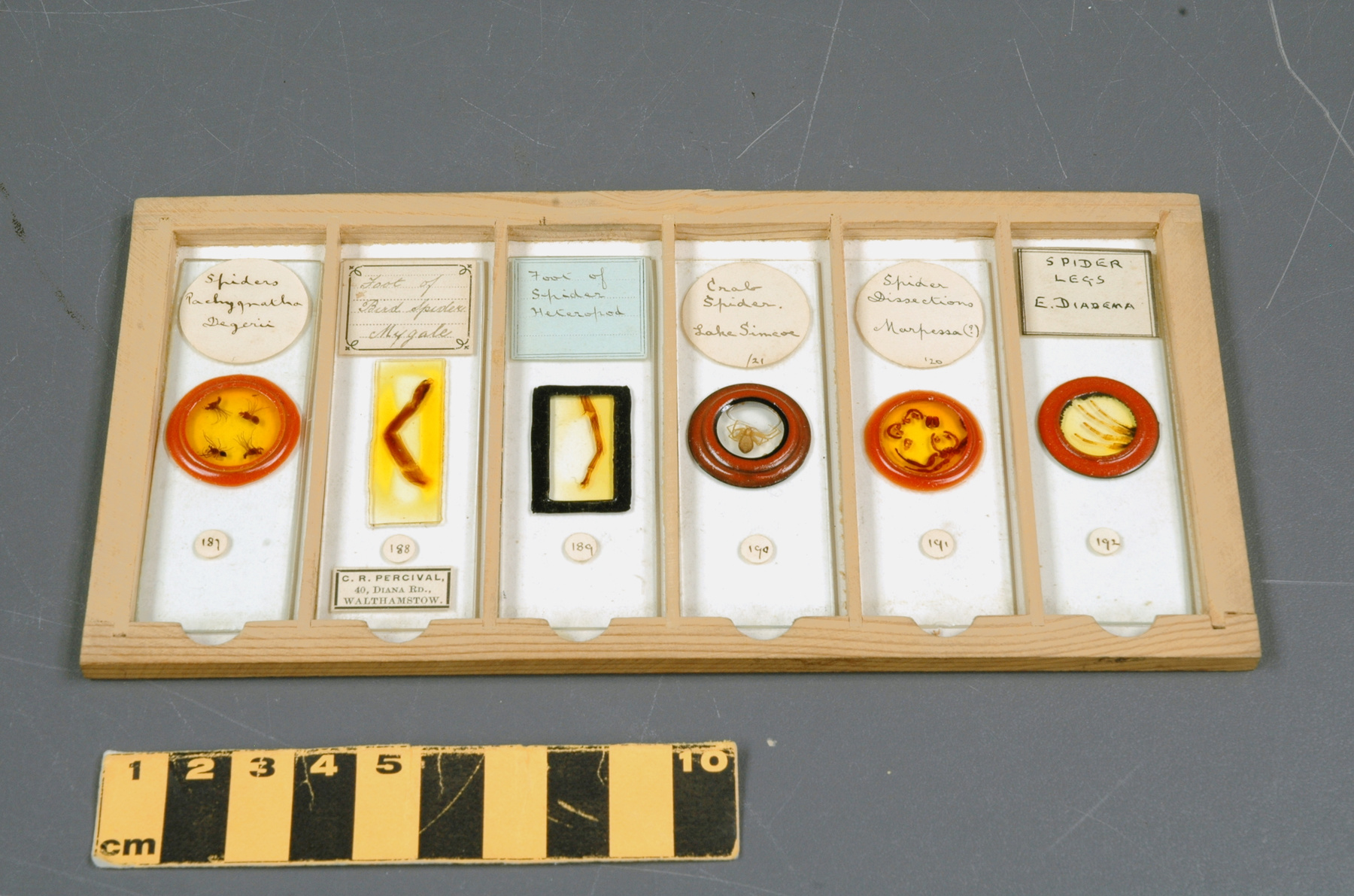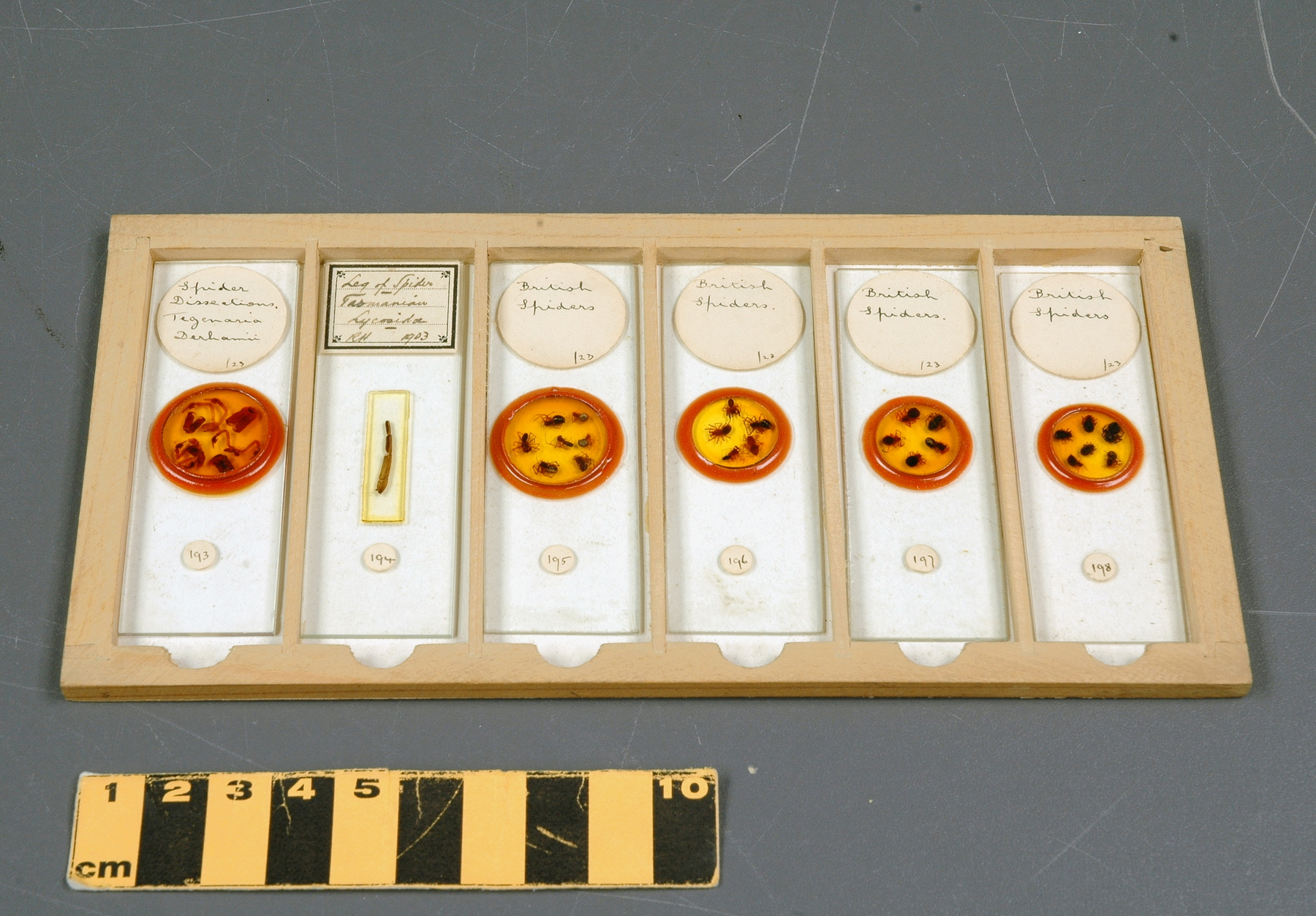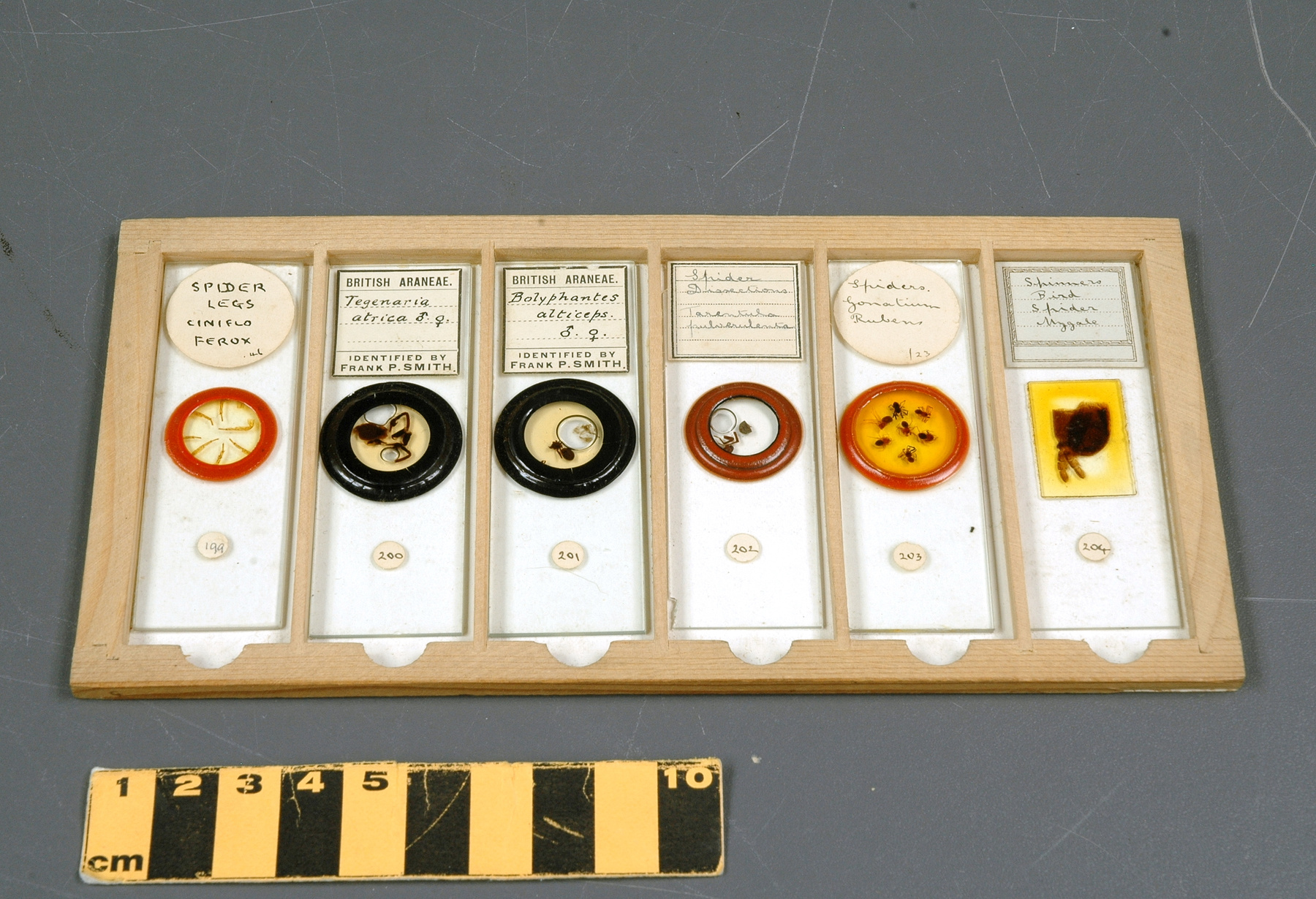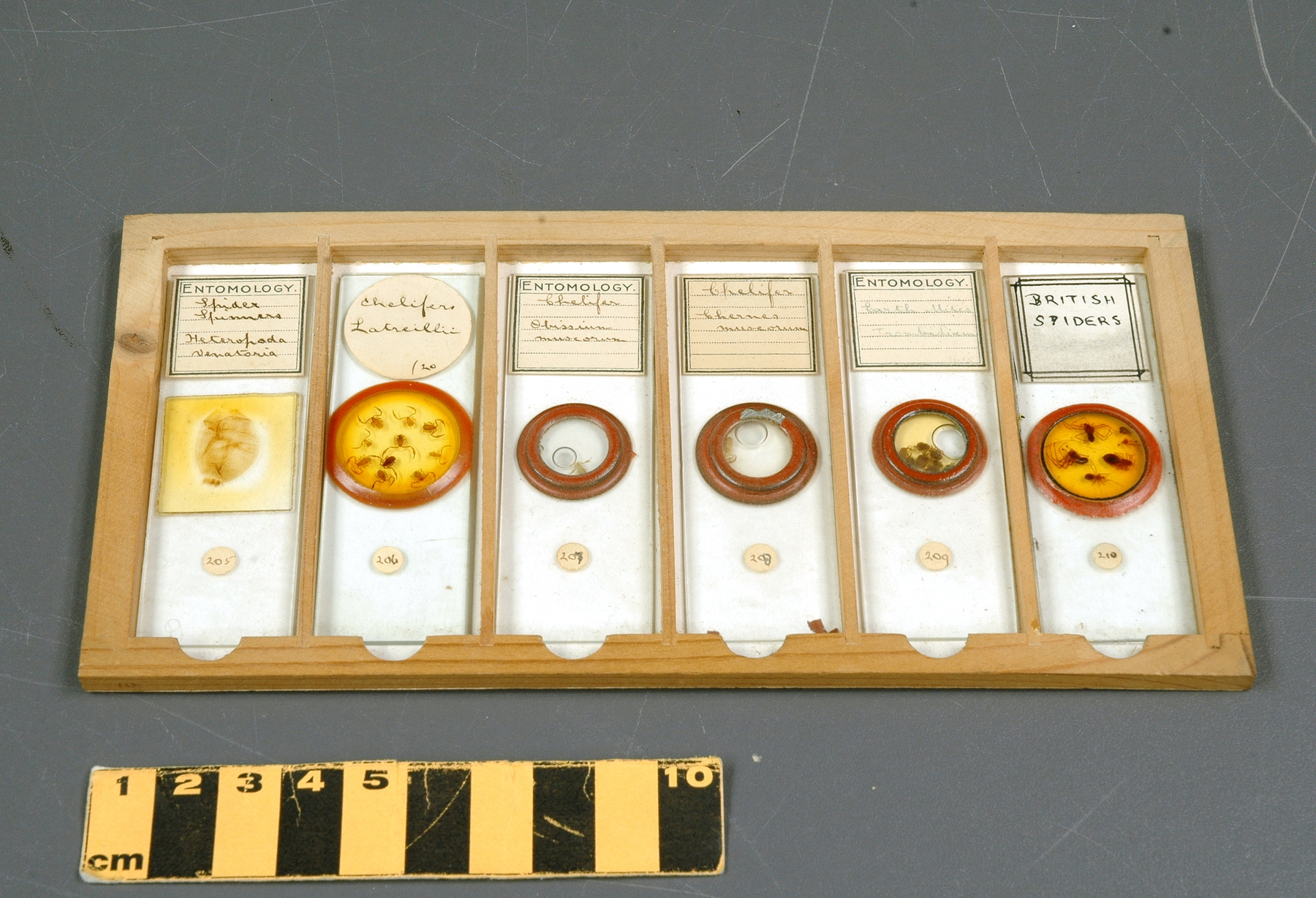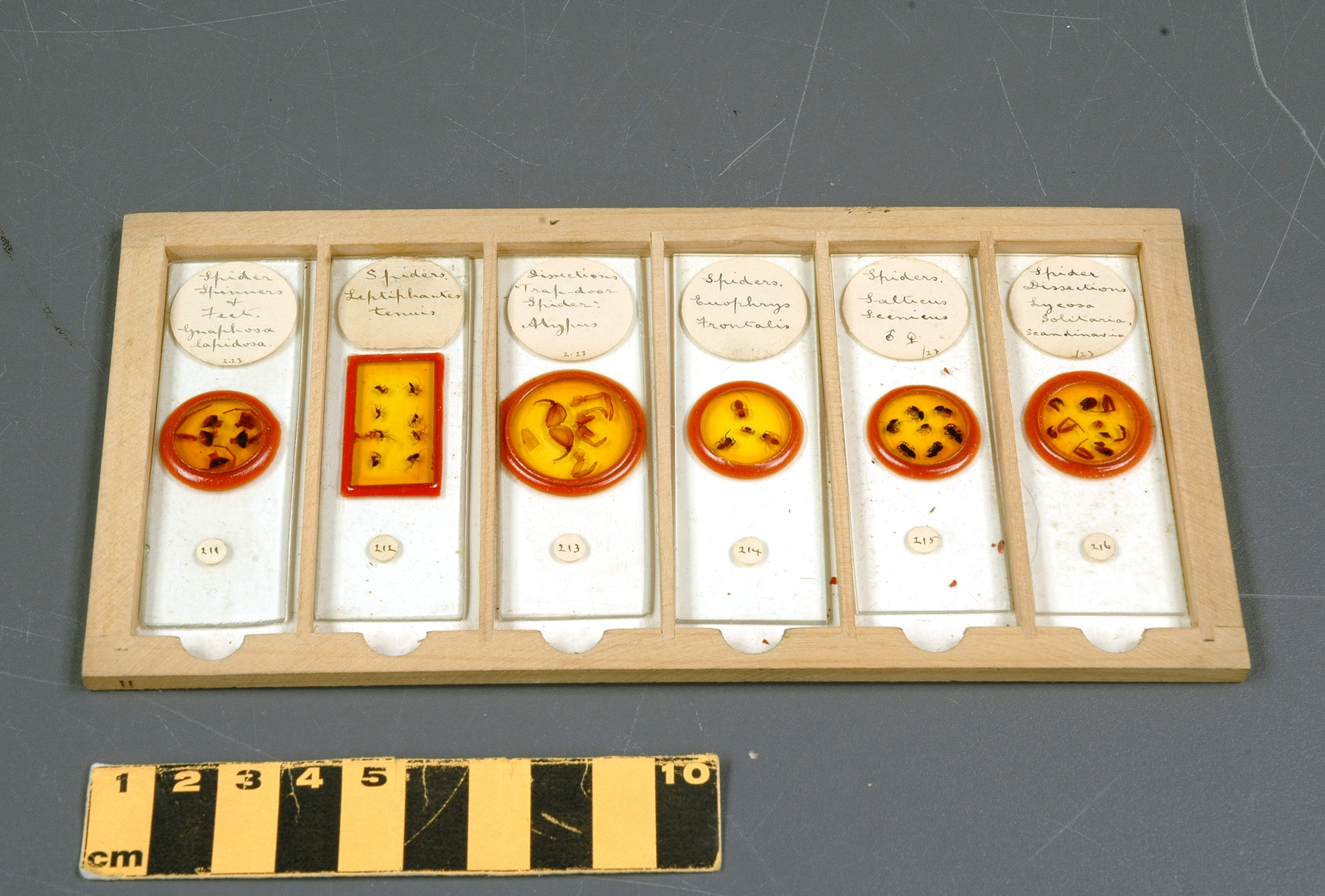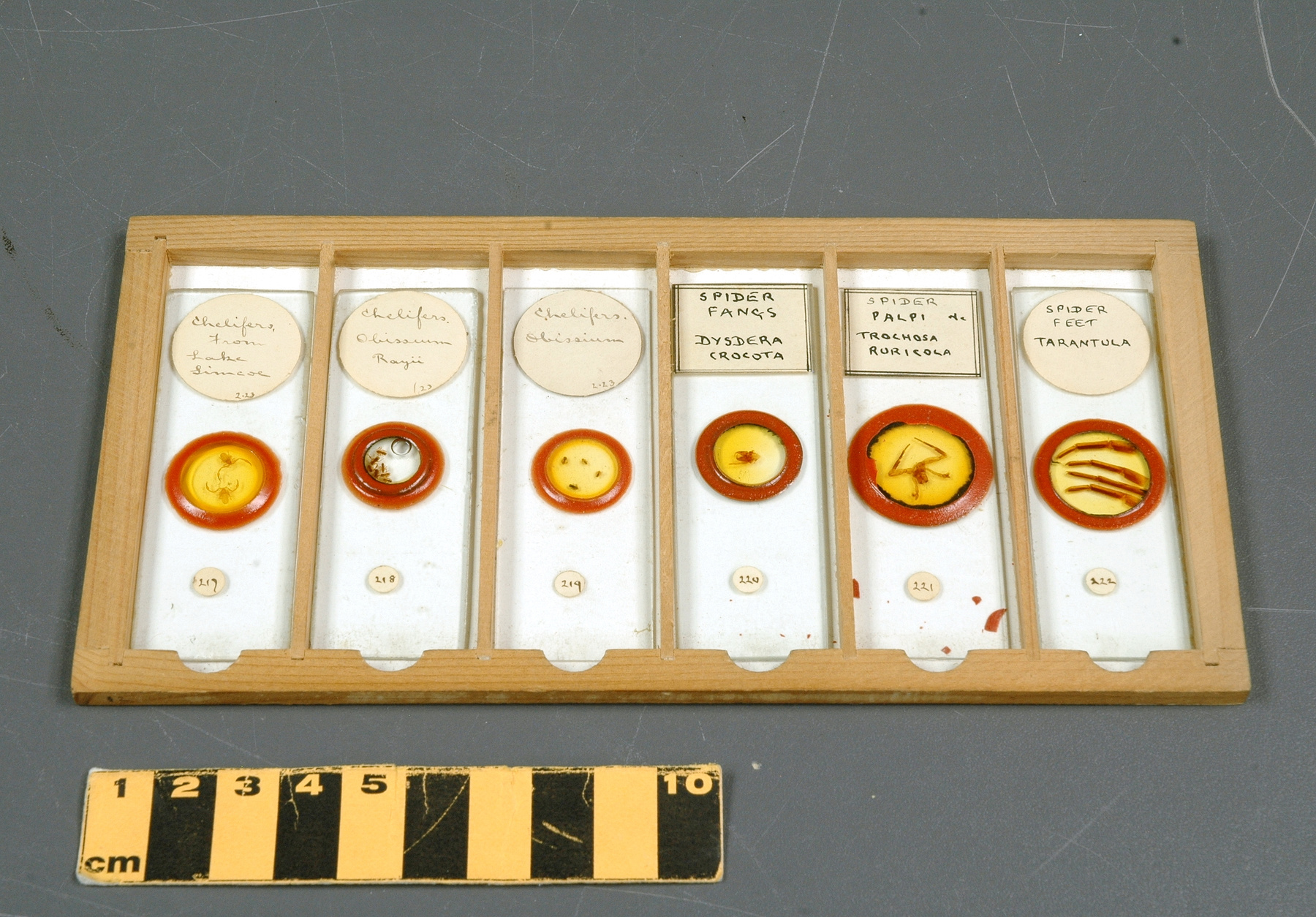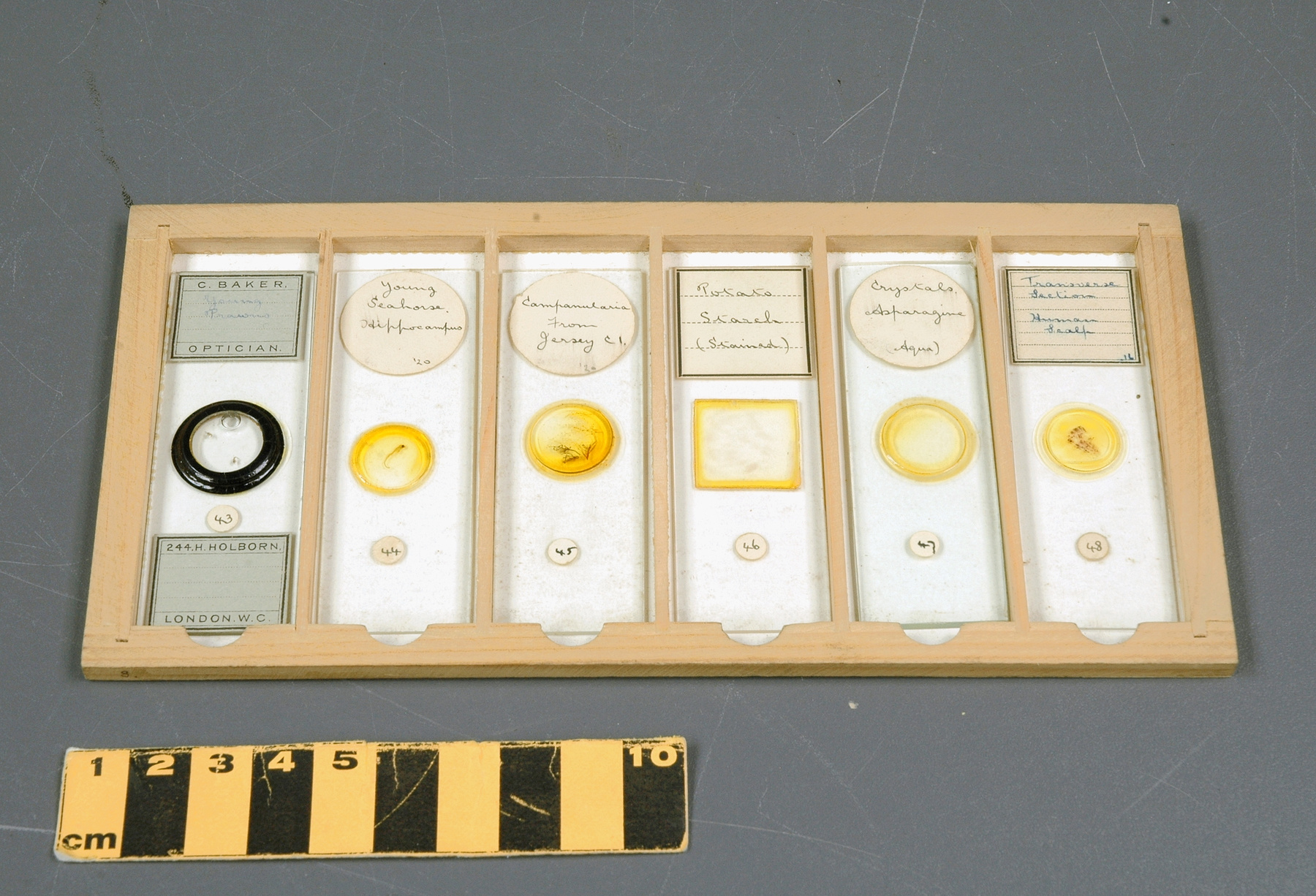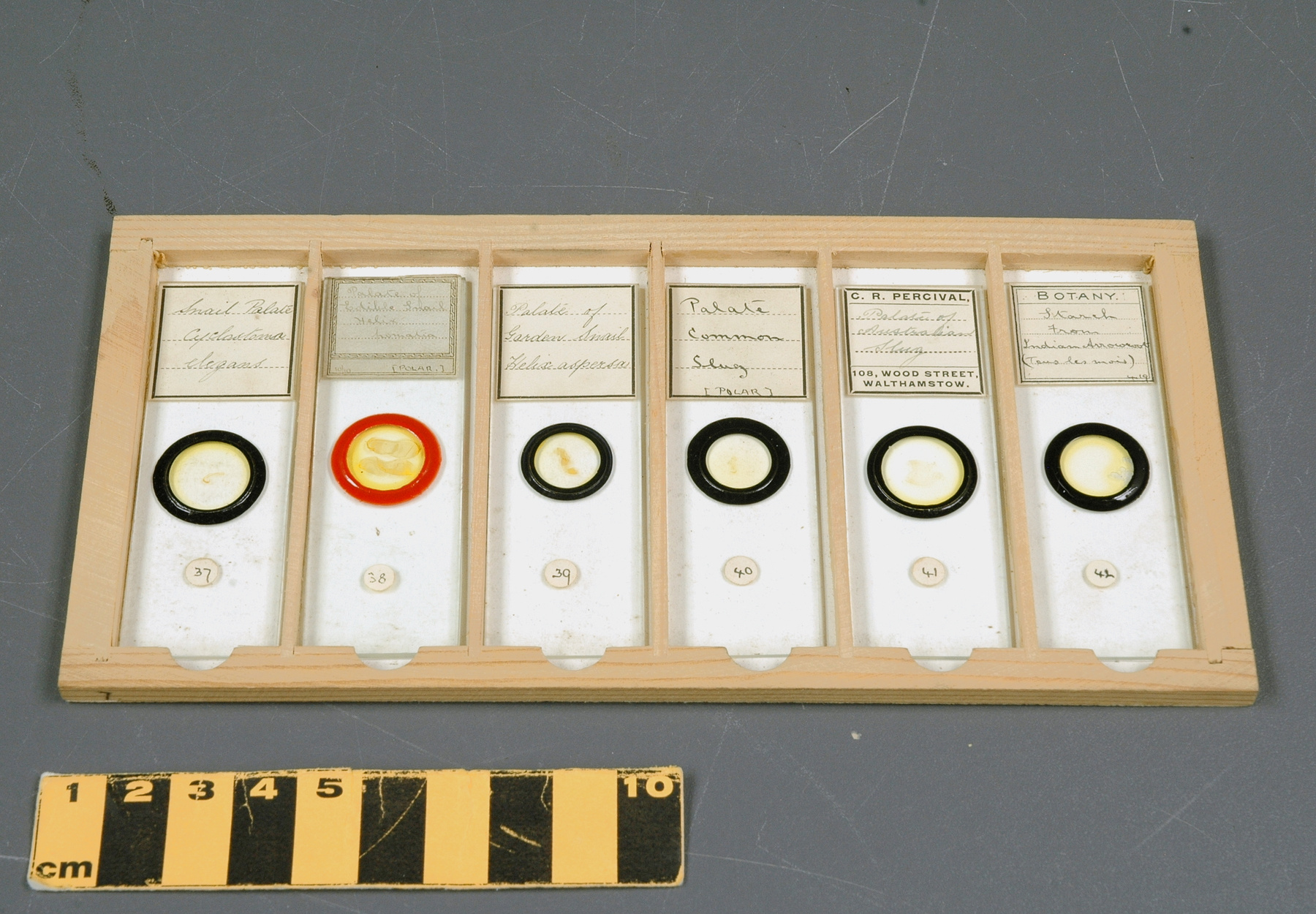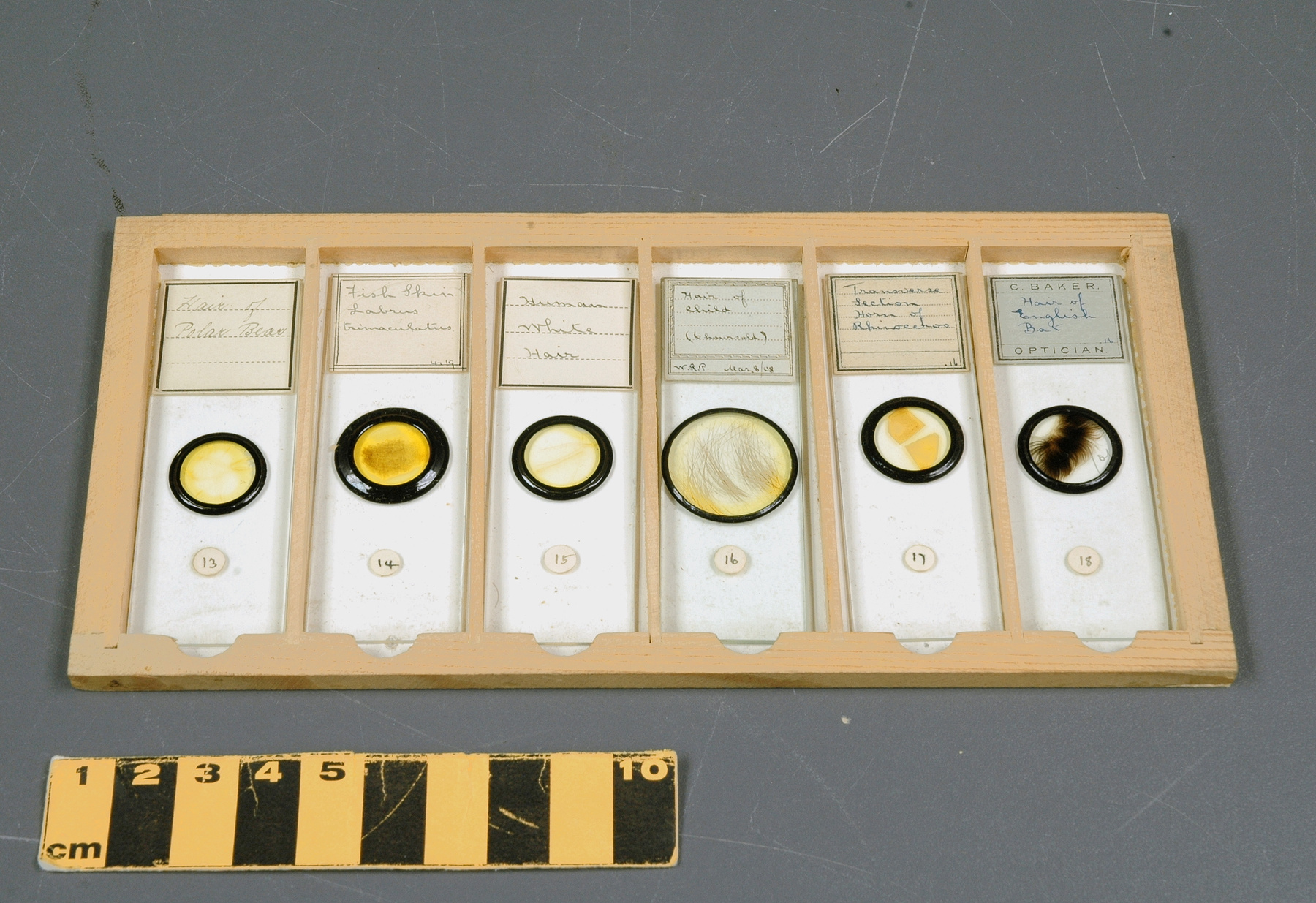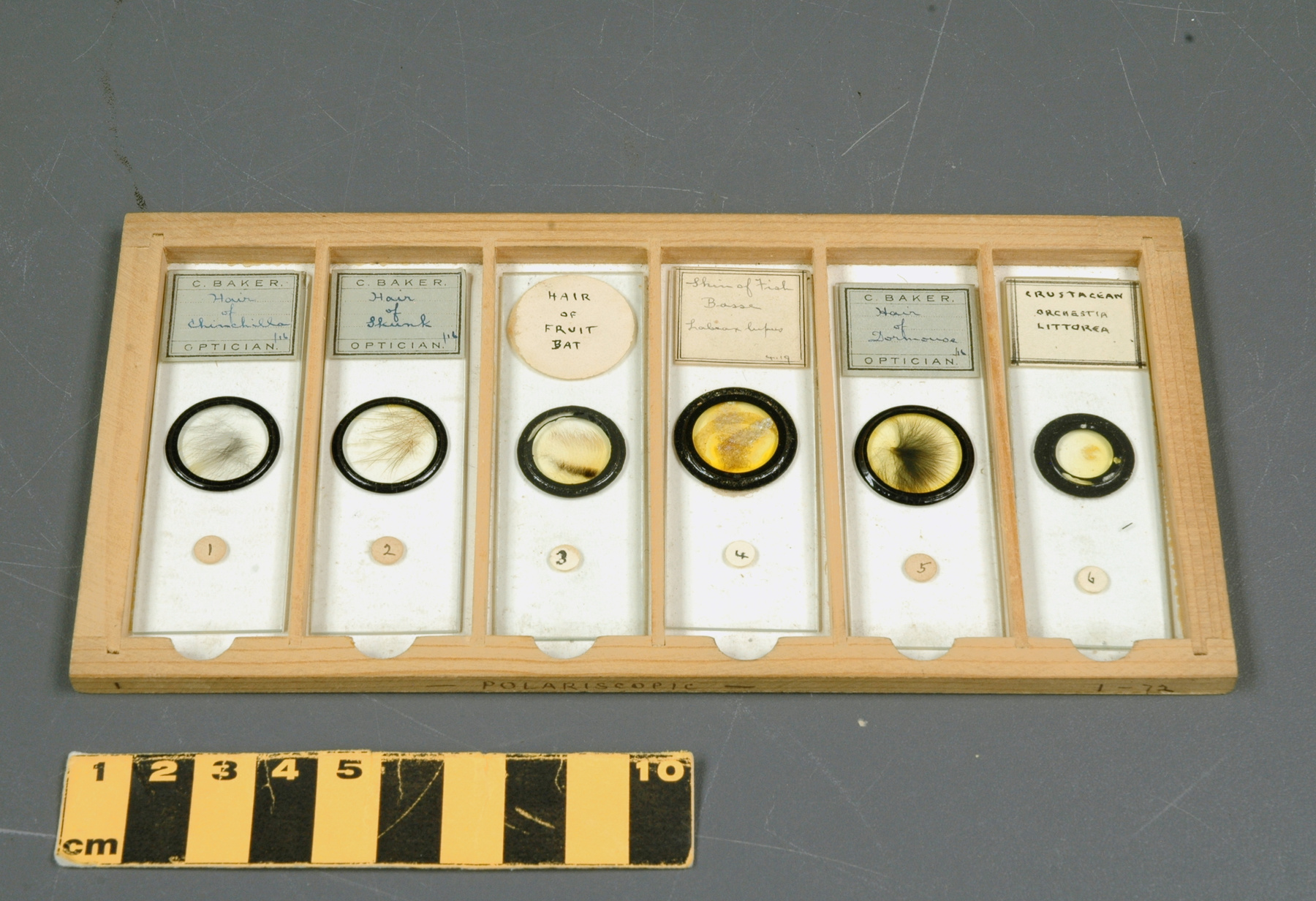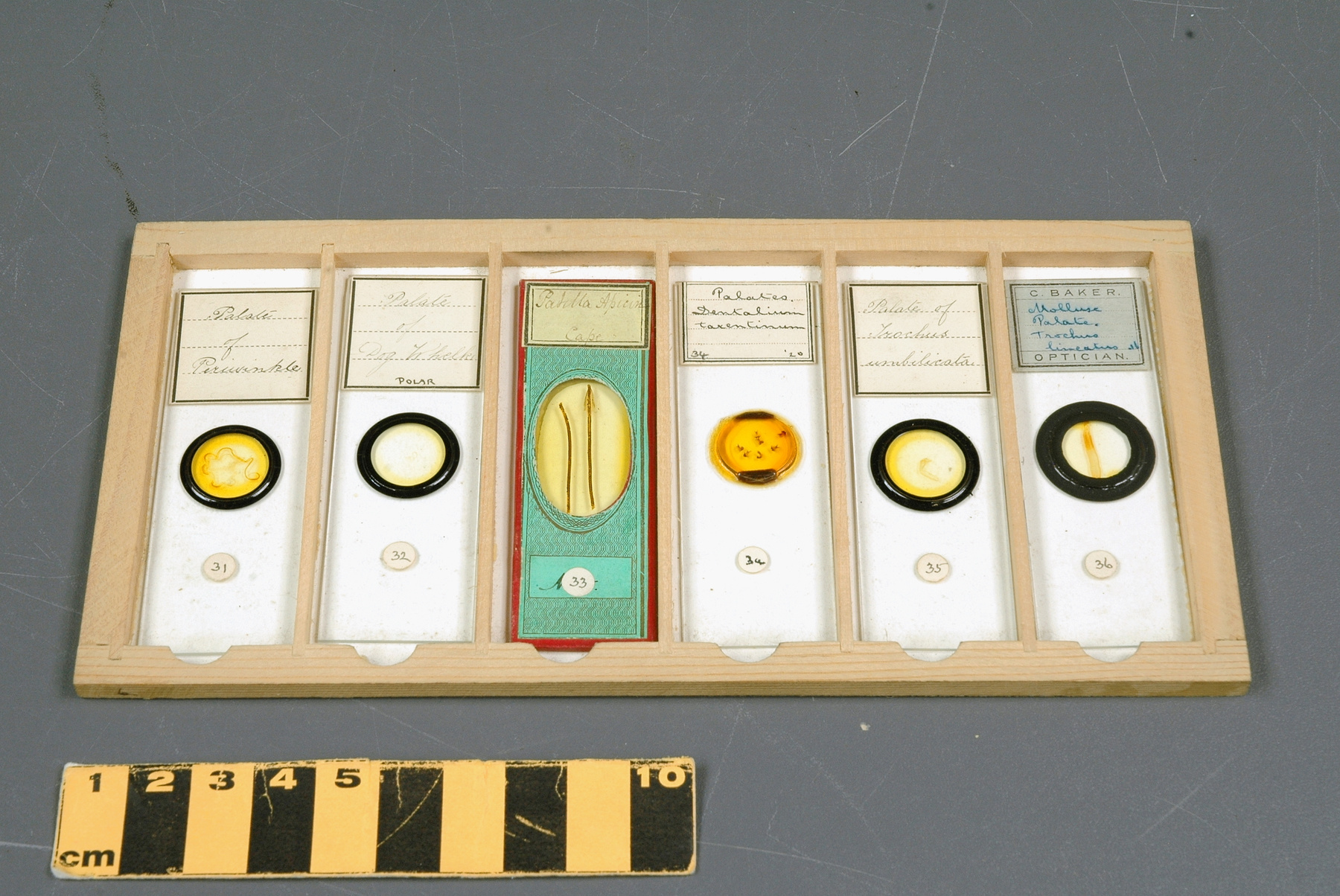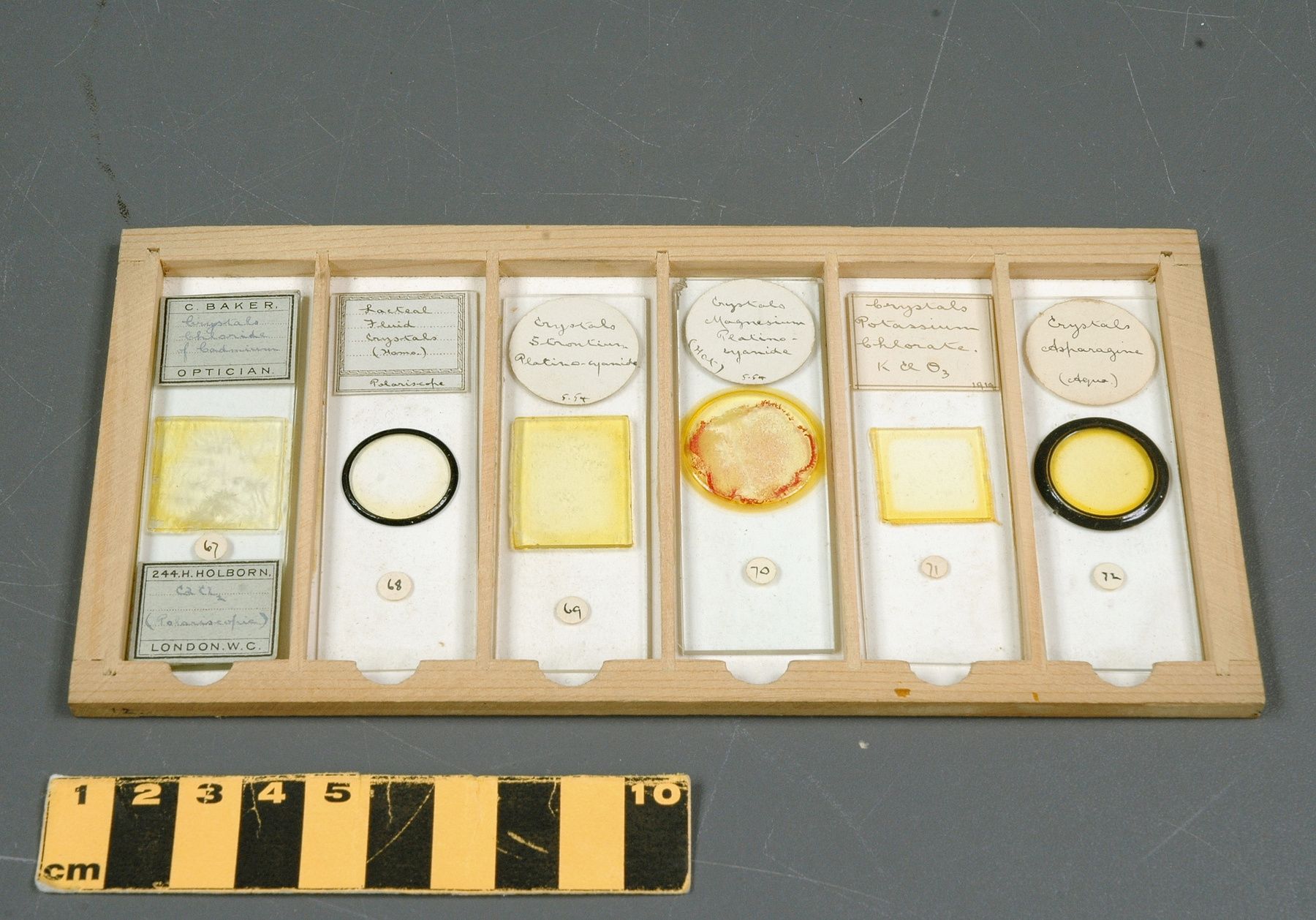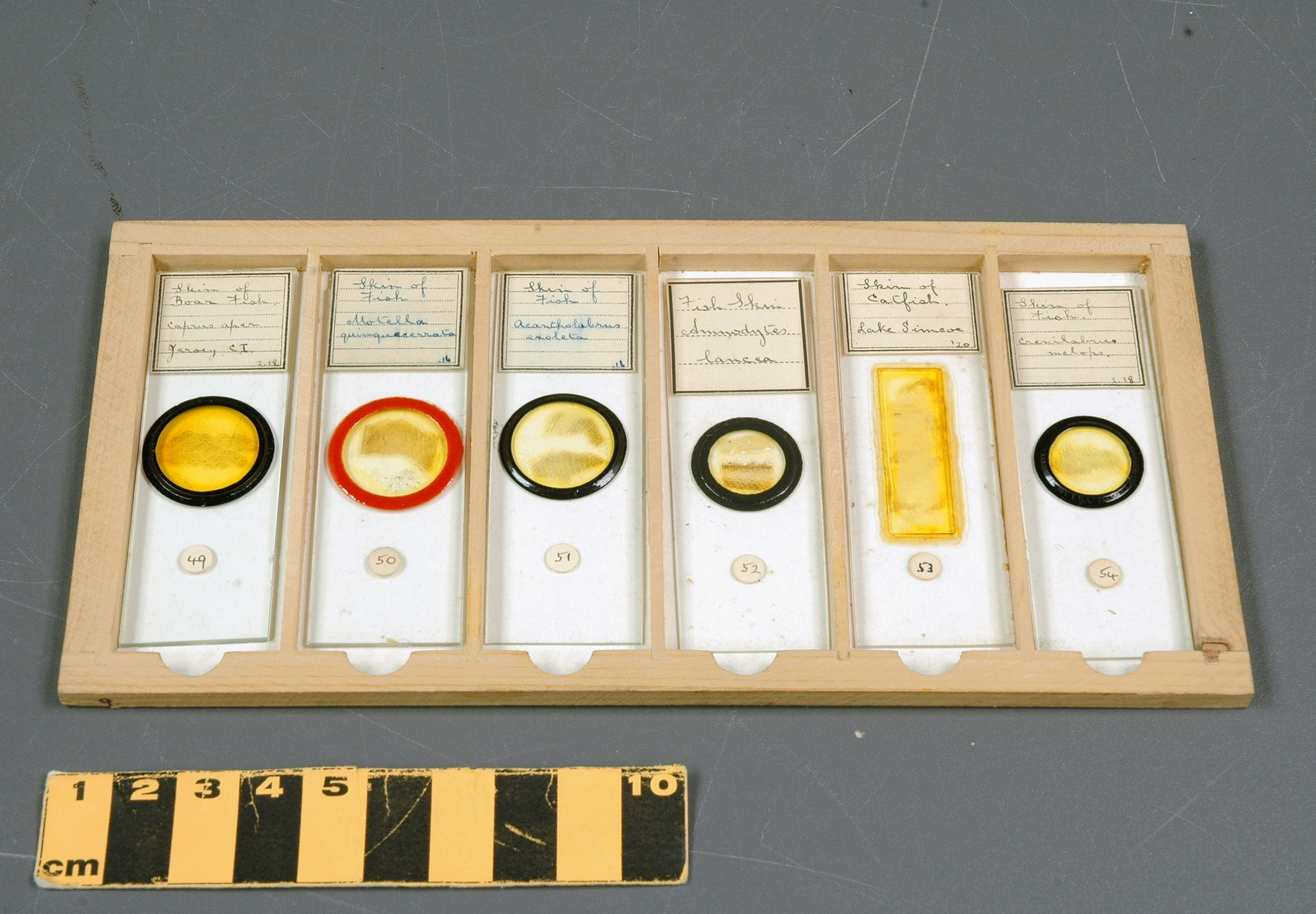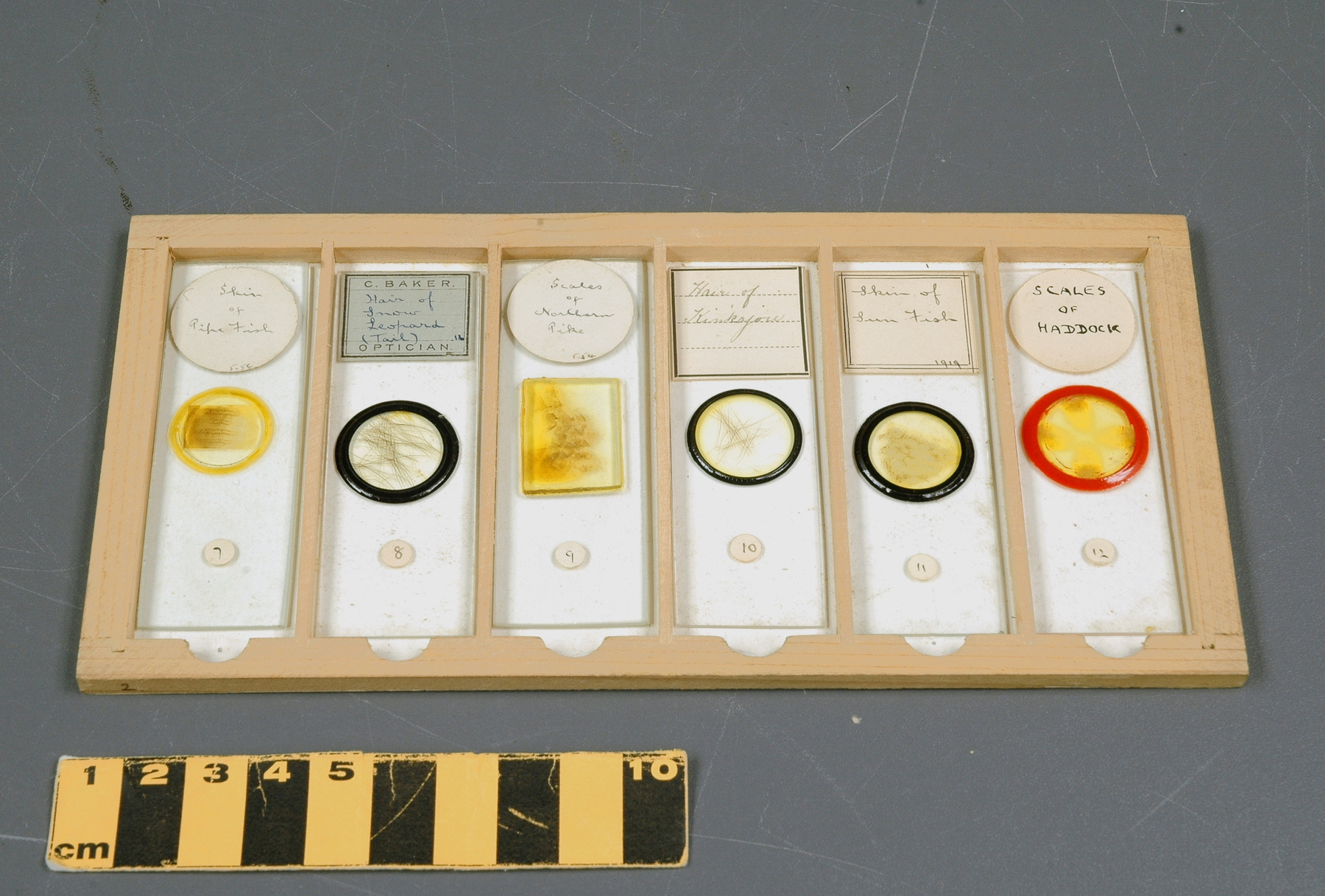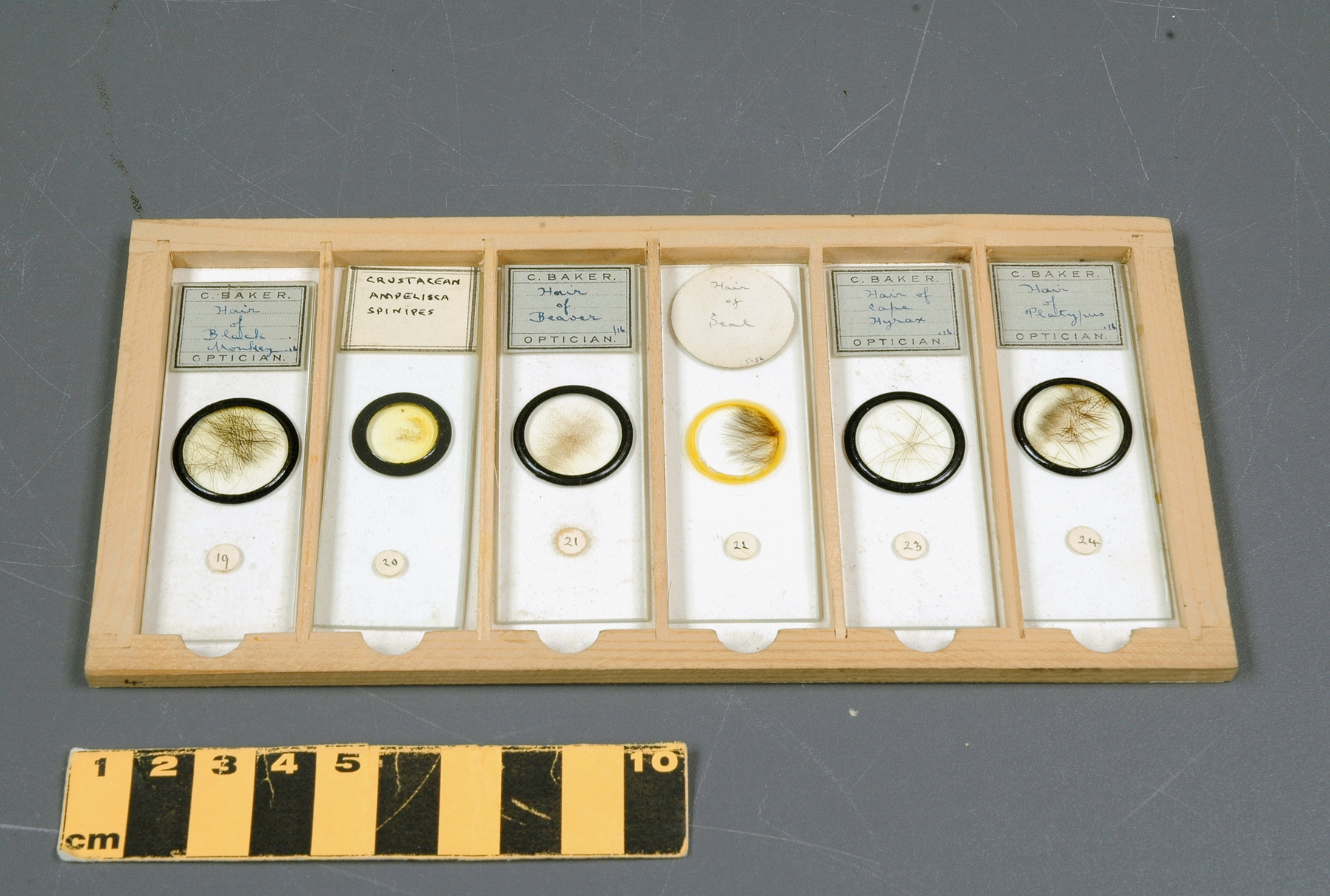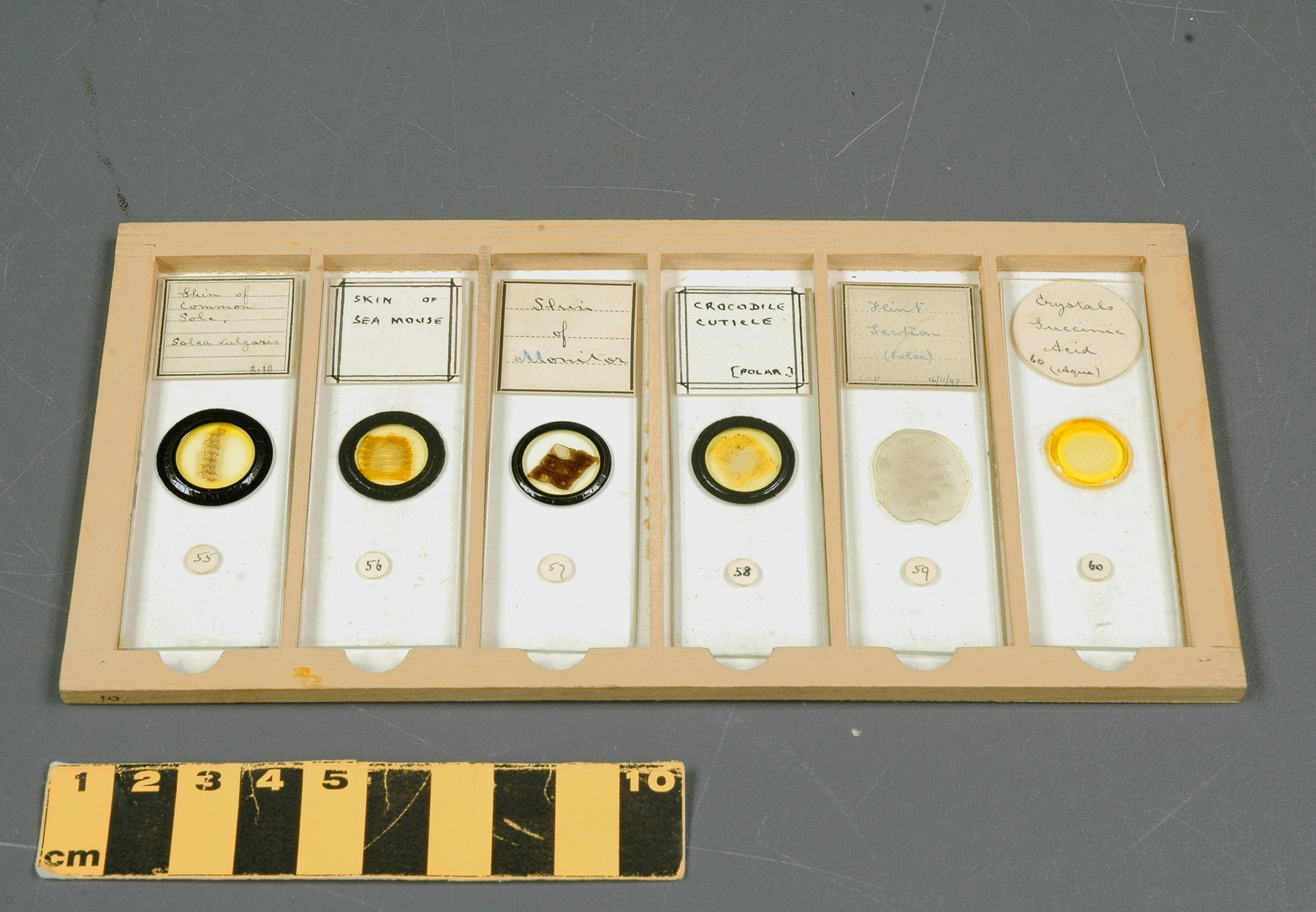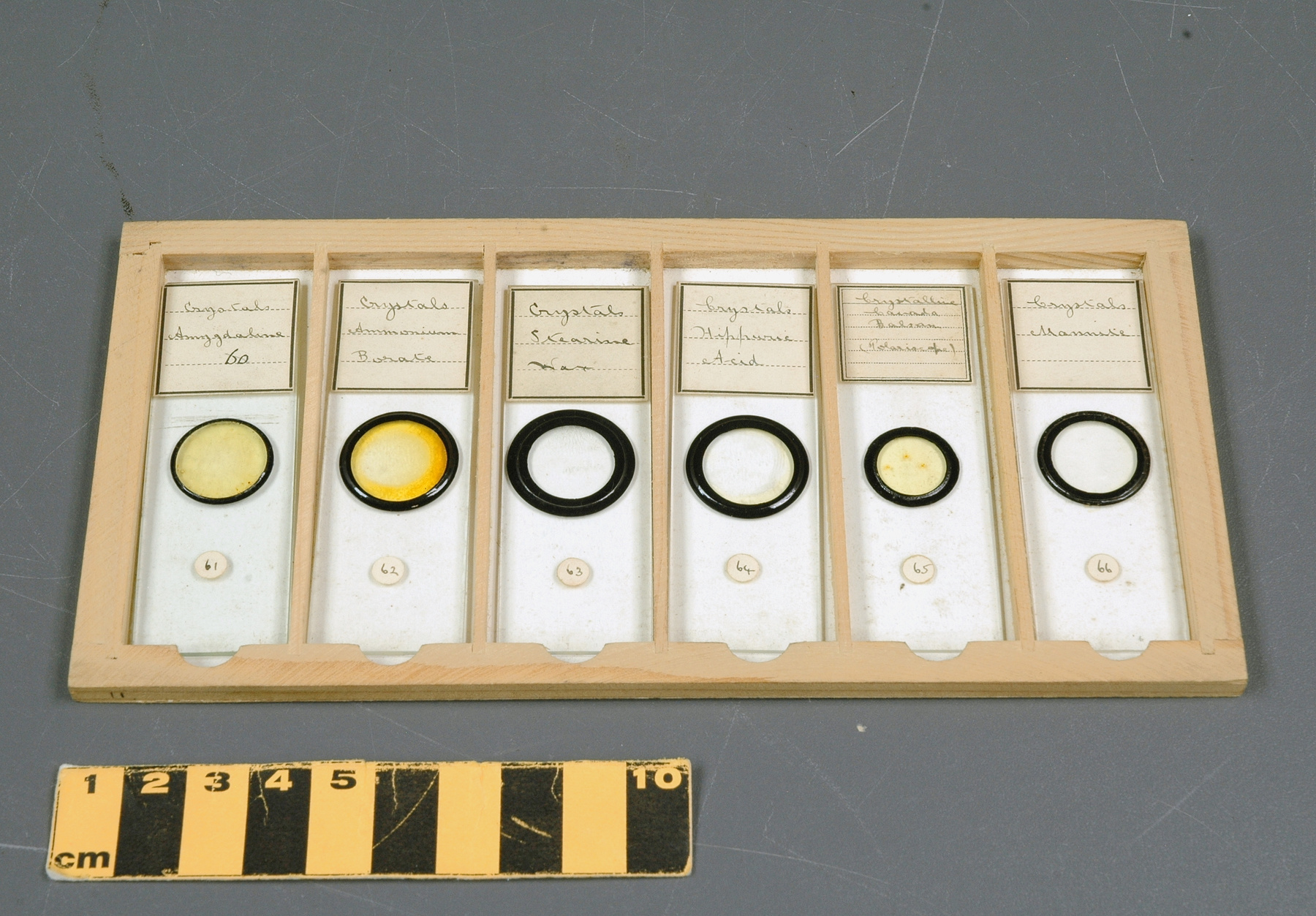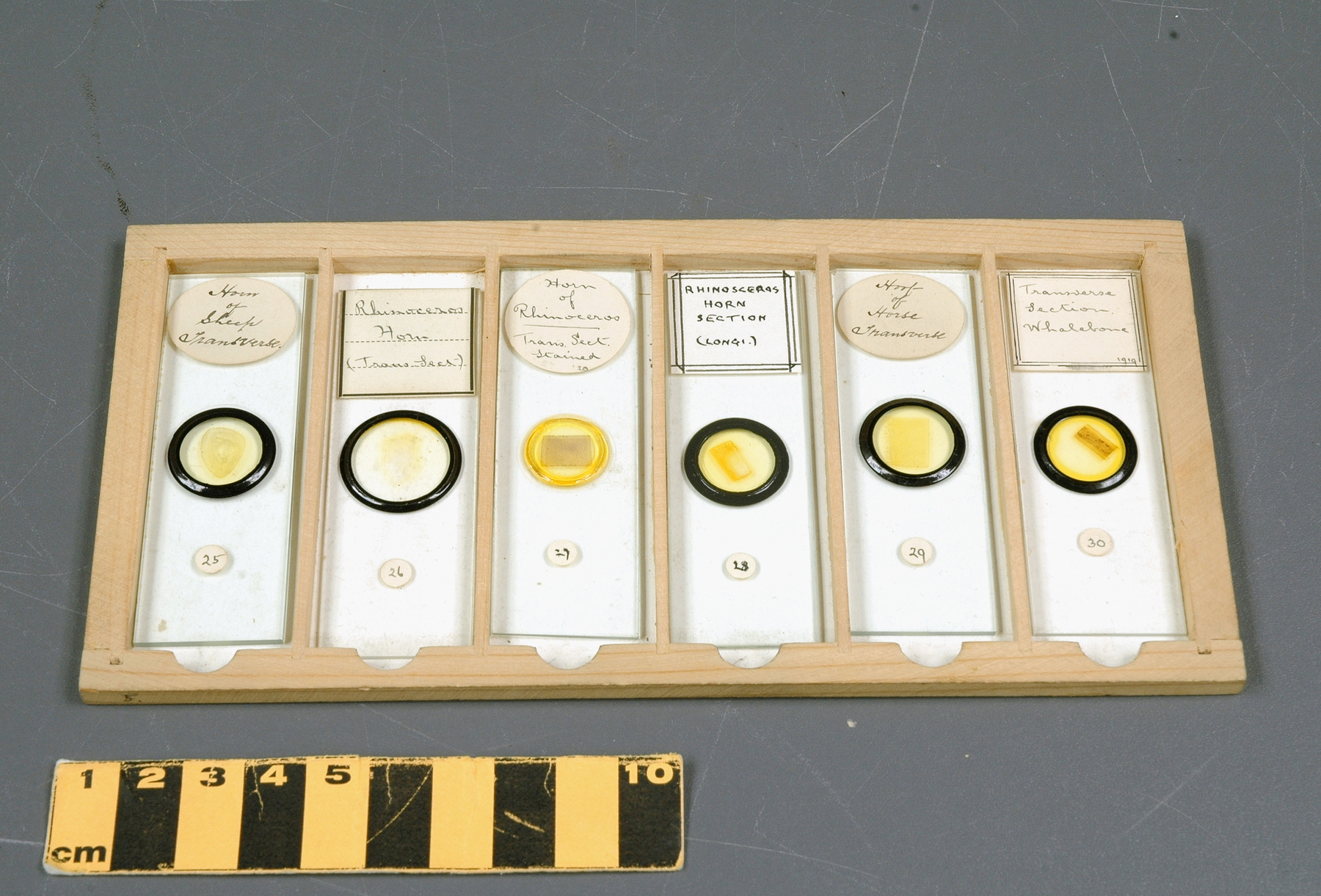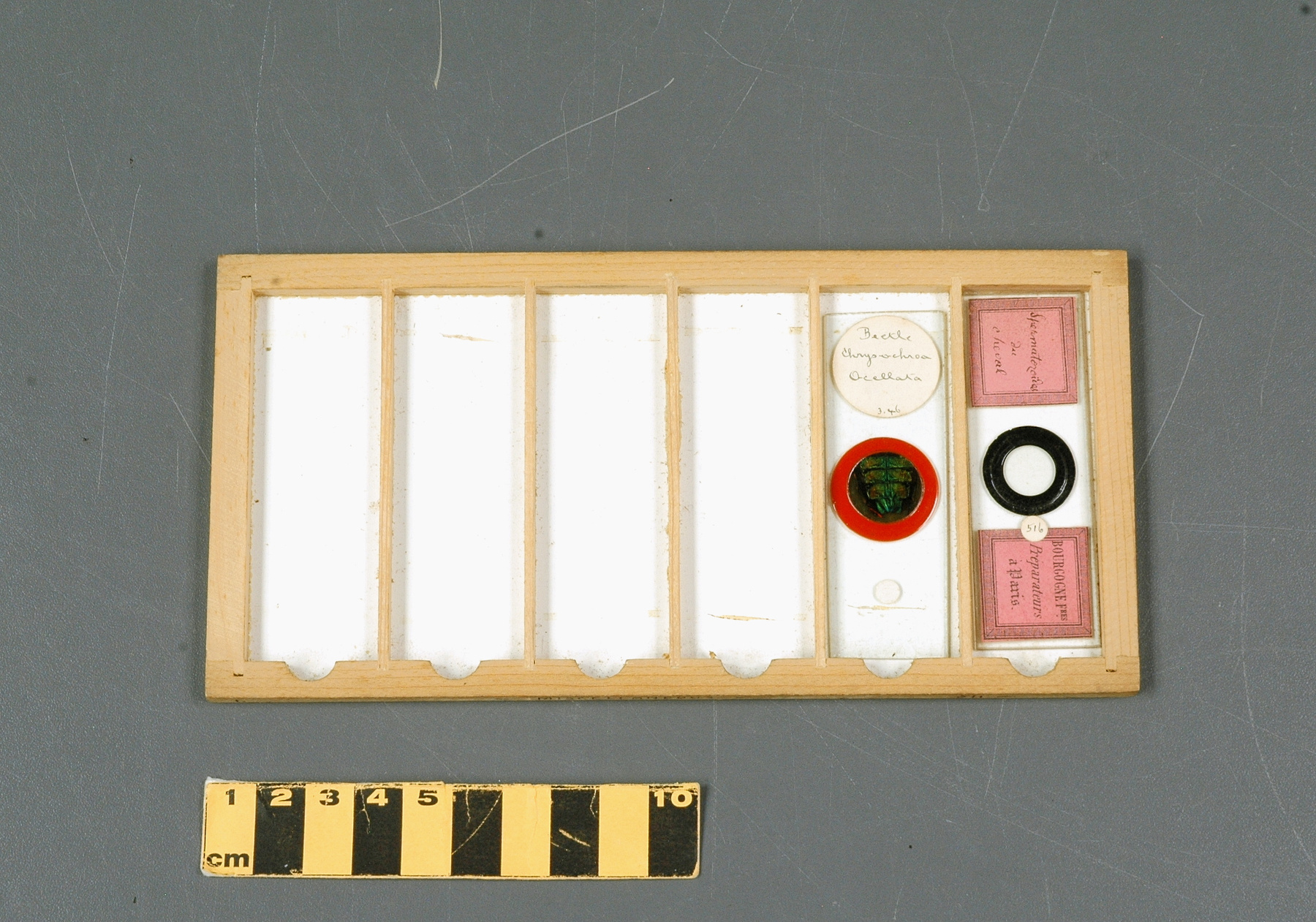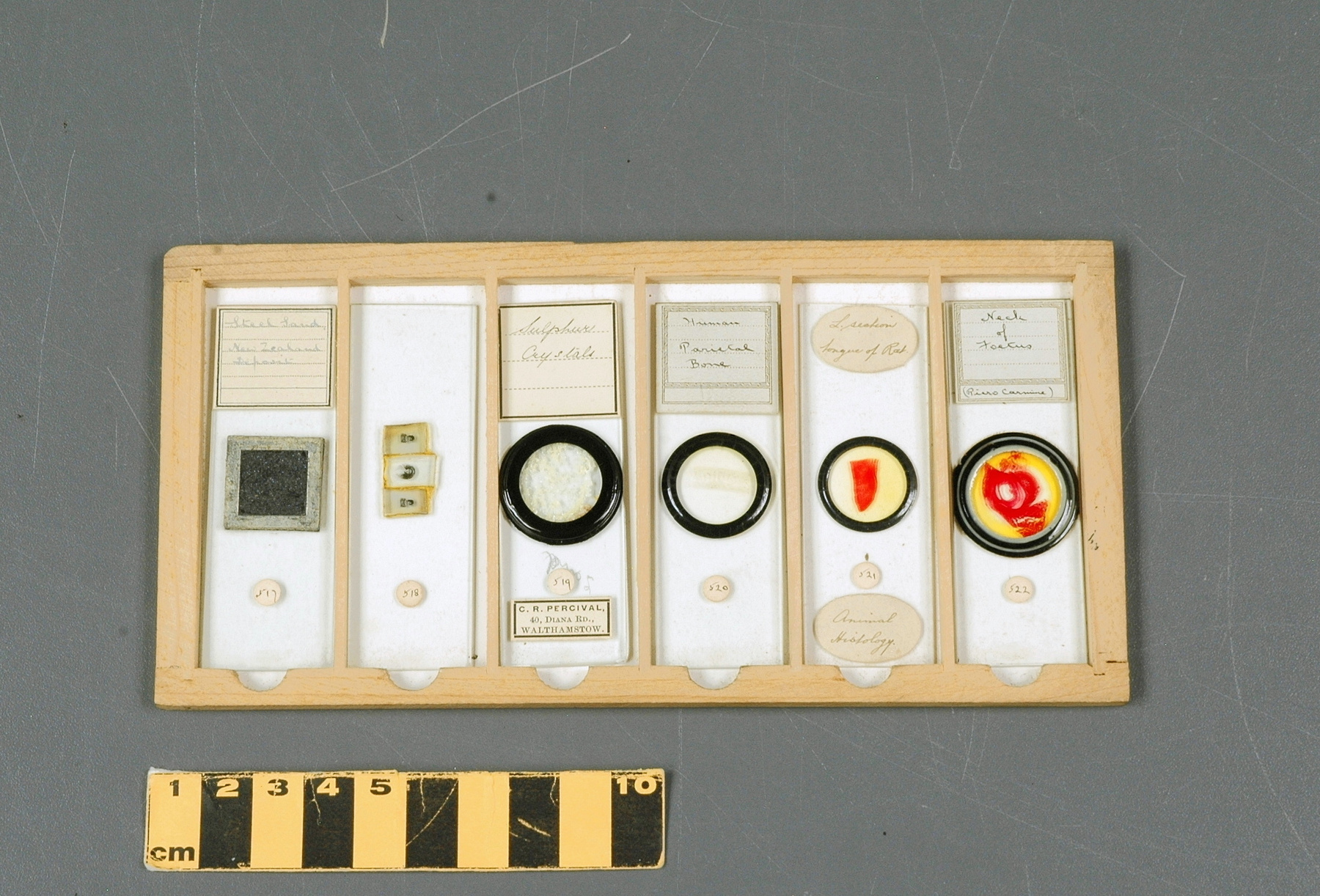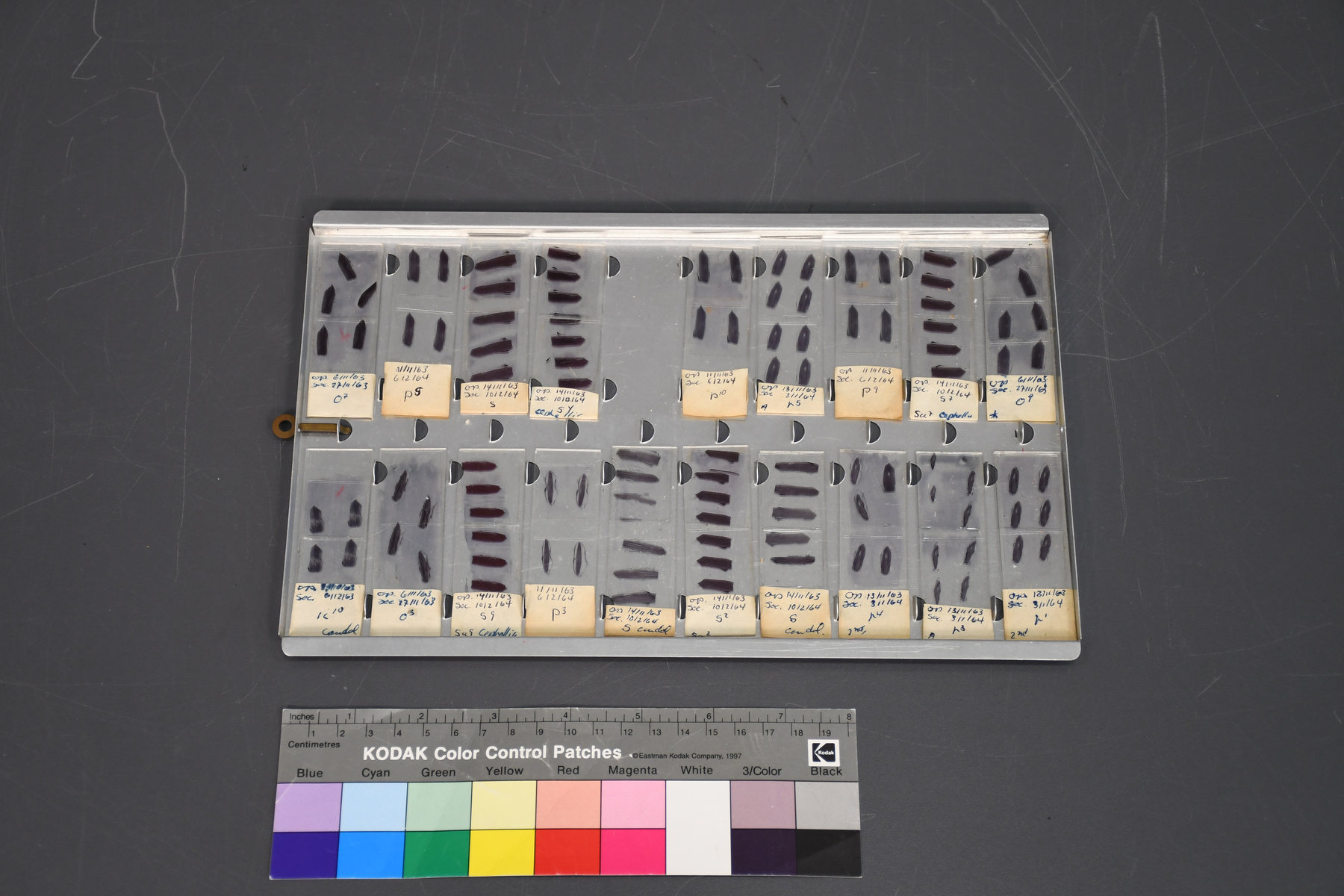Tray, slide
Use this image
Can I reuse this image without permission? Yes
Object images on the Ingenium Collection’s portal have the following Creative Commons license:
Copyright Ingenium / CC BY-NC-ND (Attribution-NonCommercial 4.0 International (CC BY-NC 4.0)
ATTRIBUTE THIS IMAGE
Ingenium,
2007.0299.013
Permalink:
Ingenium is releasing this image under the Creative Commons licensing framework, and encourages downloading and reuse for non-commercial purposes. Please acknowledge Ingenium and cite the artifact number.
DOWNLOAD IMAGEPURCHASE THIS IMAGE
This image is free for non-commercial use.
For commercial use, please consult our Reproduction Fees and contact us to purchase the image.
- OBJECT TYPE
- 20 slide
- DATE
- 1960–1965
- ARTIFACT NUMBER
- 2007.0299.013
- MANUFACTURER
- Eberbach
- MODEL
- Unknown
- LOCATION
- Ann Arbor, Michigan, United States of America
More Information
General Information
- Serial #
- N/A
- Part Number
- 13
- Total Parts
- 26
- AKA
- N/A
- Patents
- N/A
- General Description
- Aluminum tray with a brass handle and a paper label. Plateau en aluminium avec une poignée en laiton et une étiquette en papier.
Dimensions
Note: These reflect the general size for storage and are not necessarily representative of the object's true dimensions.
- Length
- 29.6 cm
- Width
- 18.3 cm
- Height
- N/A
- Thickness
- N/A
- Weight
- N/A
- Diameter
- N/A
- Volume
- N/A
Lexicon
- Group
- Medical Technology
- Category
- Research
- Sub-Category
- N/A
Manufacturer
- AKA
- Eberbach
- Country
- United States of America
- State/Province
- Michigan
- City
- Ann Arbor
Context
- Country
- Canada
- State/Province
- Ontario
- Period
- ca. 1960-1964
- Canada
-
Dr. Gordon Murray (1894-1976) was one of Canada’s leading and controversial surgeons. He was behind several advances in heart and vascular surgery, the development of the anti-coagulant drug, Heparin, the creation of an experimental cancer treatment, and the development of a kidney dialysis machine. In 1967, Murray was also involved in a heated controversy related to the spinal cord when he claimed to reverse paralysis by repairing spinal tissue. Le Dr Gordon Murray (1894-1976) était l’un des chirurgiens les plus en vue et controversés du Canada. Il a été à l’origine de plusieurs avancées en chirurgie cardiaque et vasculaire, du développement de l’anticoagulant, l’héparine, de la création d’un traitement expérimental contre le cancer et du développement d’une machine de dialyse rénale. En 1967, Murray a également été impliqué dans une controverse animée liée à la moelle épinière quand il a prétendu inverser la paralysie en réparant le tissu spinal. - Function
-
A tray to hold and stabilize microscope slides within a wooden box. Un plateau pour porter et stabiliser des porte-objets dans une boîte. - Technical
-
Dr. Charles H. Tator of Toronto examined these samples and commented: “The wooden box containing metal trays of slides contained slides from a variety of experiments, including several experiments on the rabbit spinal cord. Most of the material was stained with cresyl violet or Nissl staining. They showed spinal cord injuries, and many of them were very severe injuries. The experiments were dated from 1961 to 1963. The wooden box also contained several trays of slides that appear to be mainly hematoxylin and eosin stained sections of various organs including kidney, intestine, etc. and it was not apparent to me the nature of the experiments that generated these non-neurological histological sections.” Le Dr Charles H. Tator, de Toronto, a examiné ces échantillons et a fait la remarque suivante : « La boîte en bois contenant des plateaux de lames métalliques contenait des lames provenant de diverses expériences, y compris plusieurs expériences sur la moelle épinière du lapin. La majeure partie du matériau était tachée de violet de cresyl ou de Nissl. Ils montraient des lésions de la moelle épinière et beaucoup d'entre eux étaient des blessures très graves. Les expériences ont été datées de 1961 à 1963. La boîte en bois contenait également plusieurs plateaux de lames qui semblent être principalement de l'hématoxyline et des sections colorées d'éosine de divers organes, y compris les reins, l'intestin, etc. et il n'était pas évident pour moi la nature des expériences qui ont généré ces coupes histologiques neurologiques. » - Area Notes
-
Unknown
Details
- Markings
- Printed on the label on the proper front: "12"
- Missing
- Appears complete
- Finish
- Light grey metal tray with a dark, dull brass-coloured ring handle and a white label on the proper front with a black printed number. Plateau en métal gris clair avec une poignée annulaire en laiton et une étiquette blanche sur le devant avec un numéro imprimé en noir.
- Decoration
- N/A
CITE THIS OBJECT
If you choose to share our information about this collection object, please cite:
Eberbach, Tray, slide, circa 1960–1965, Artifact no. 2007.0299, Ingenium – Canada’s Museums of Science and Innovation, http://collections.ingeniumcanada.org/en/id/2007.0299.013/
FEEDBACK
Submit a question or comment about this artifact.
More Like This
